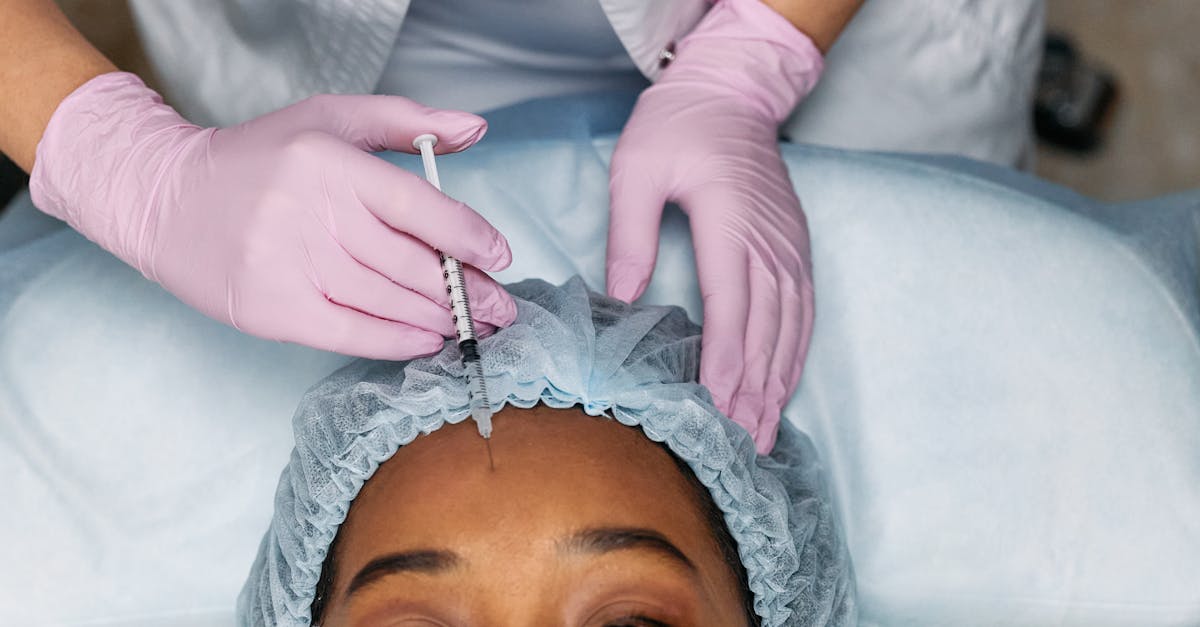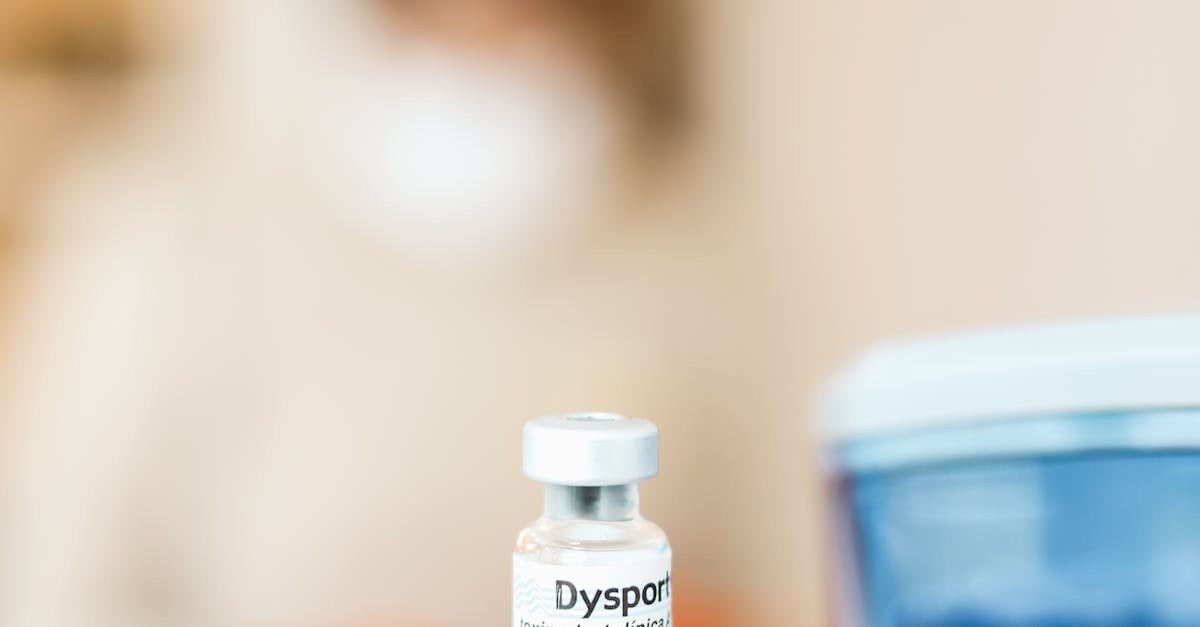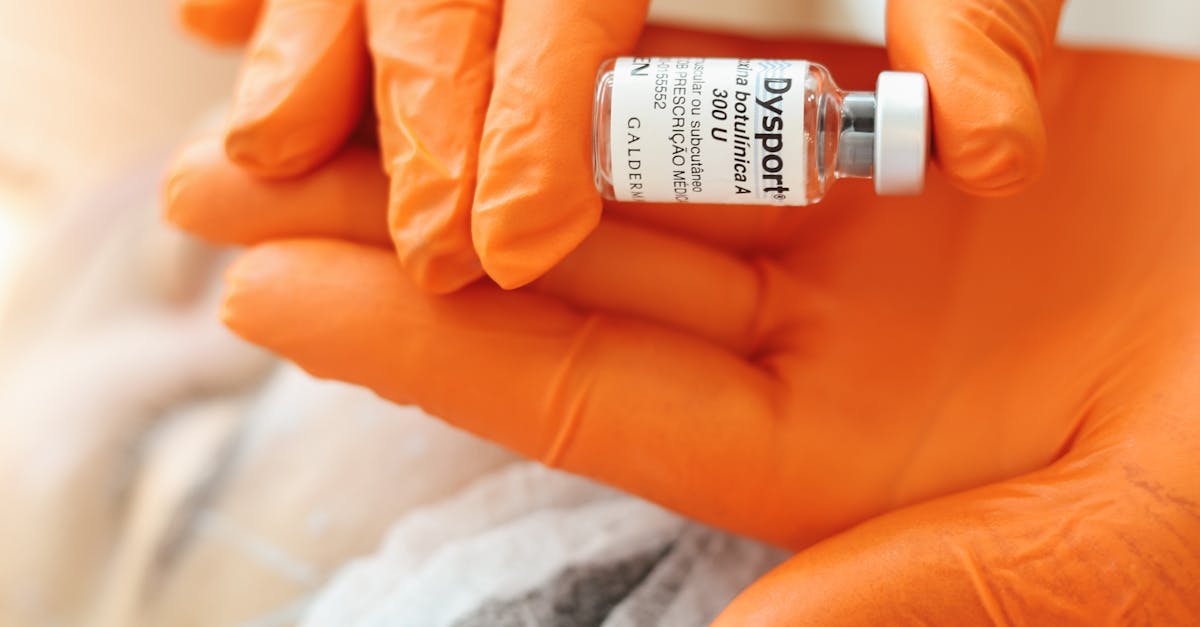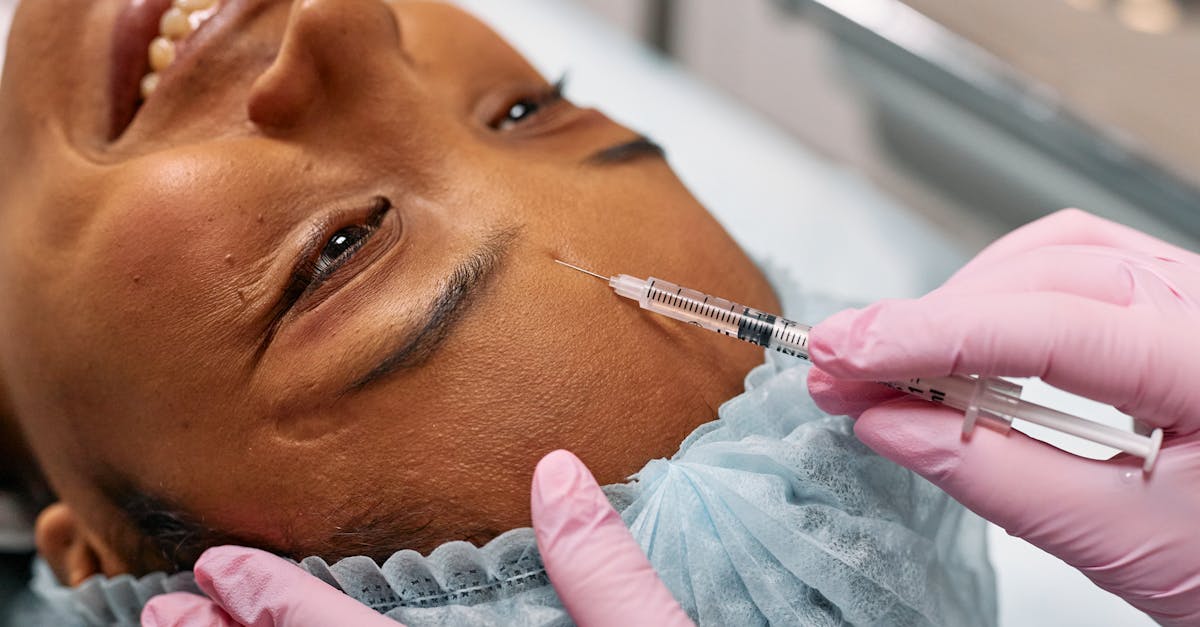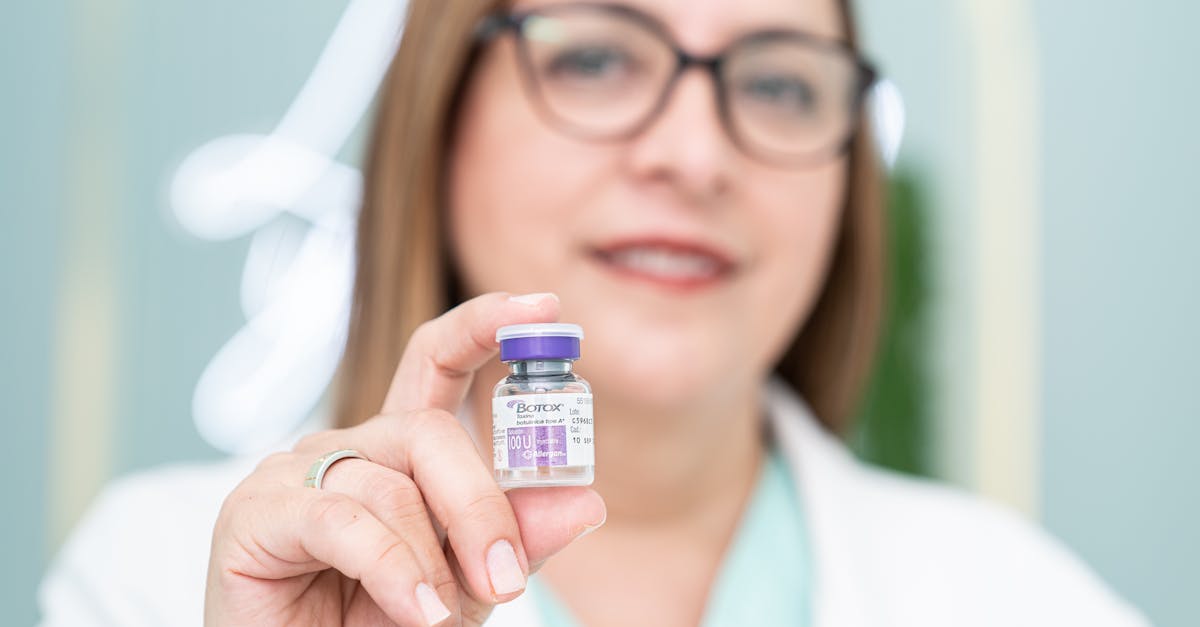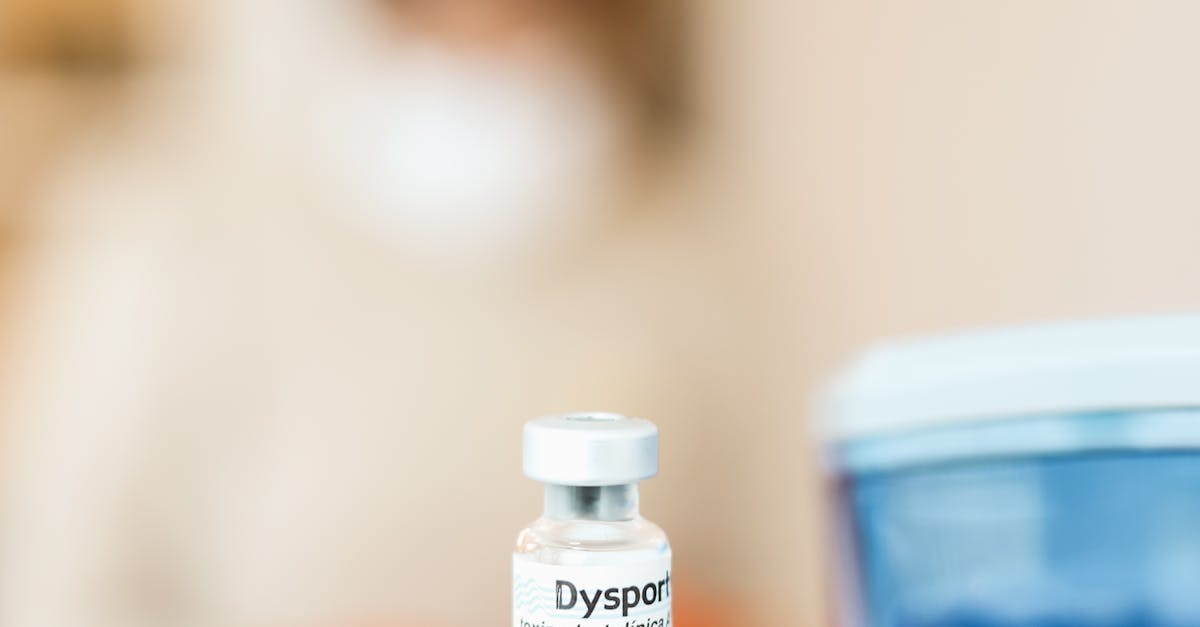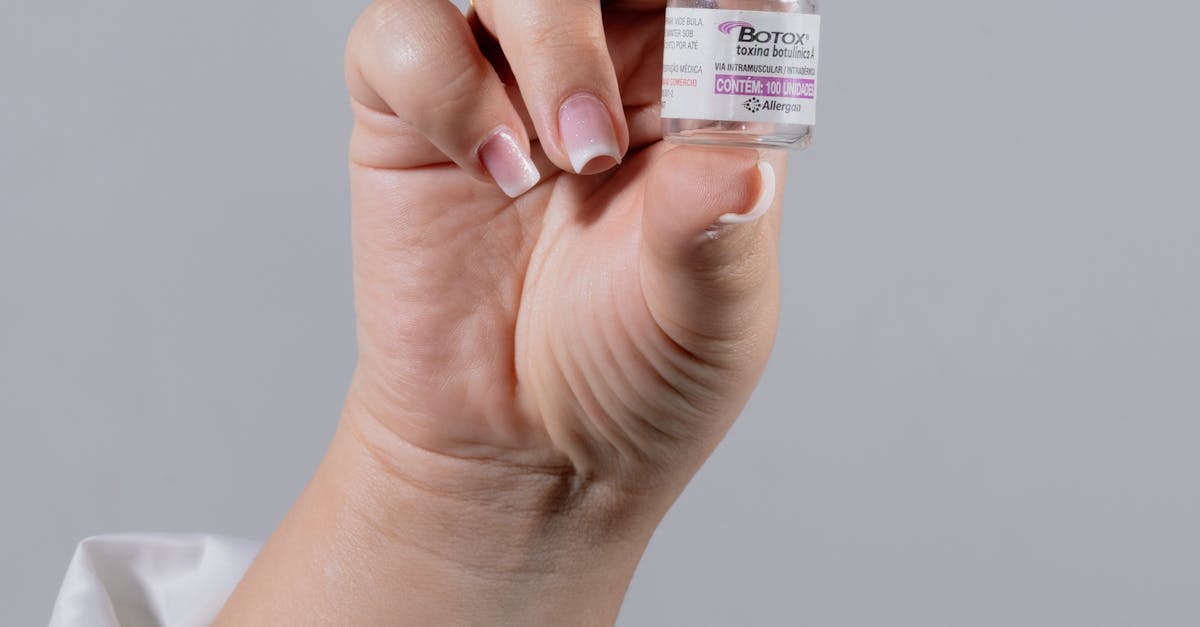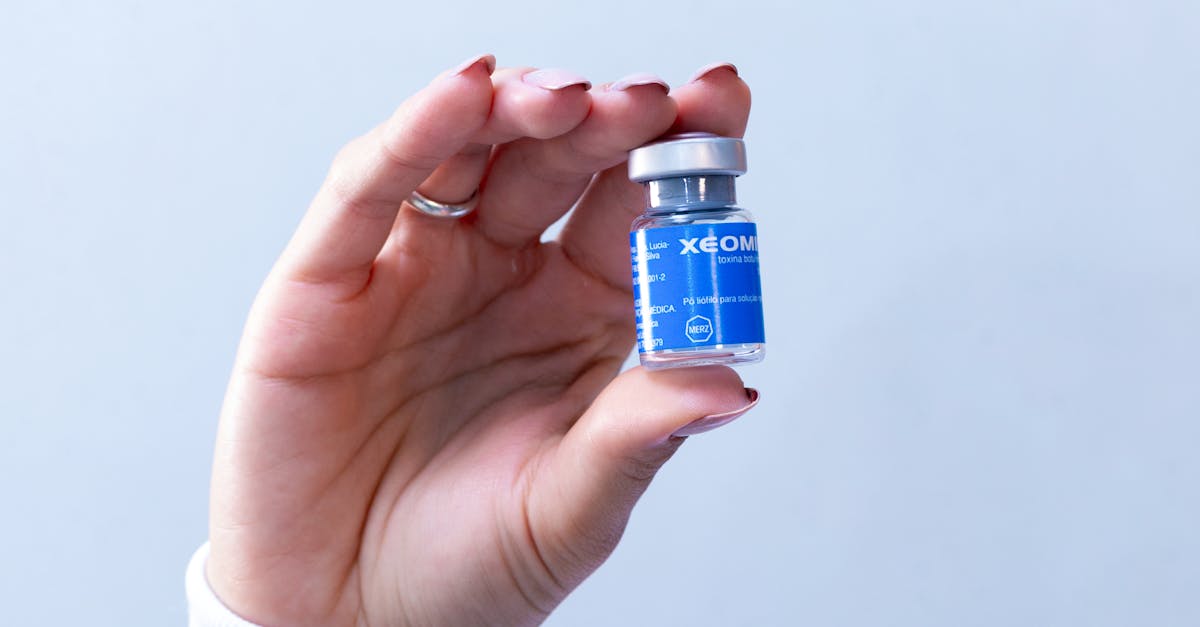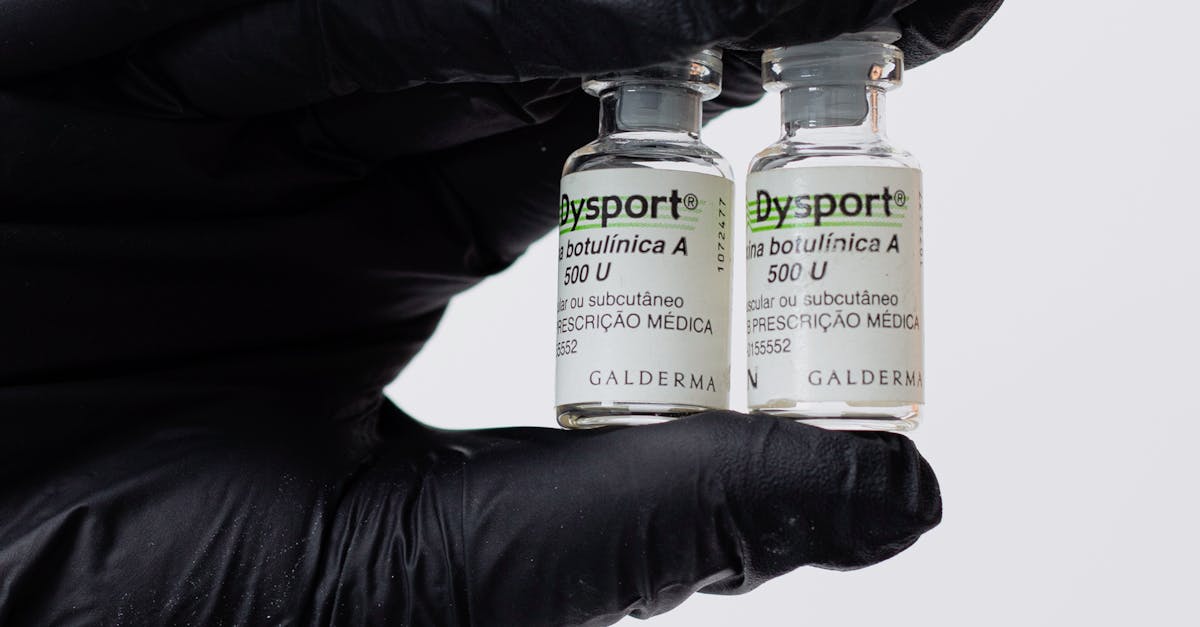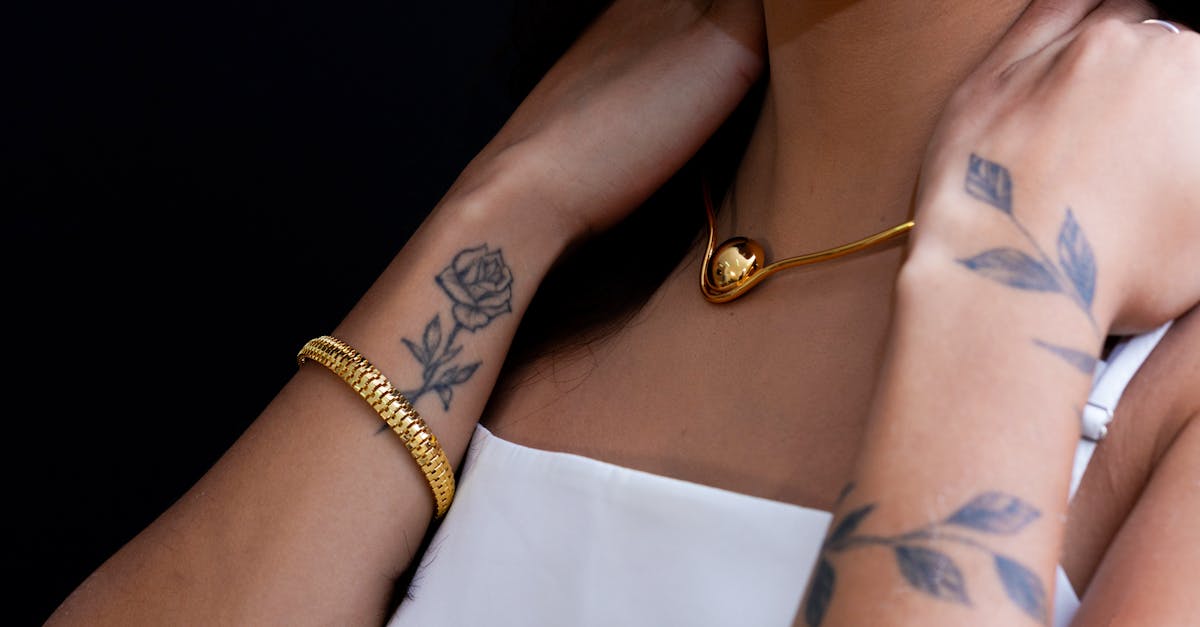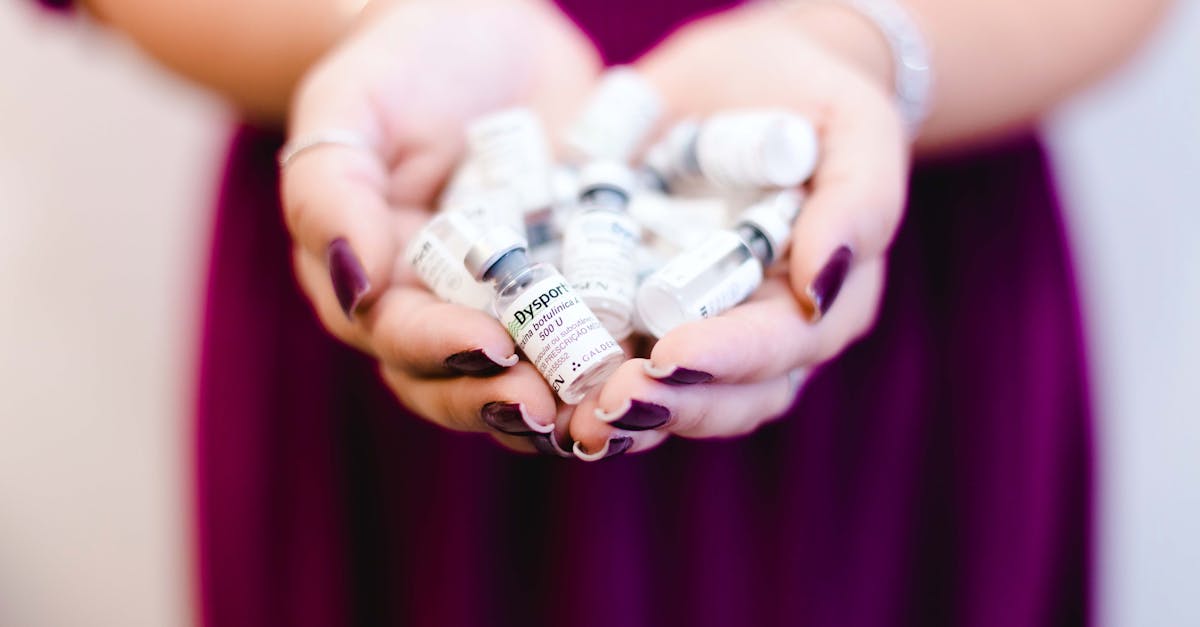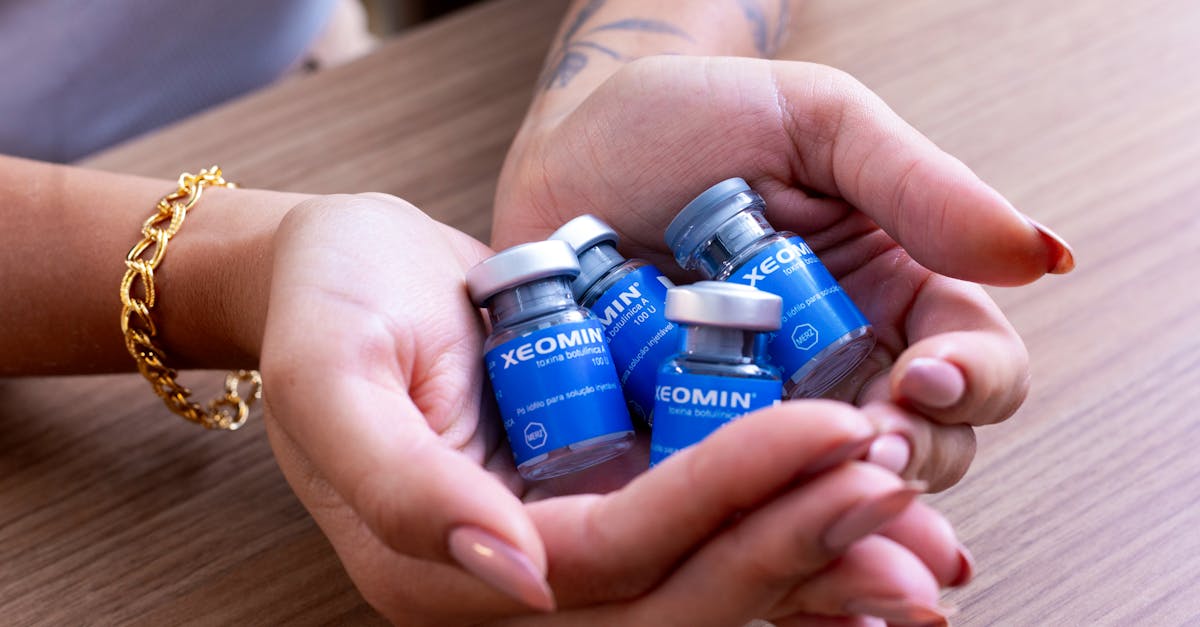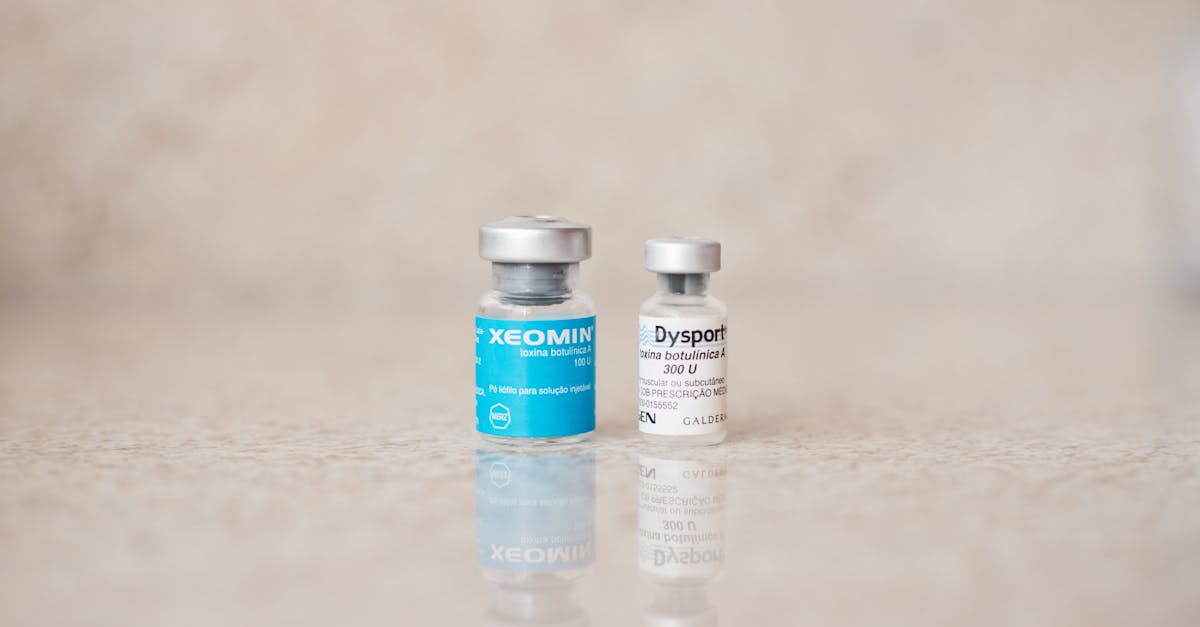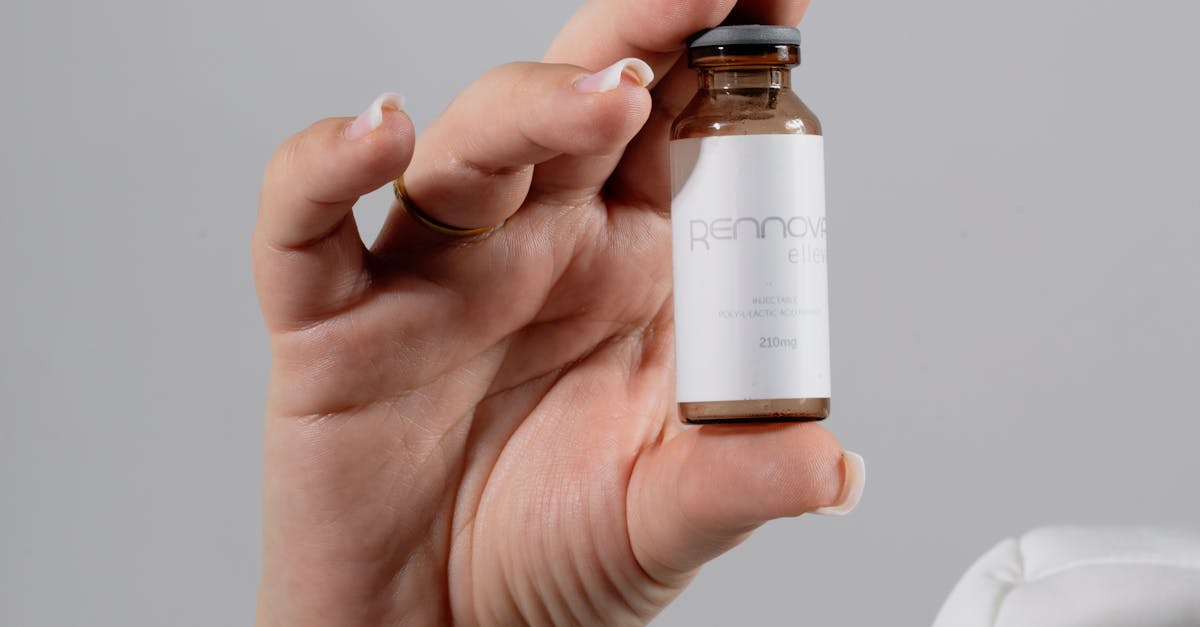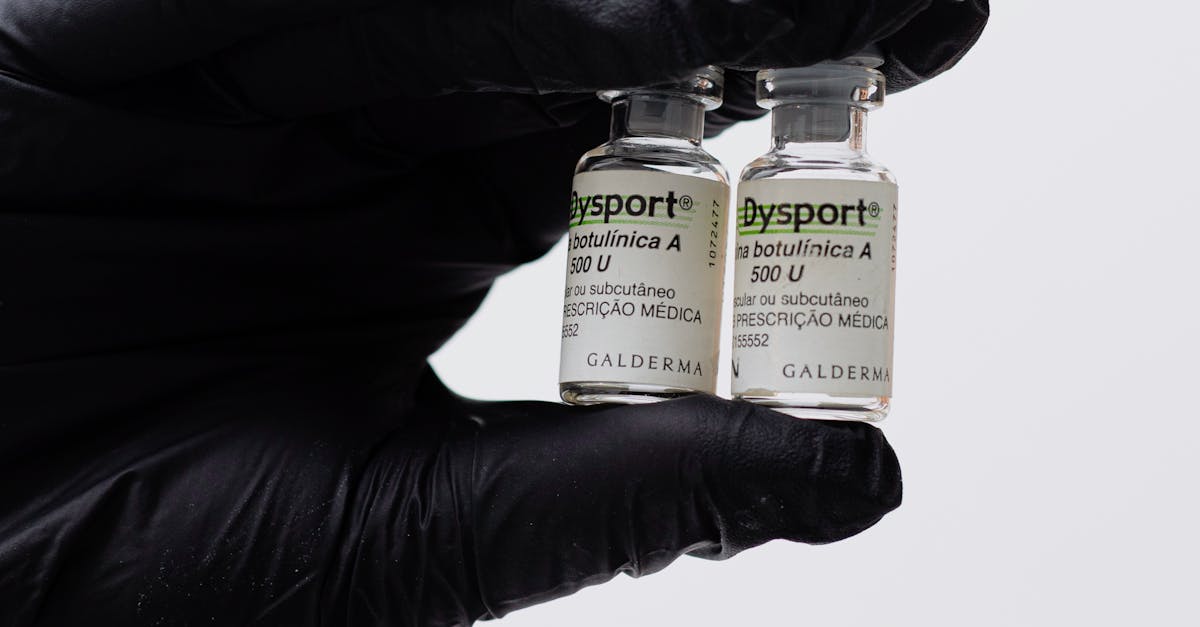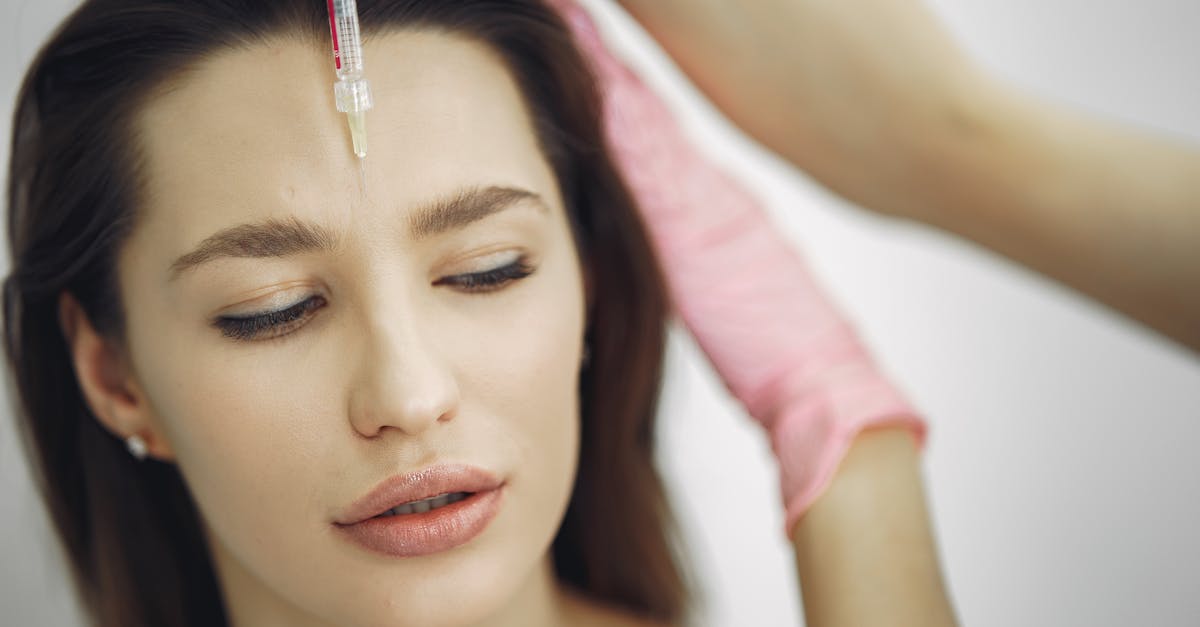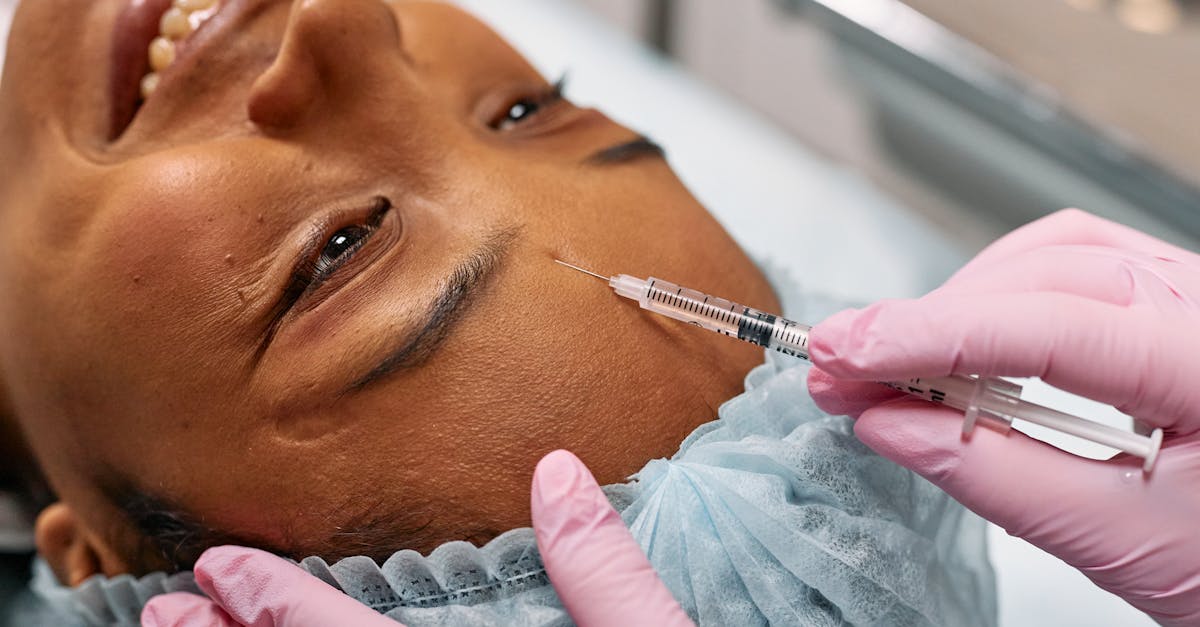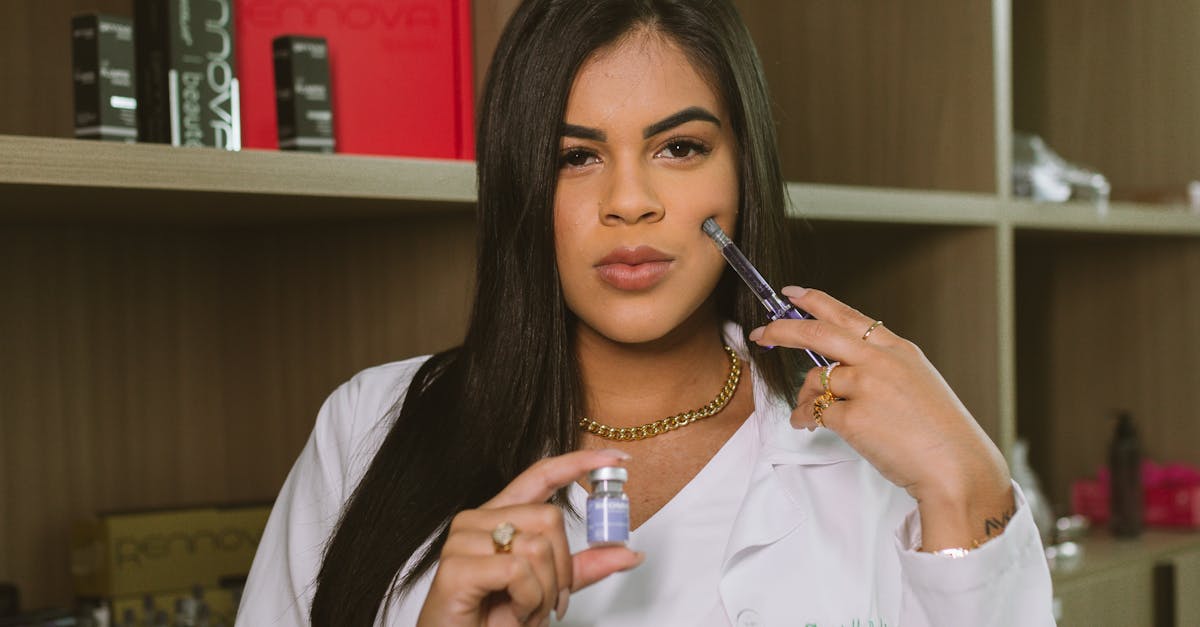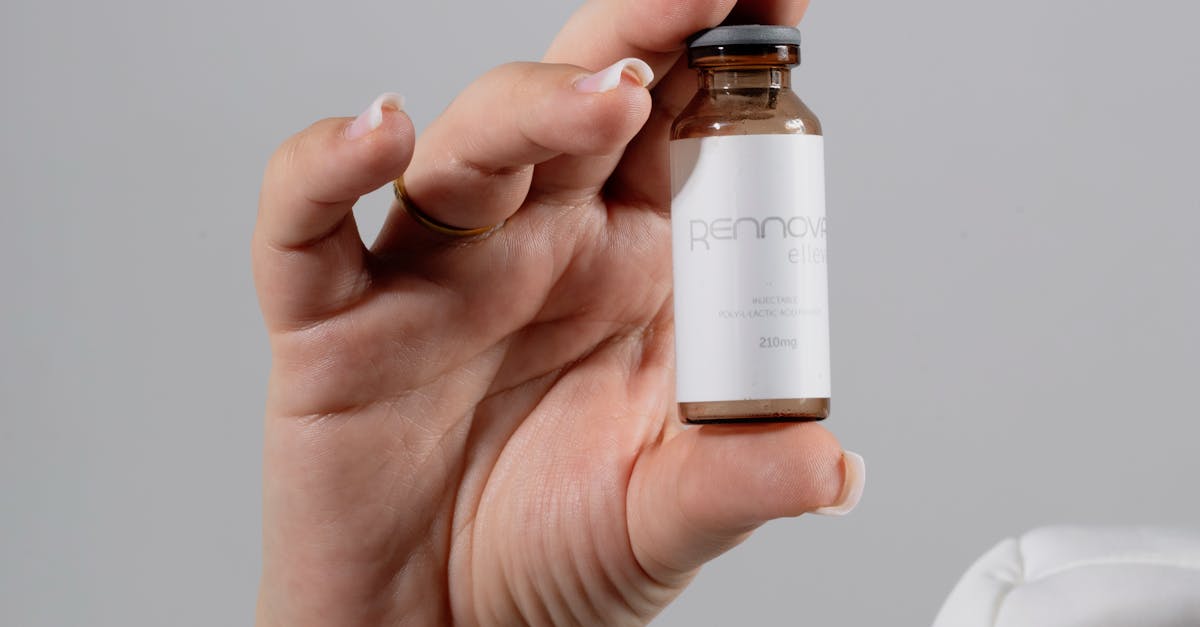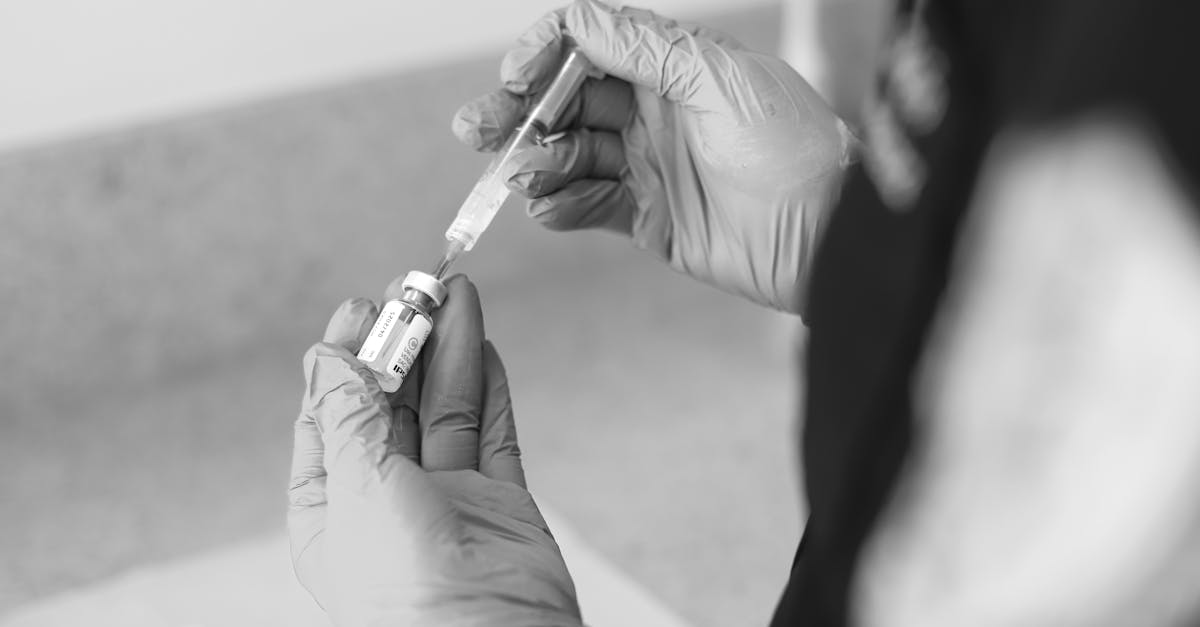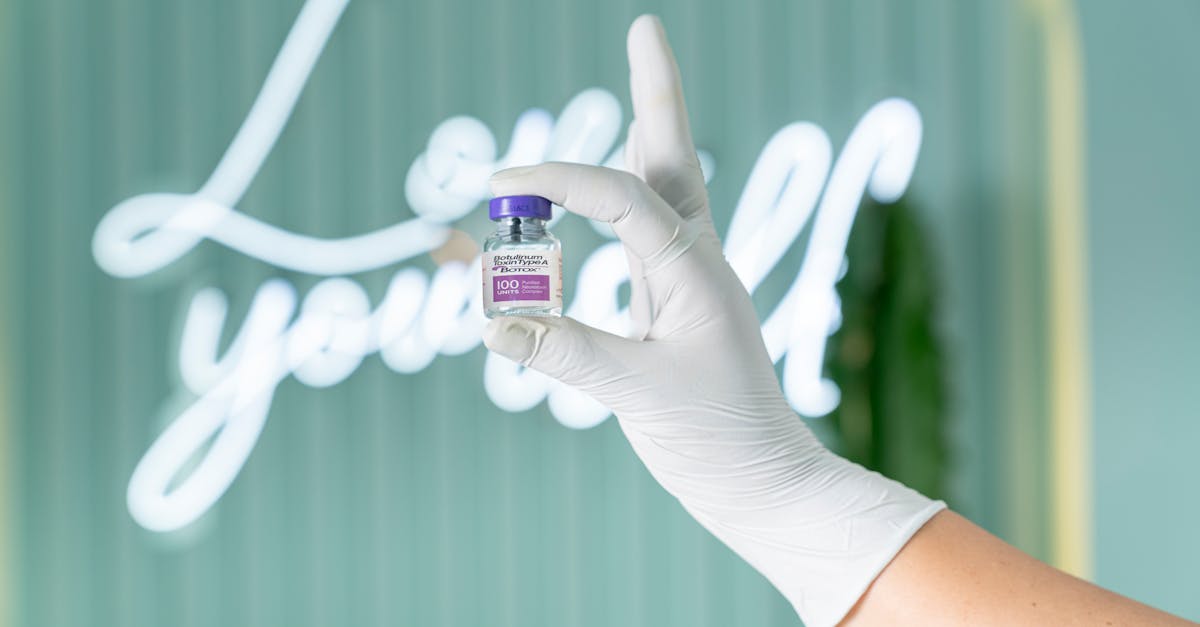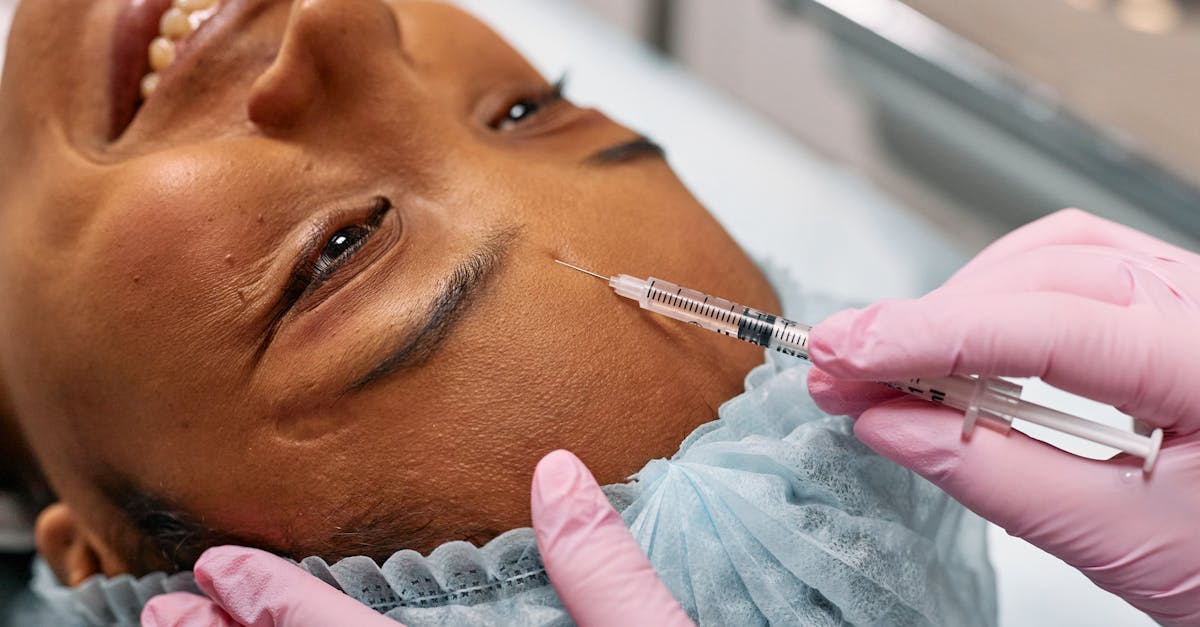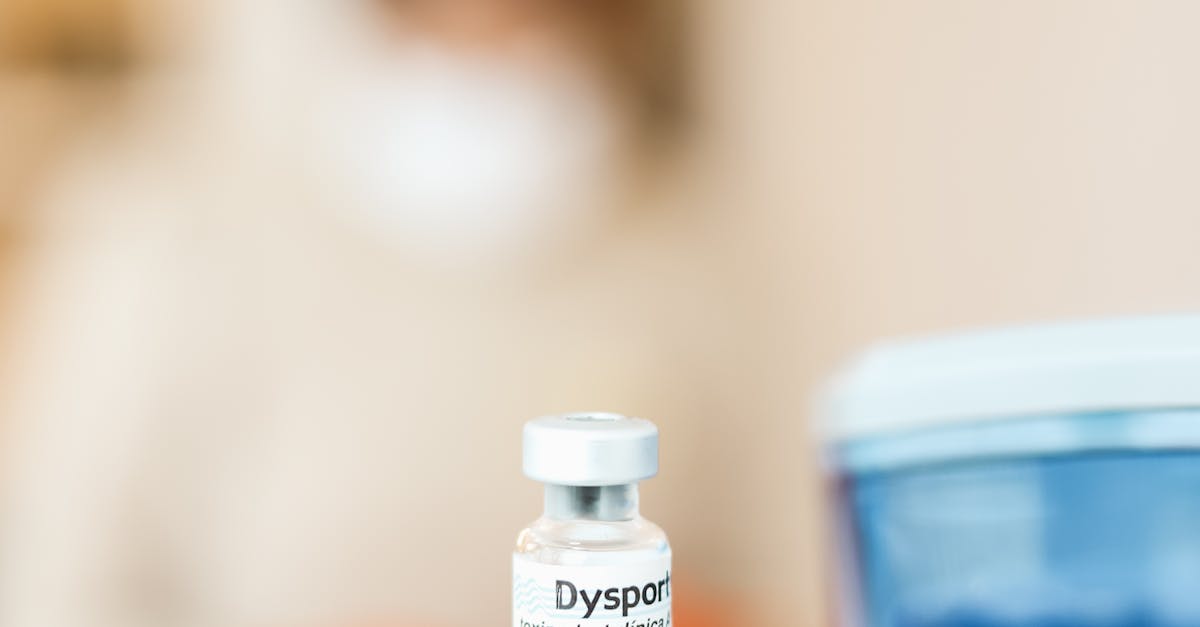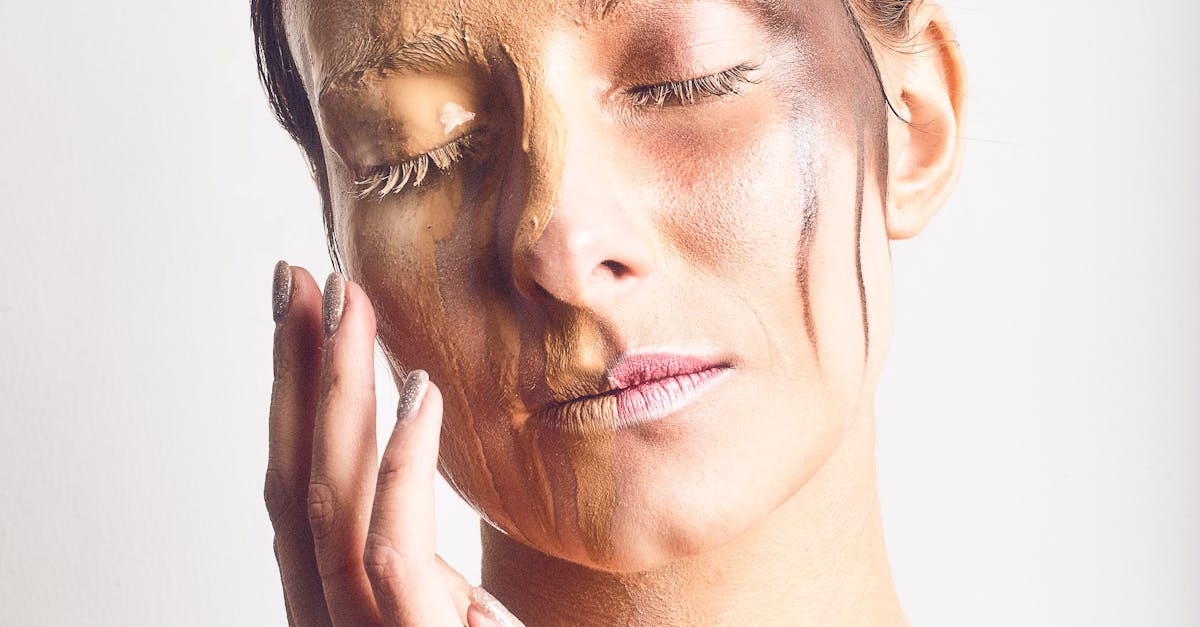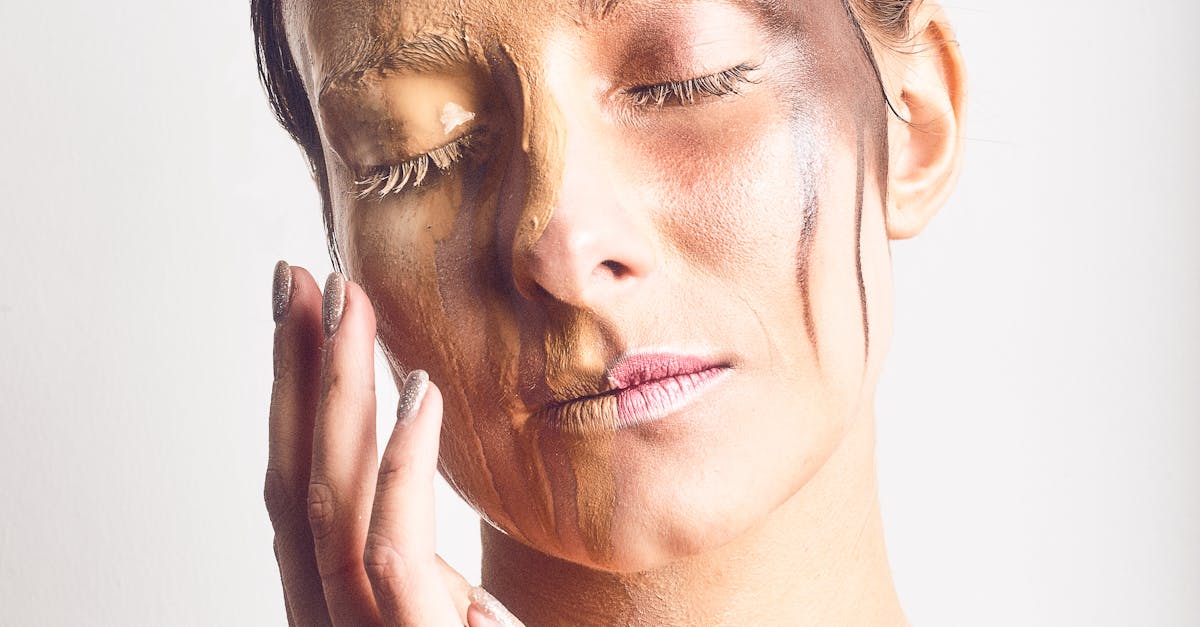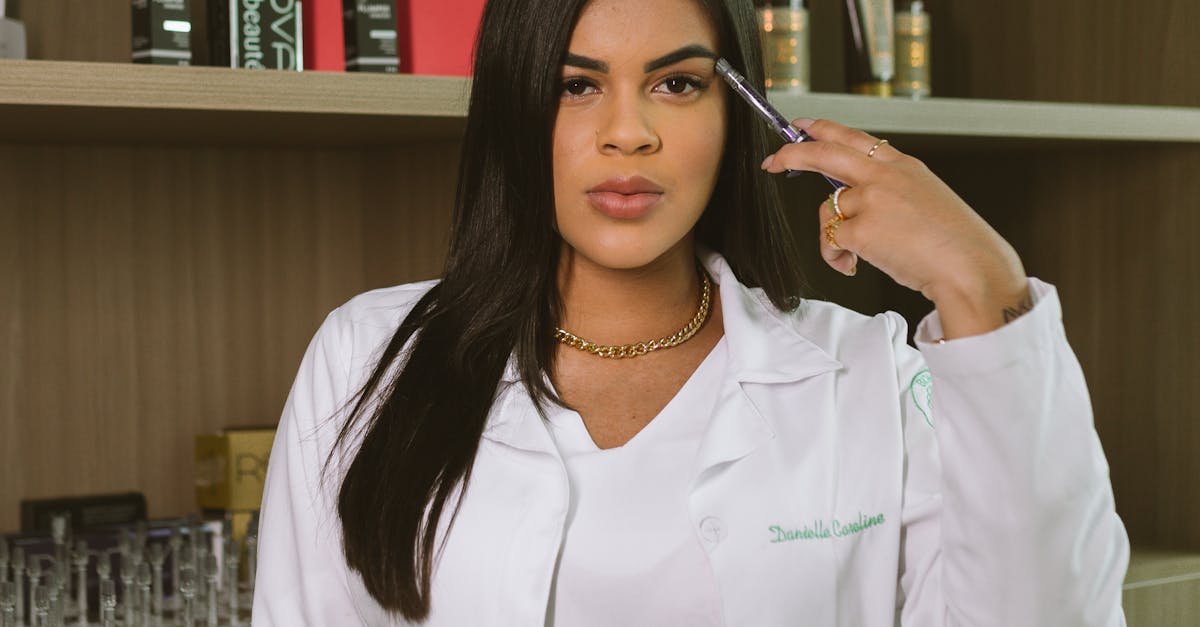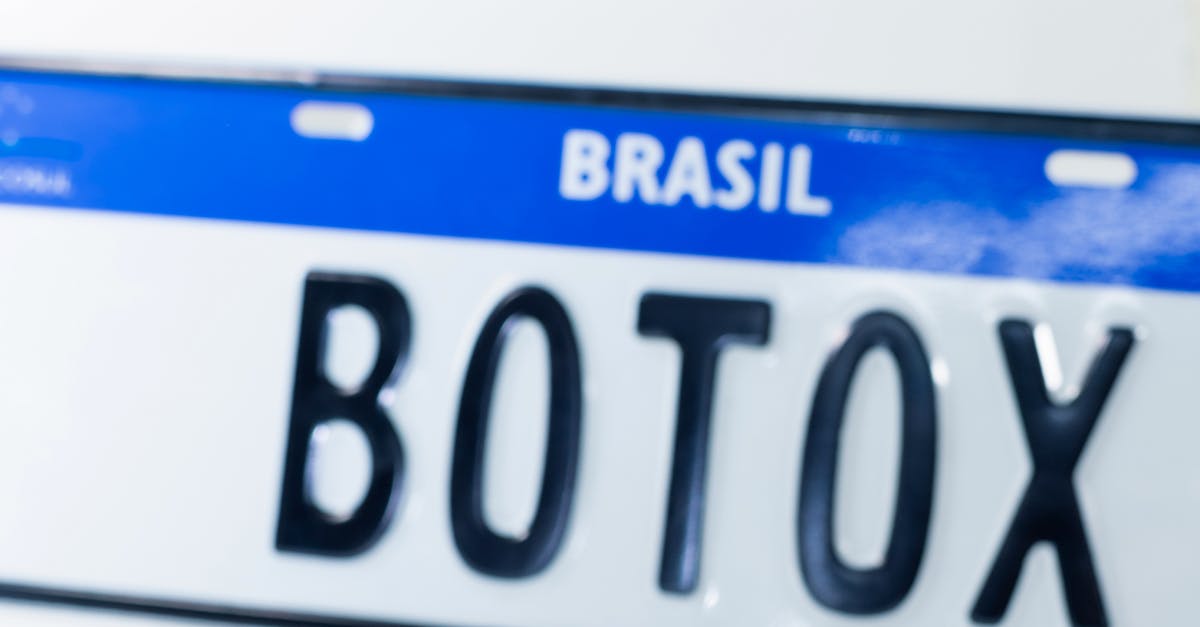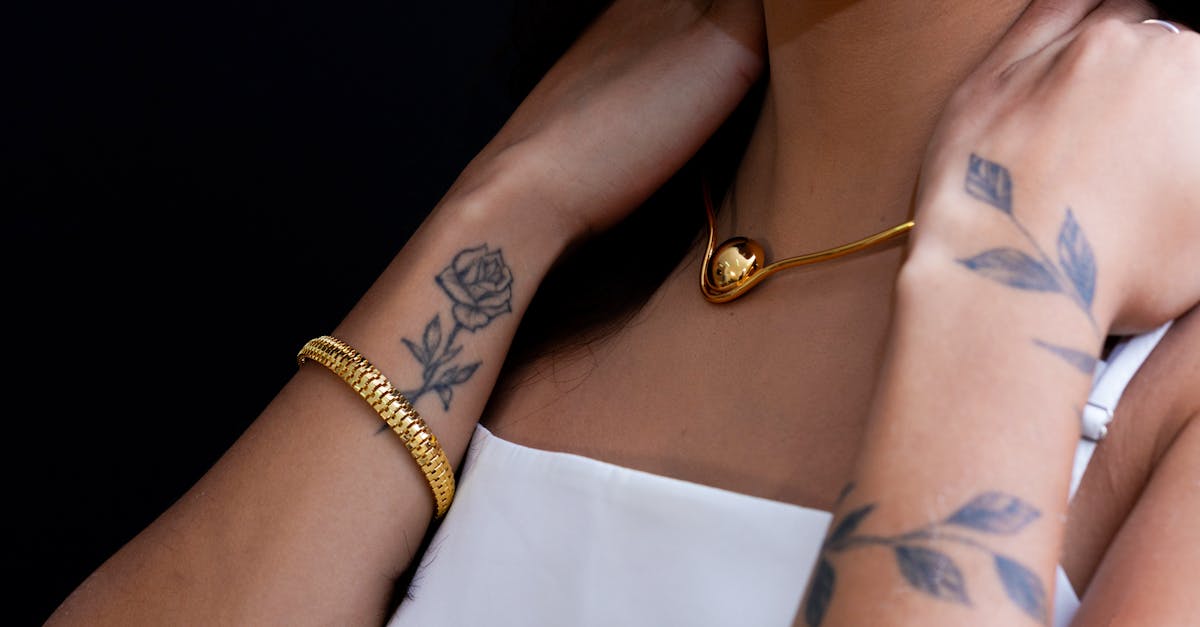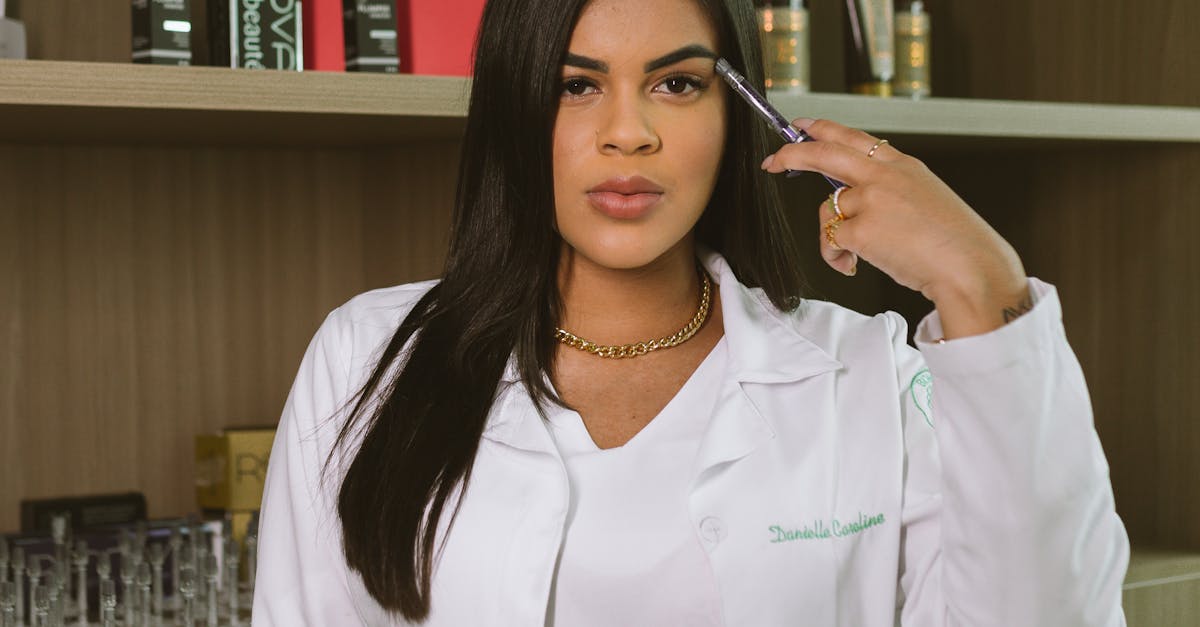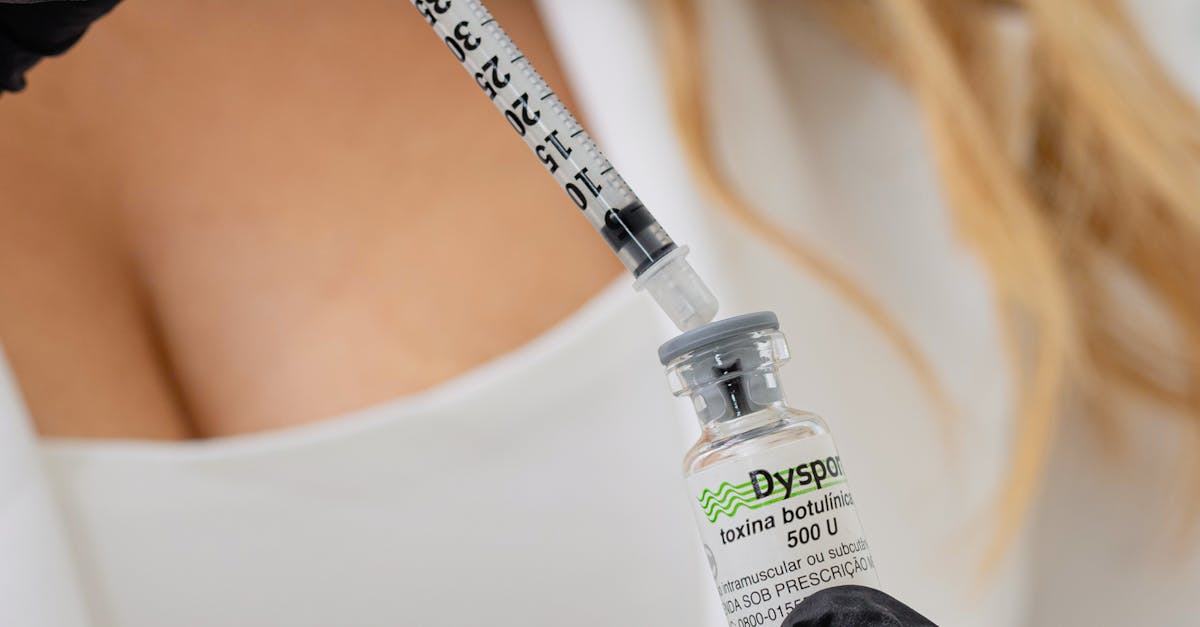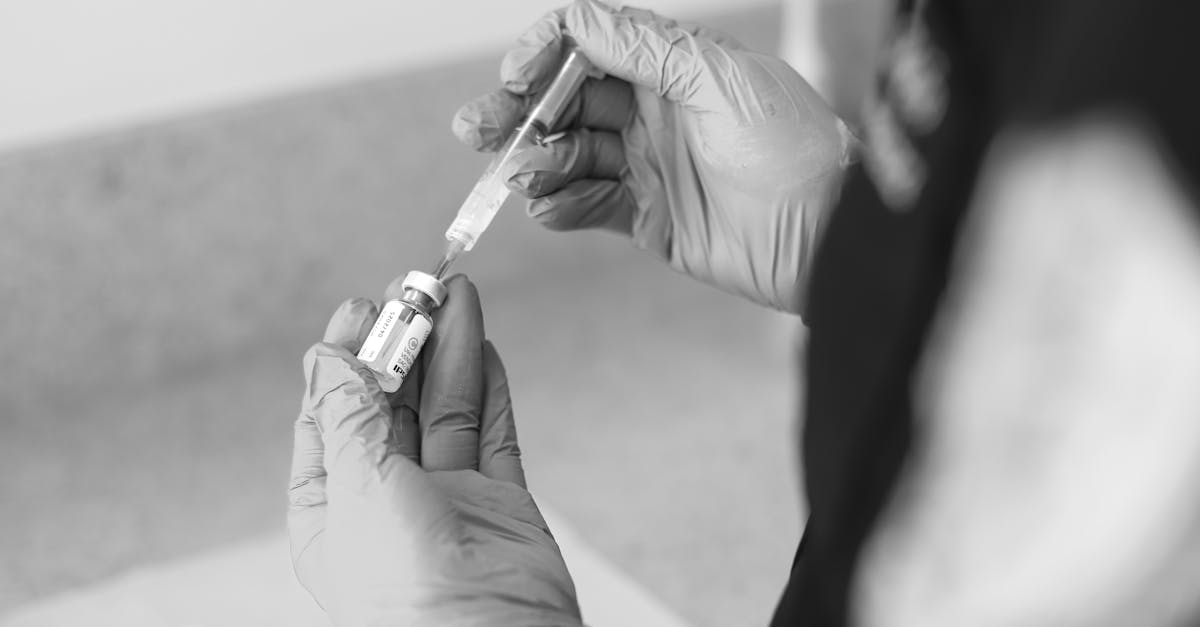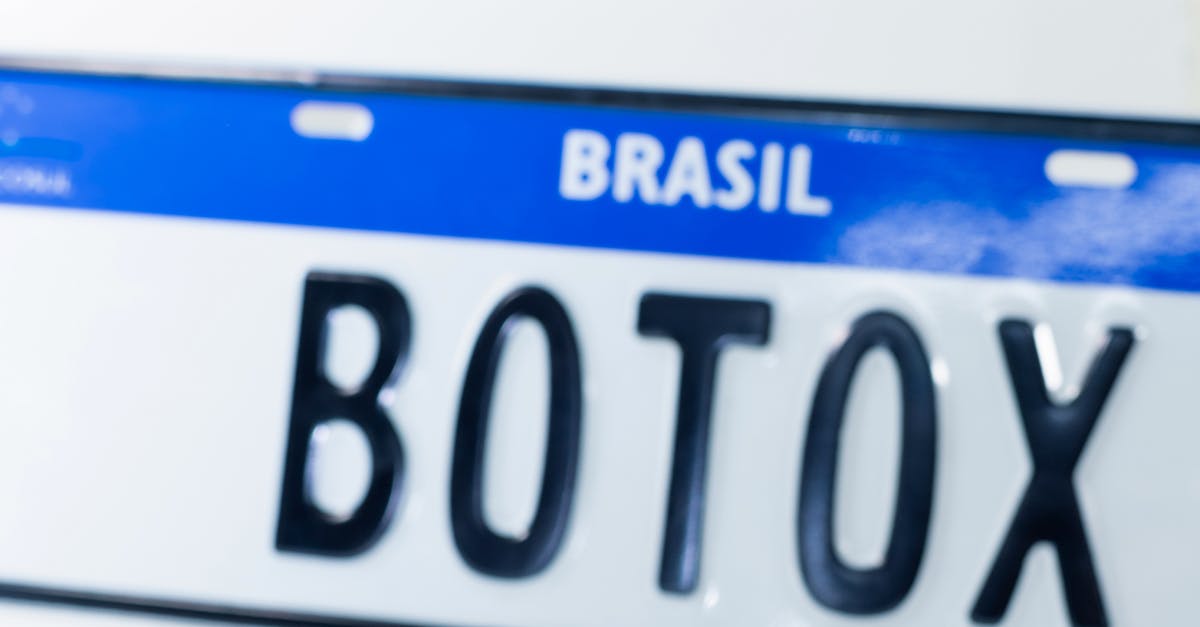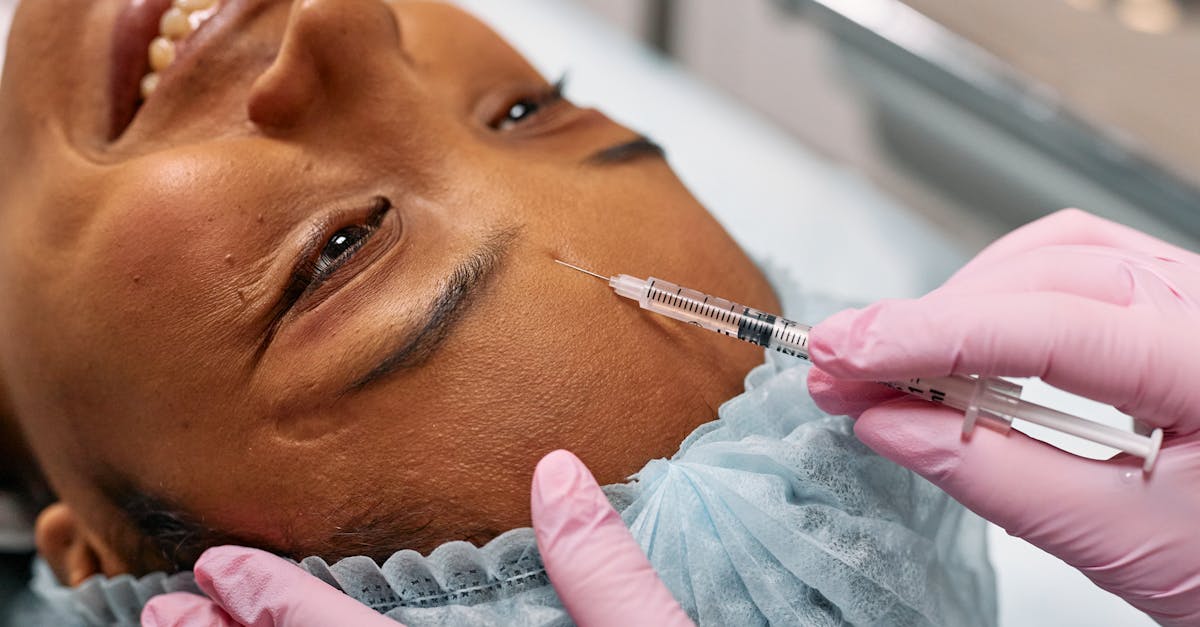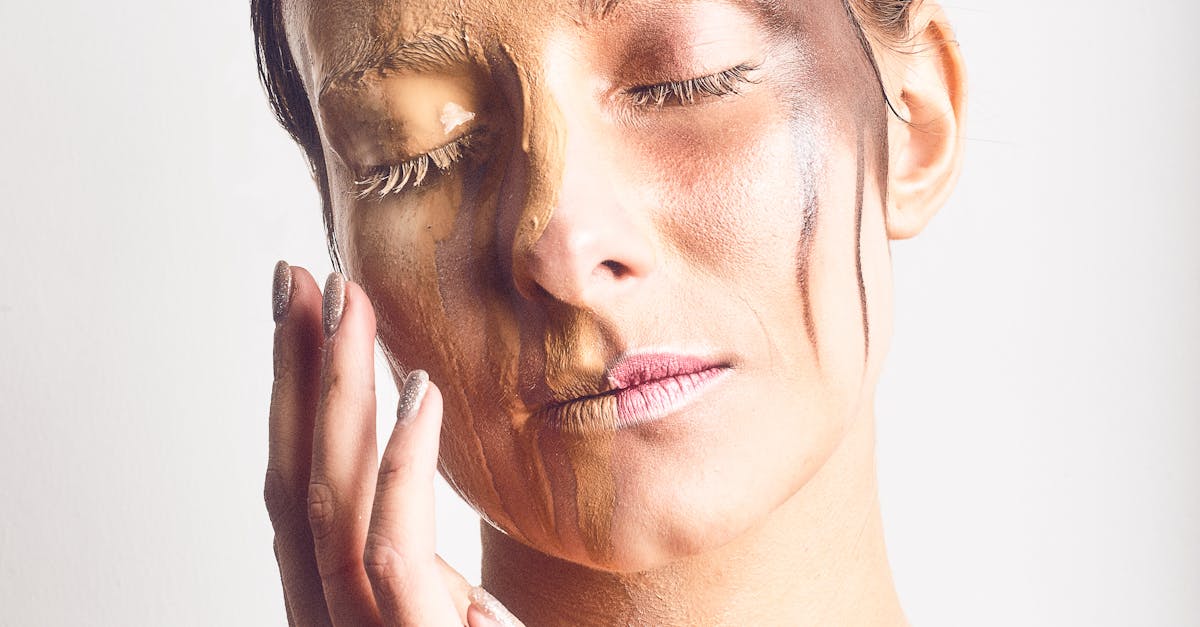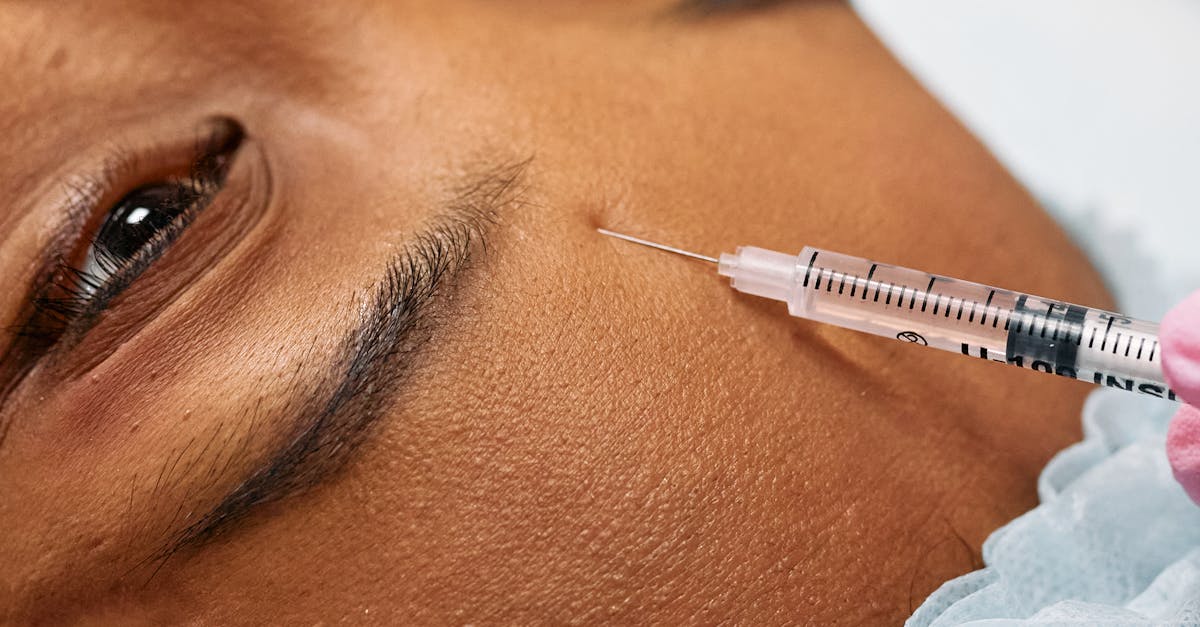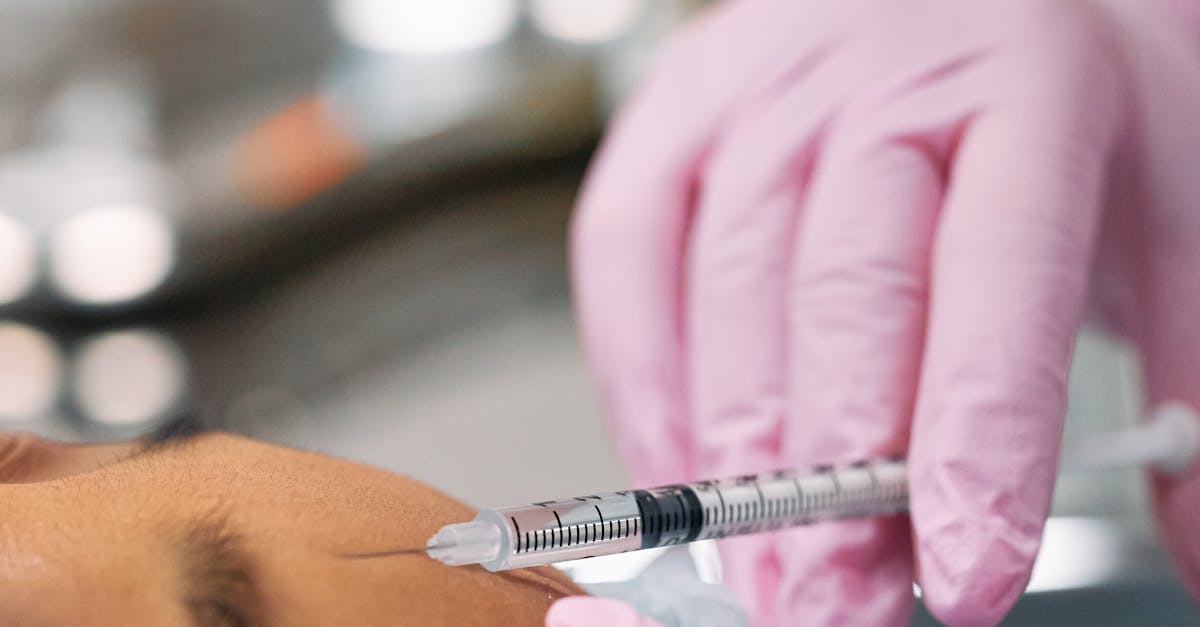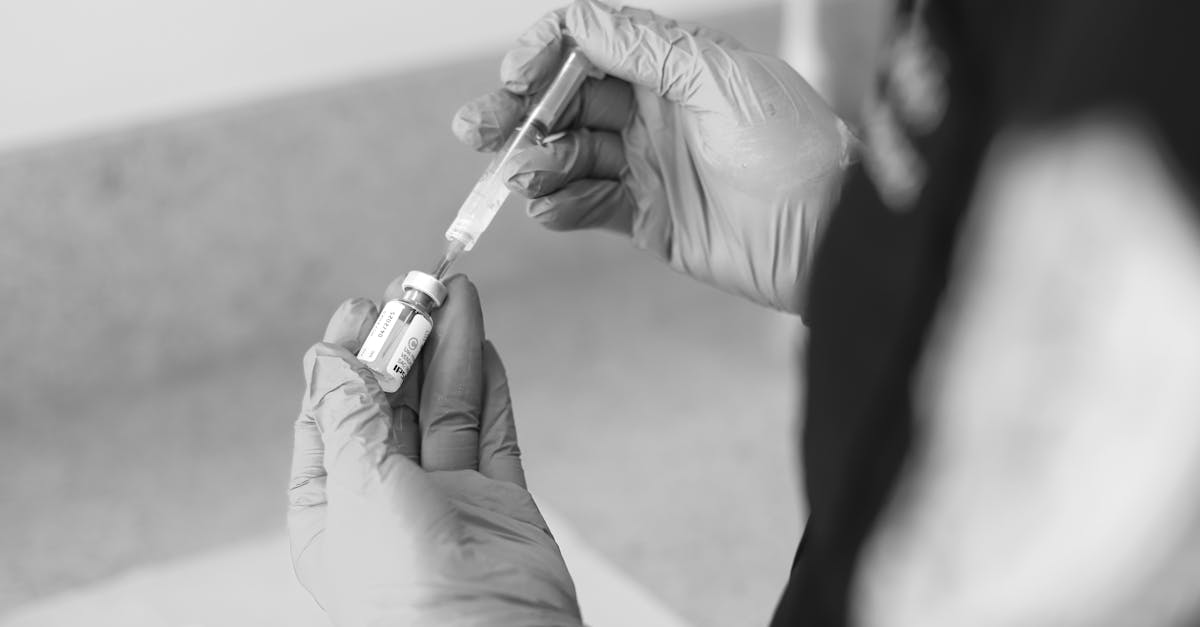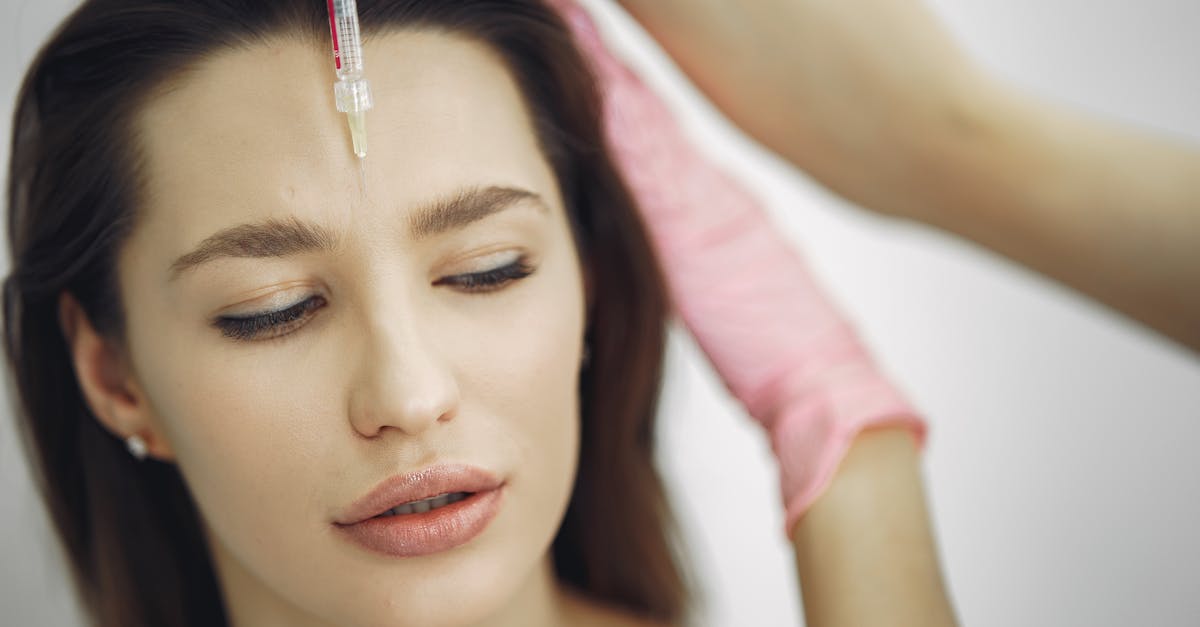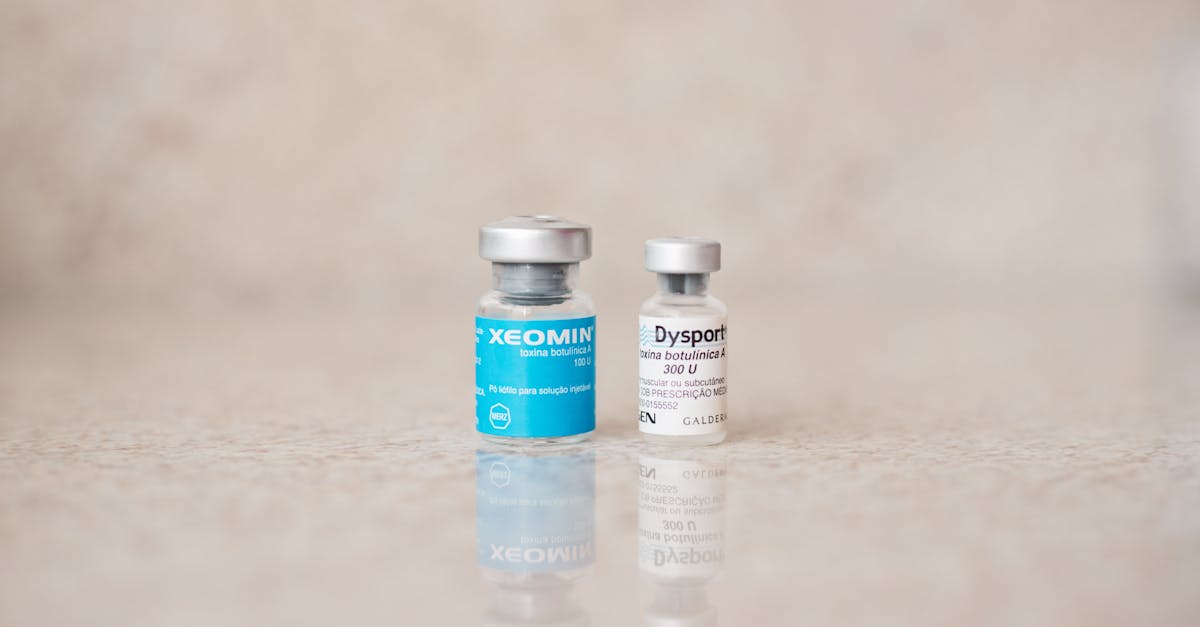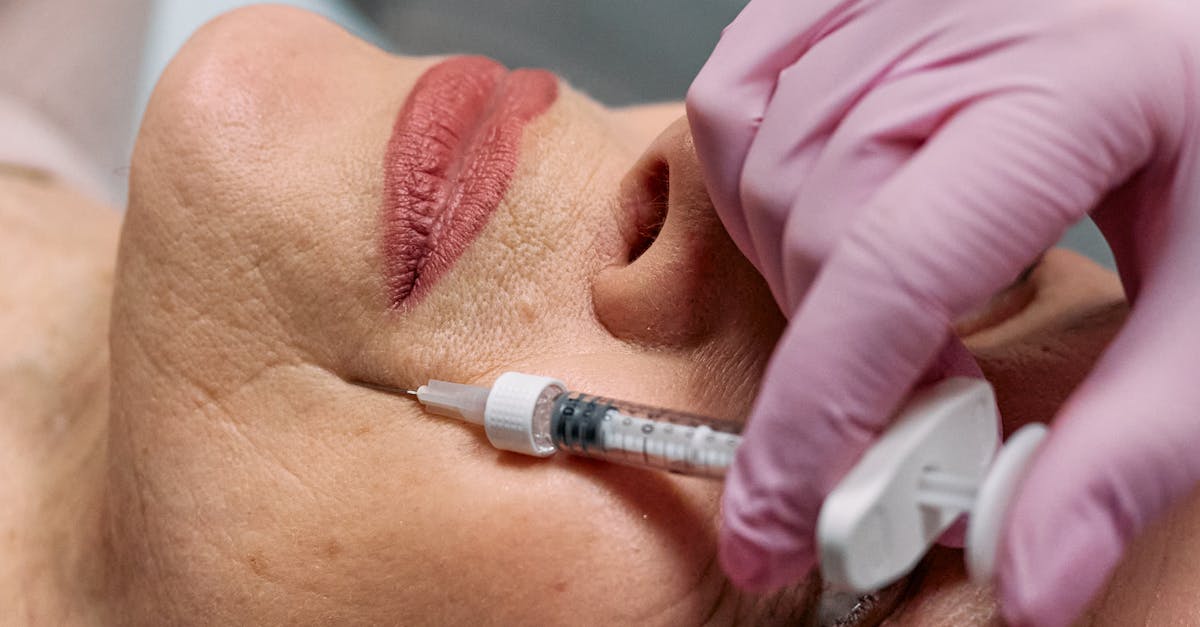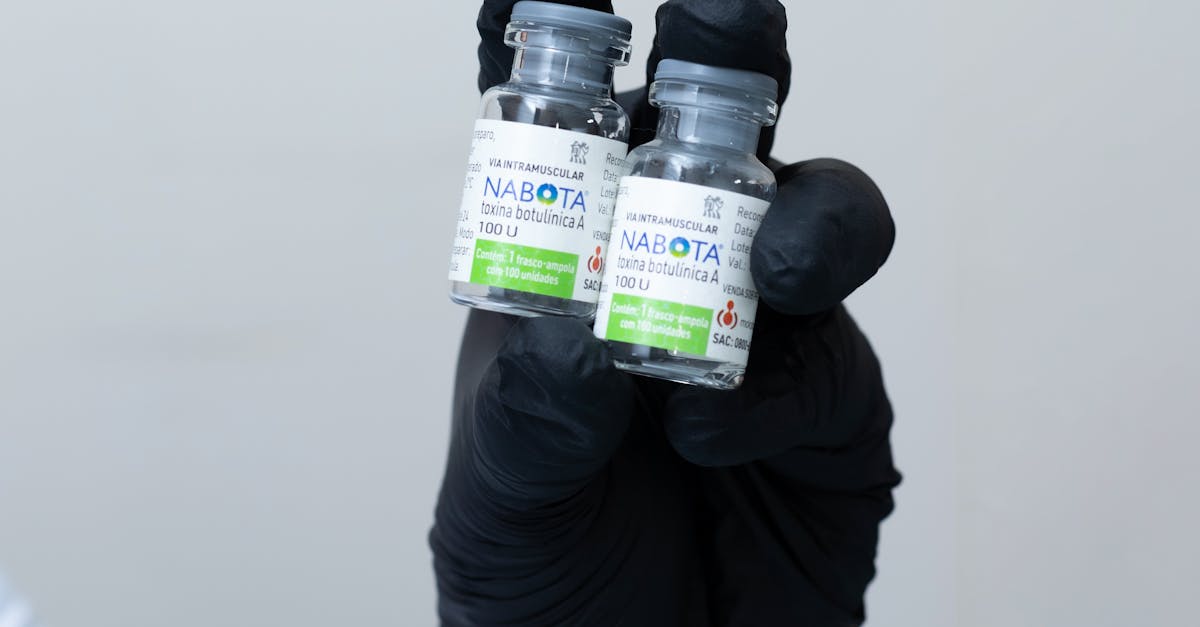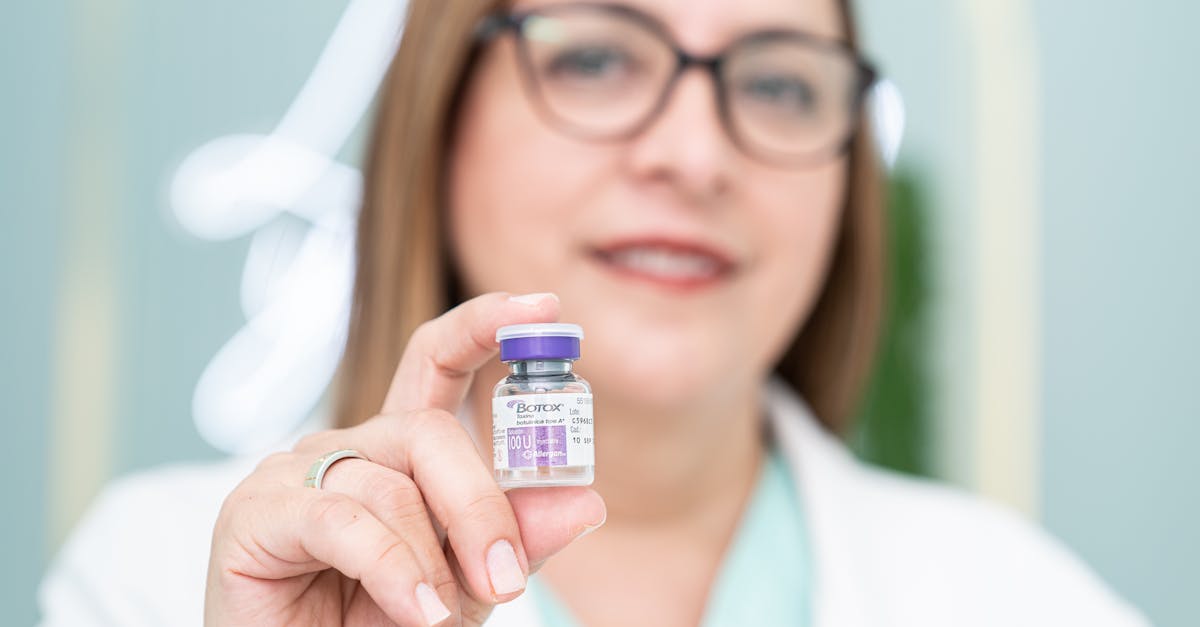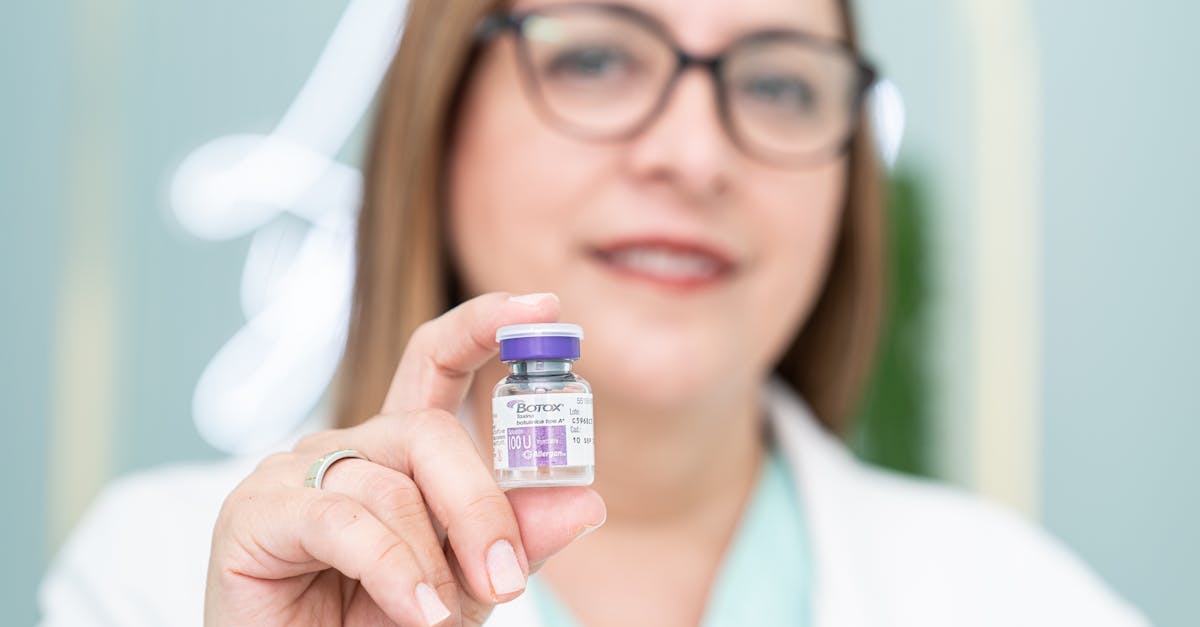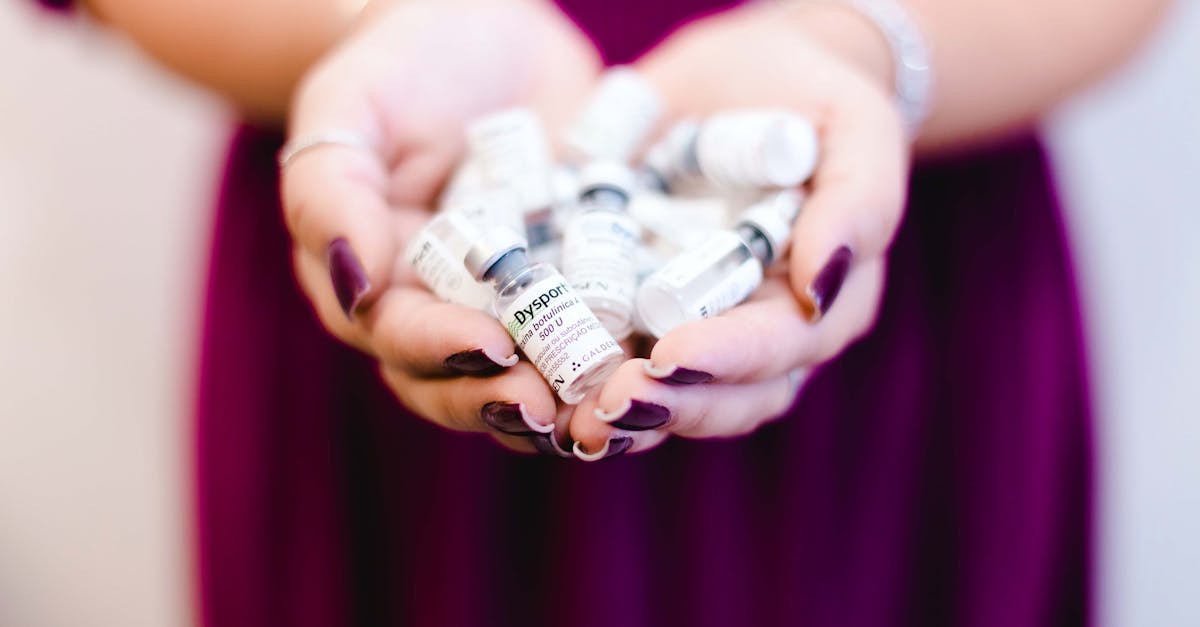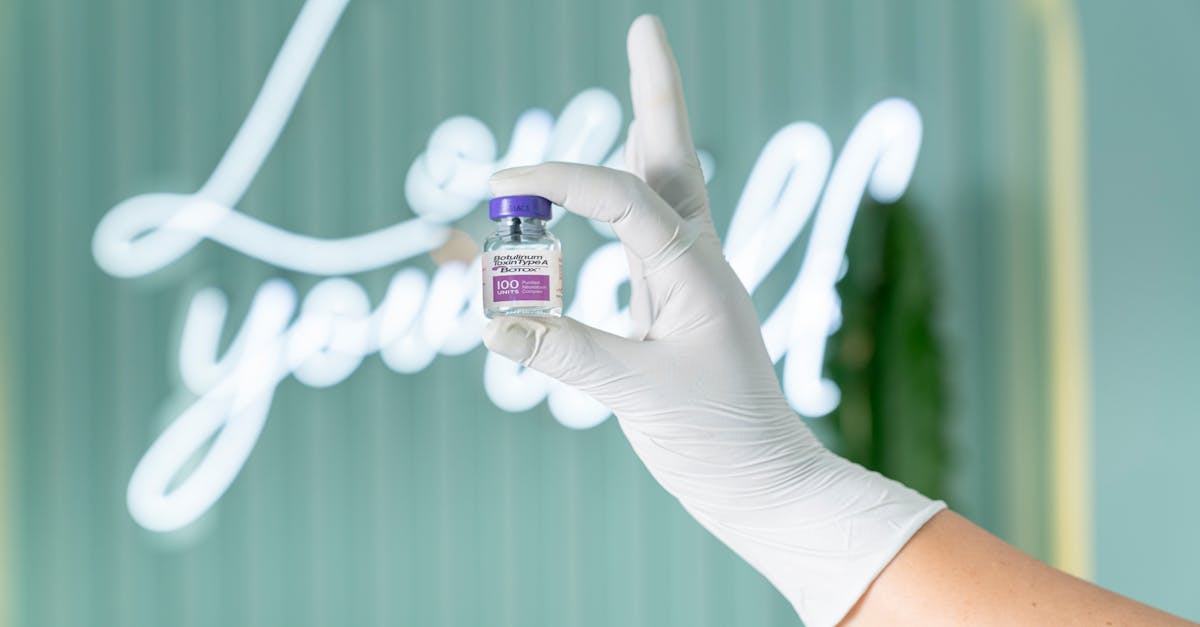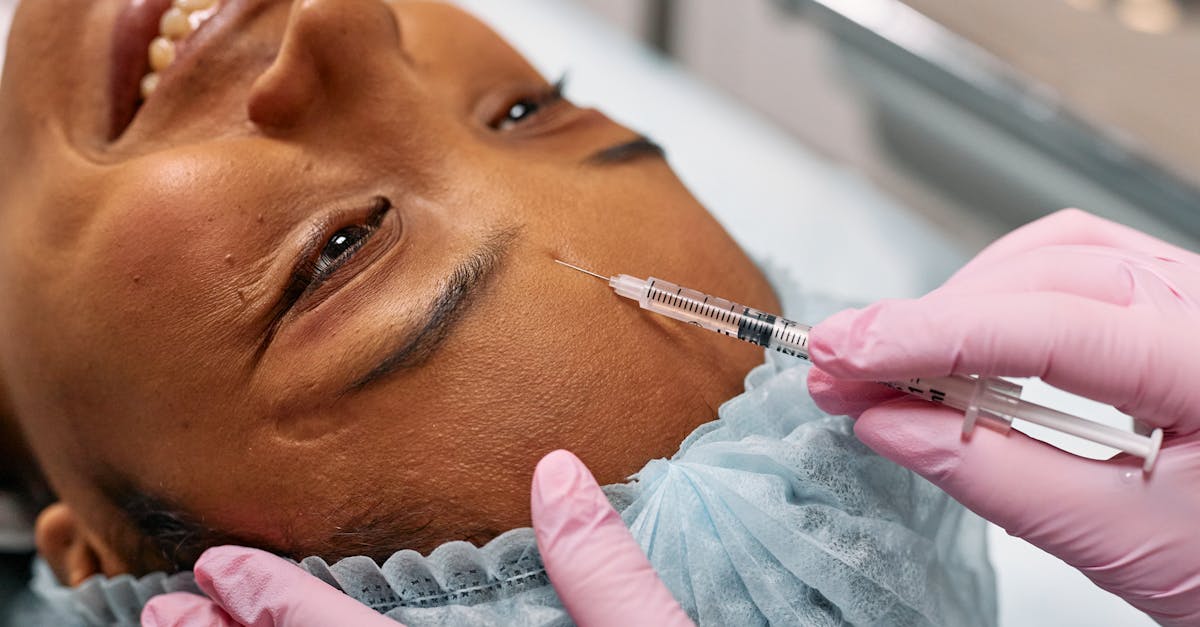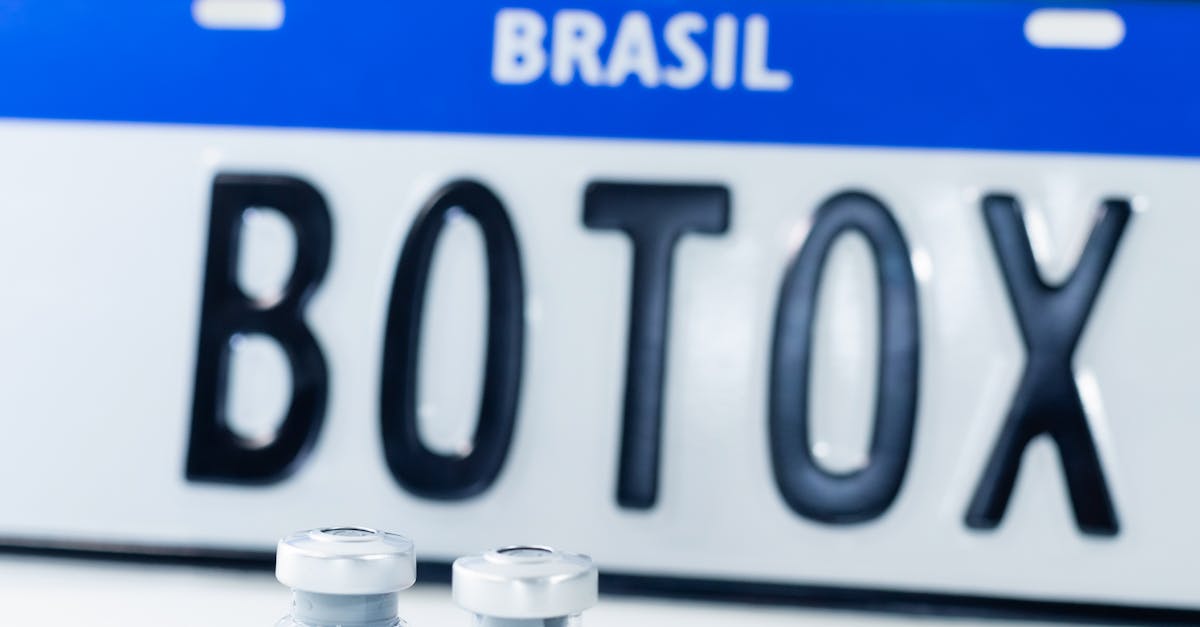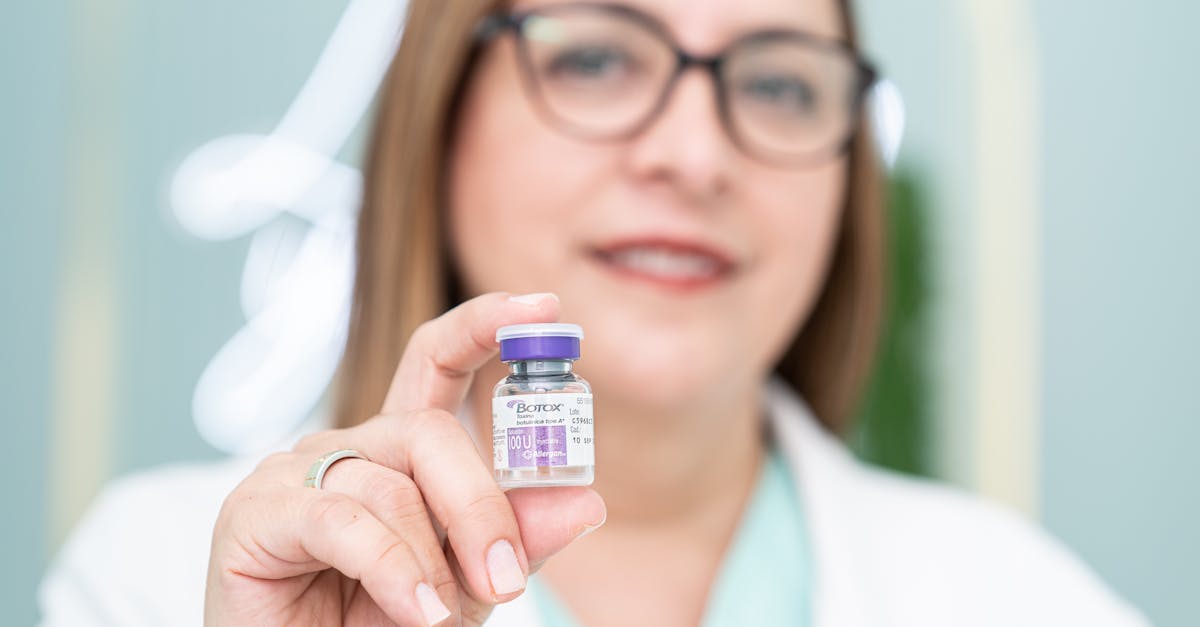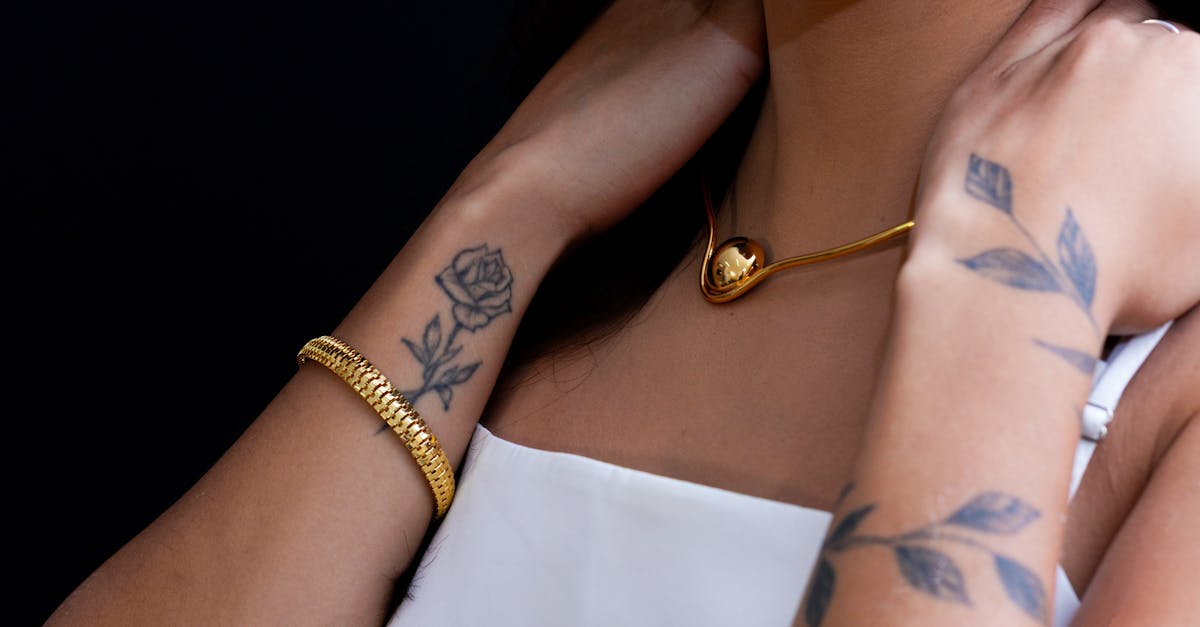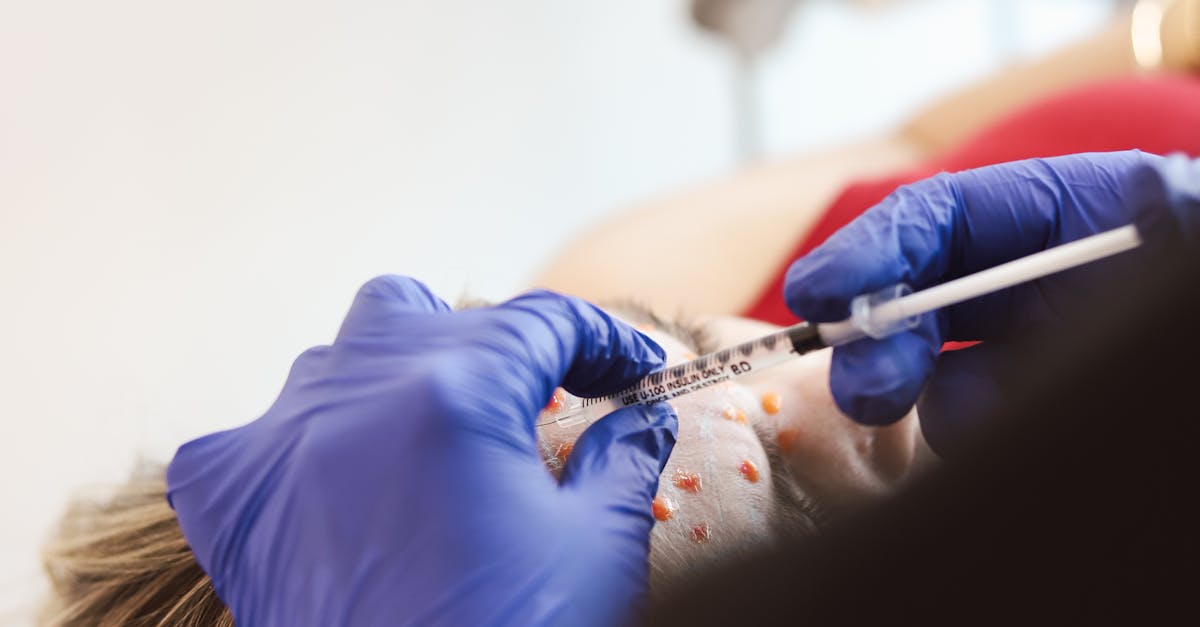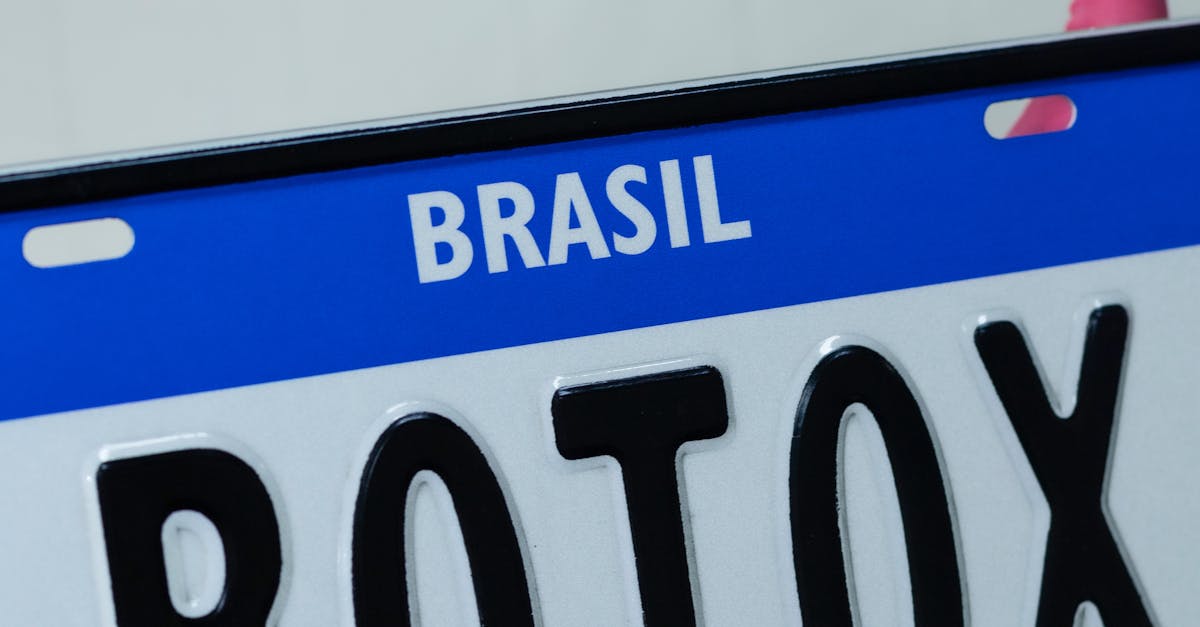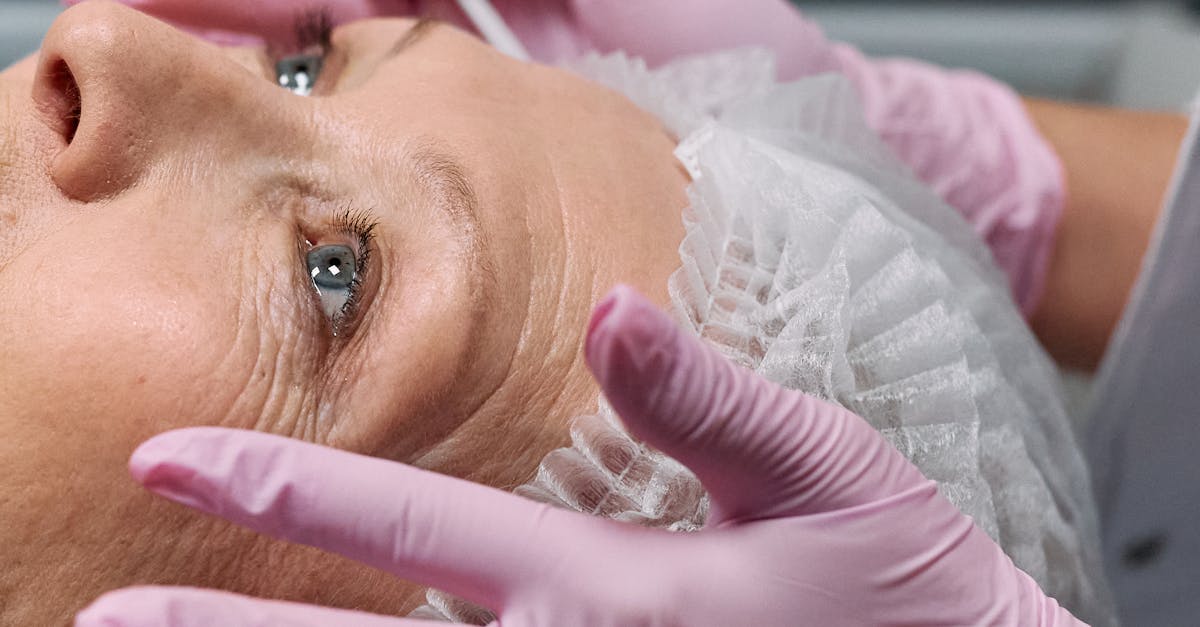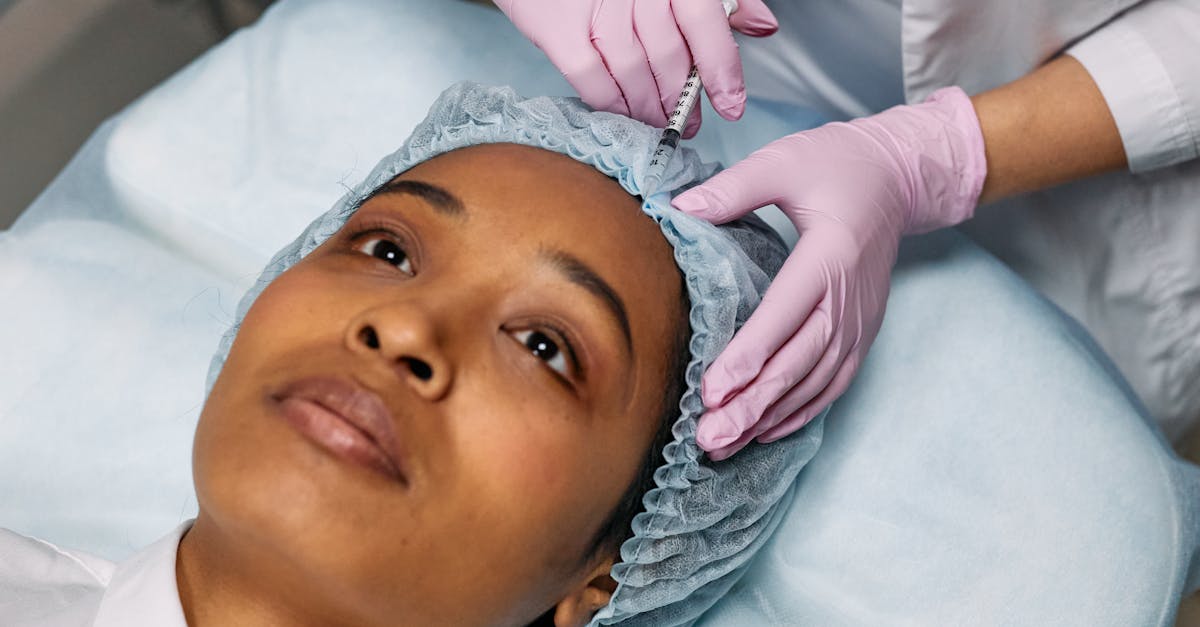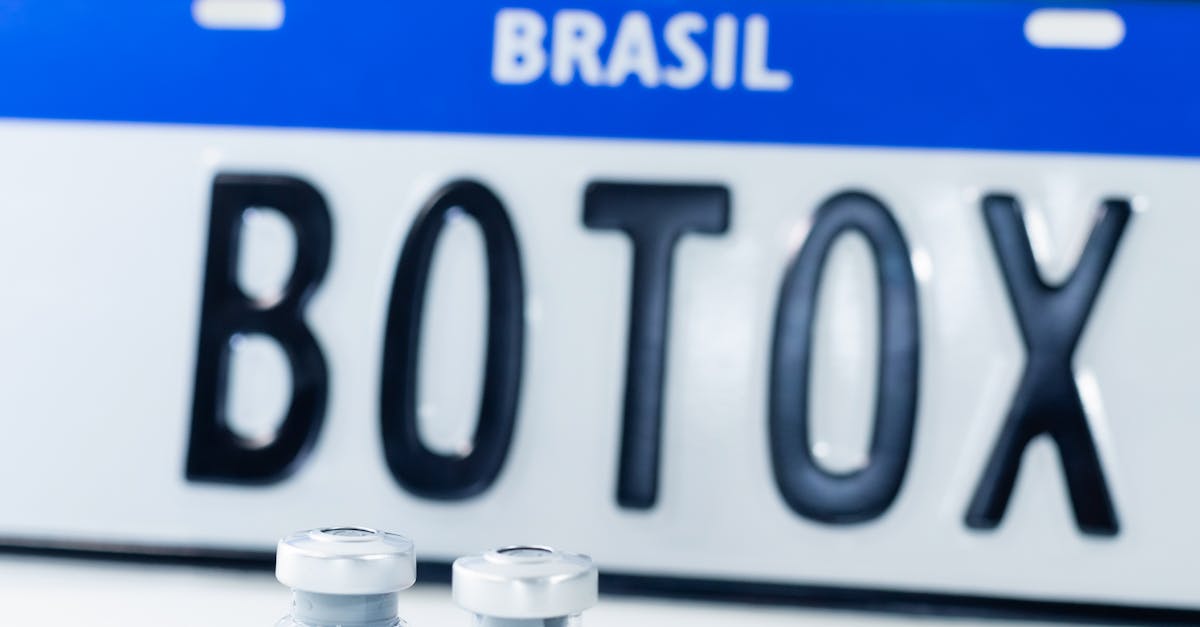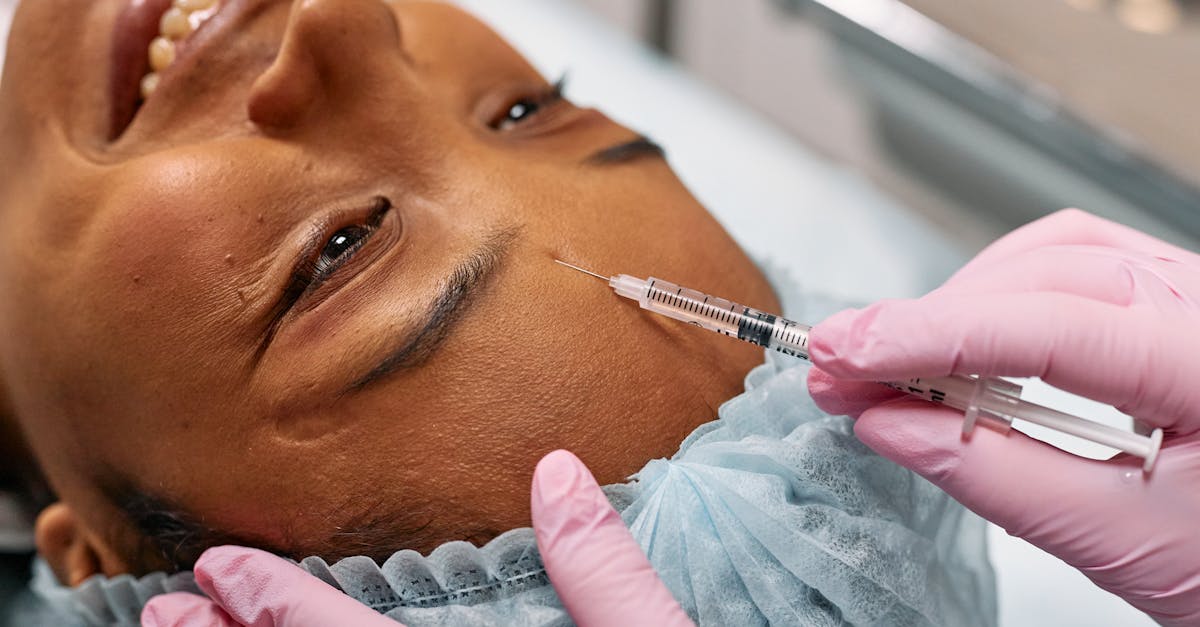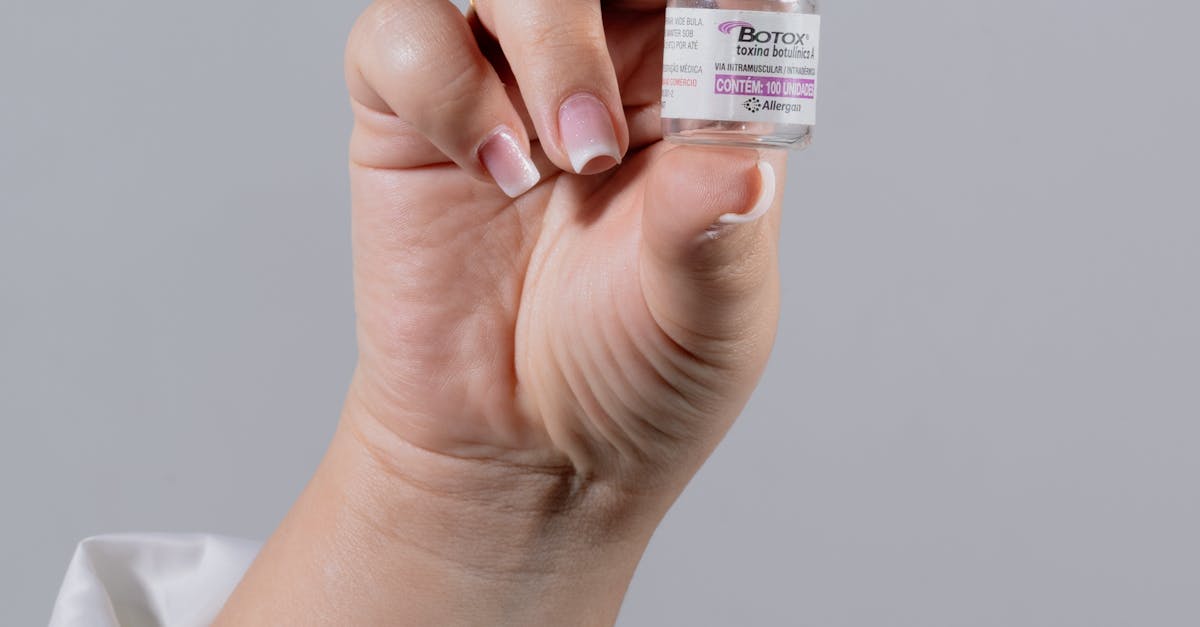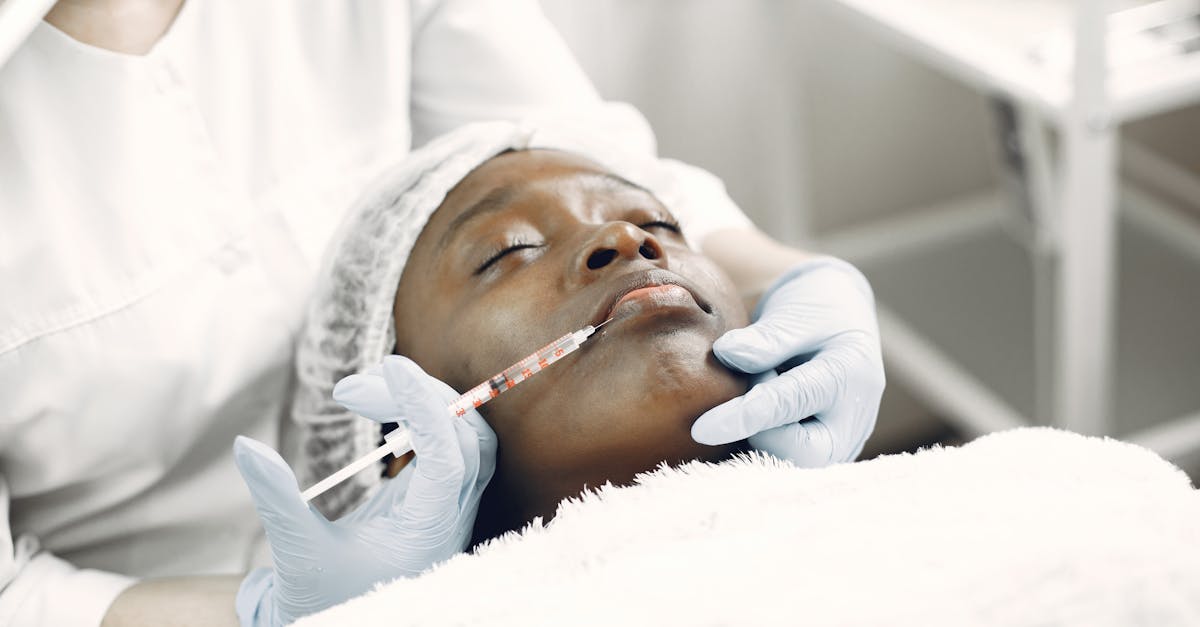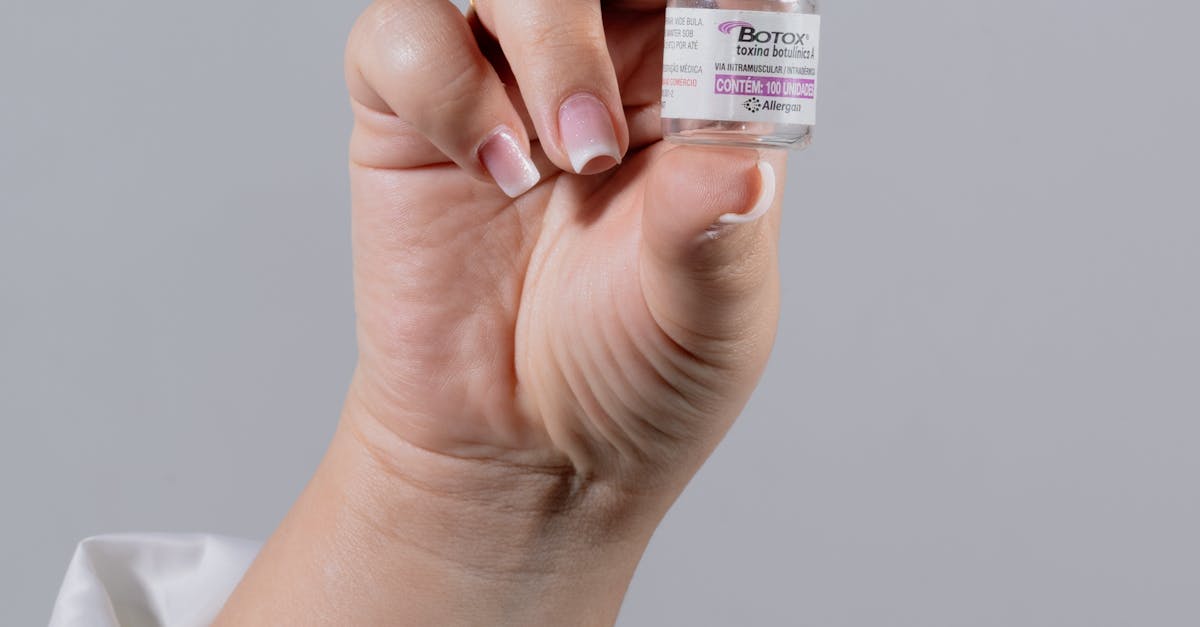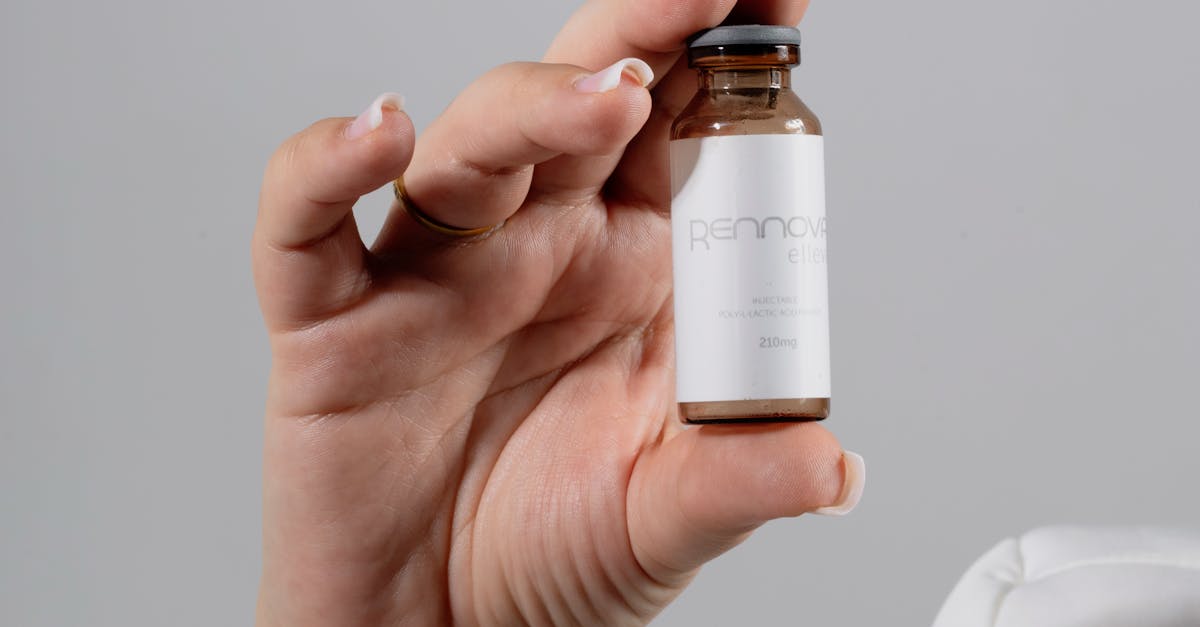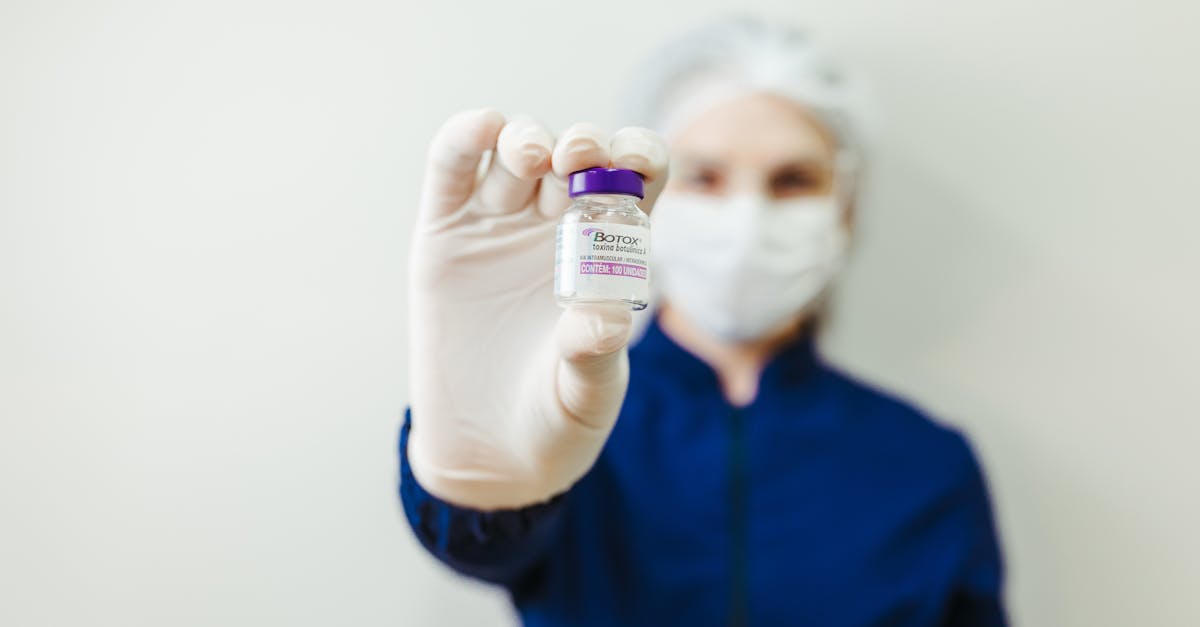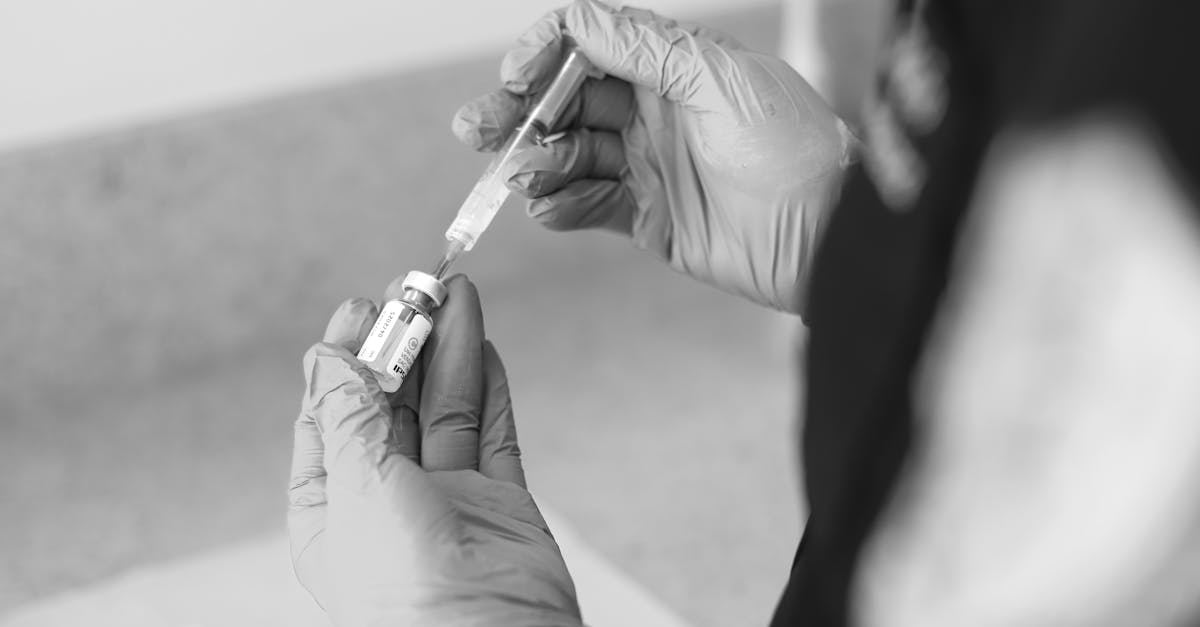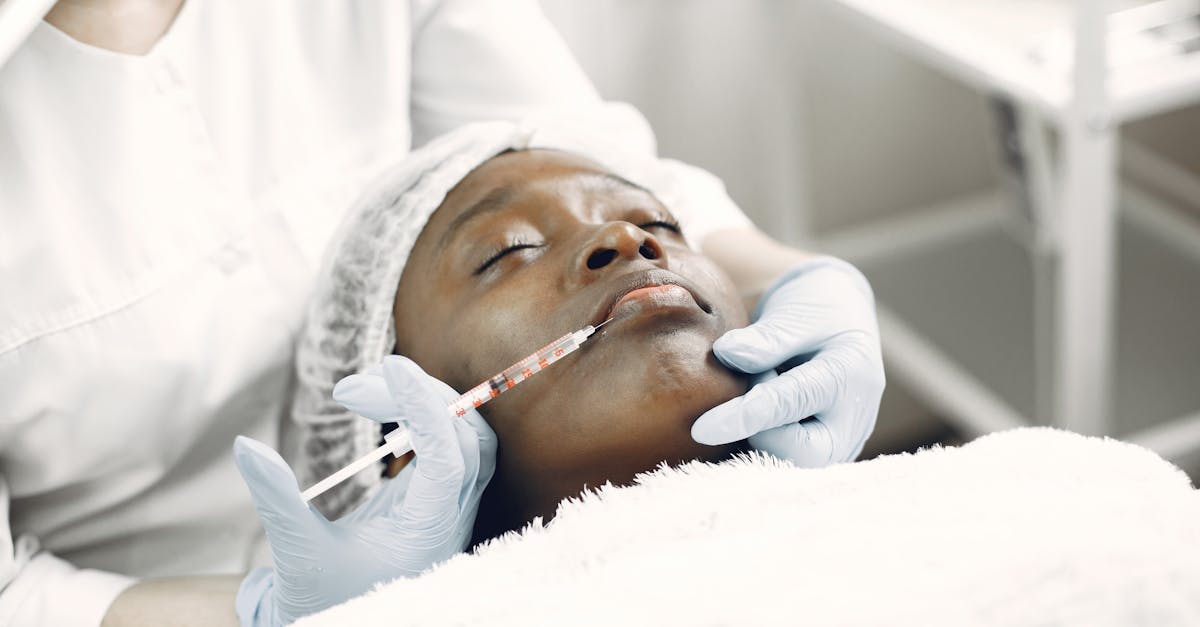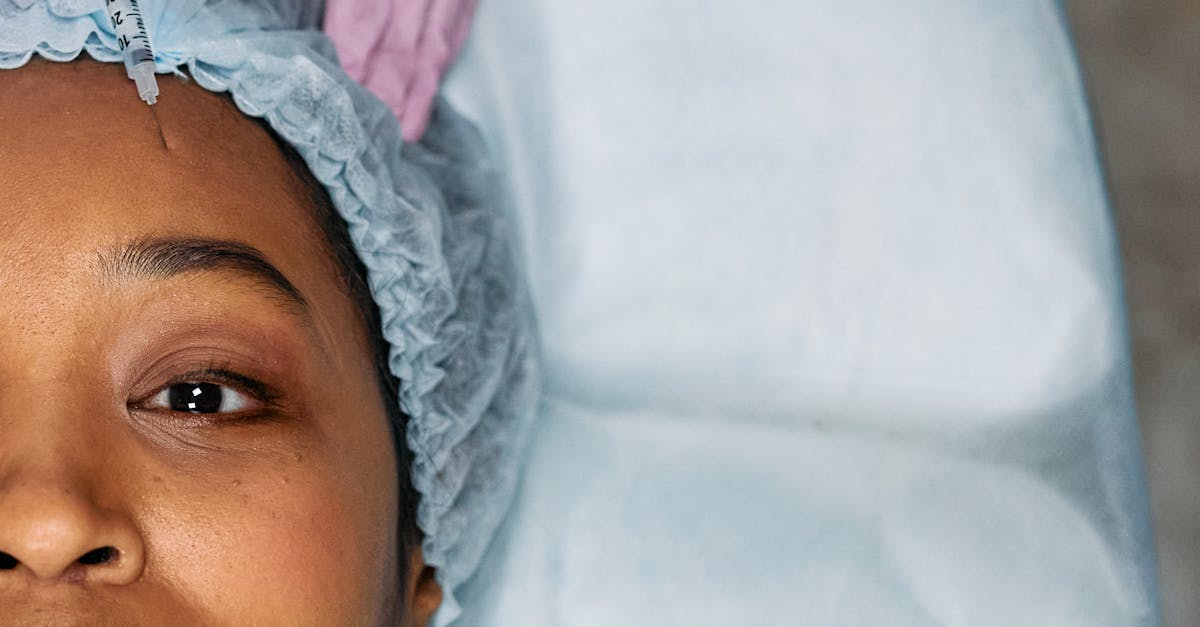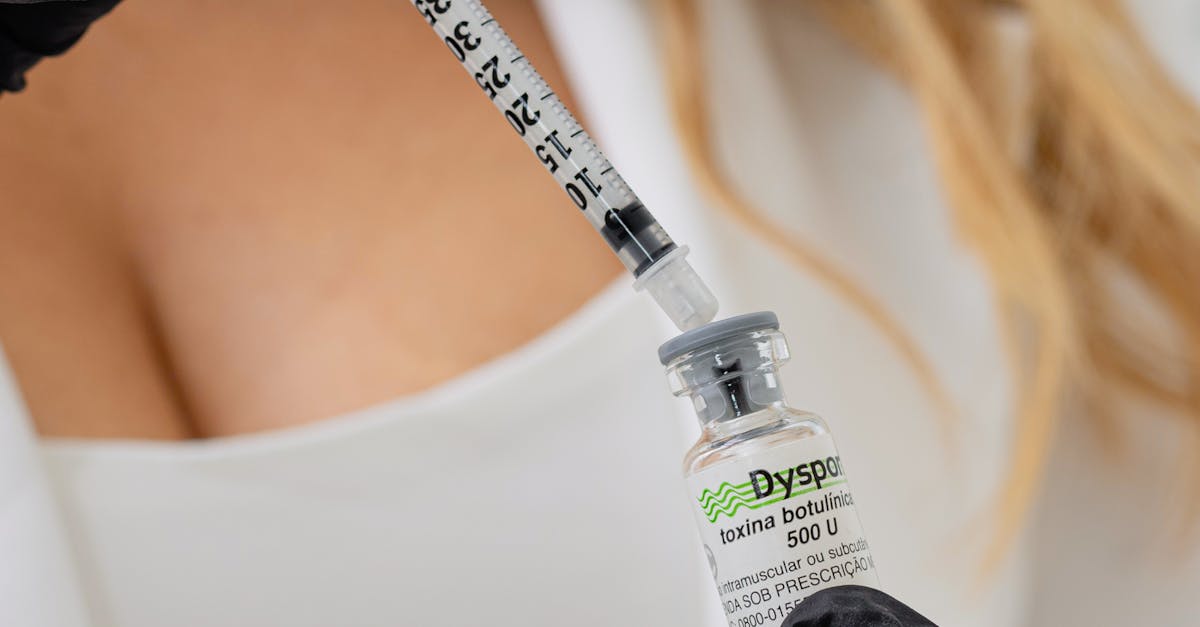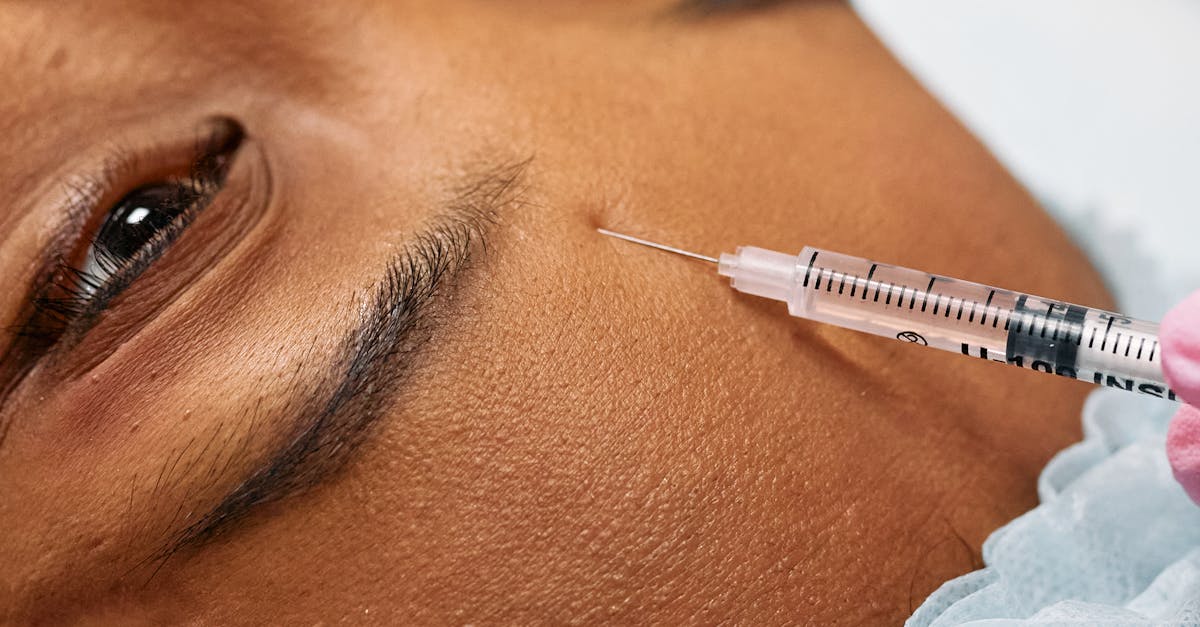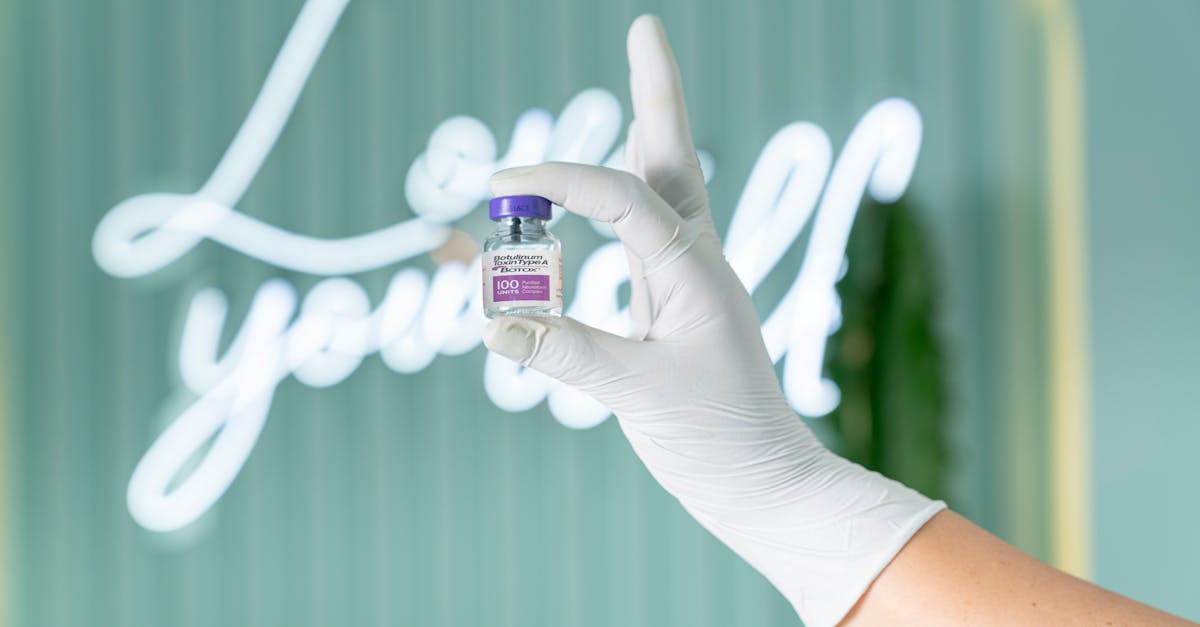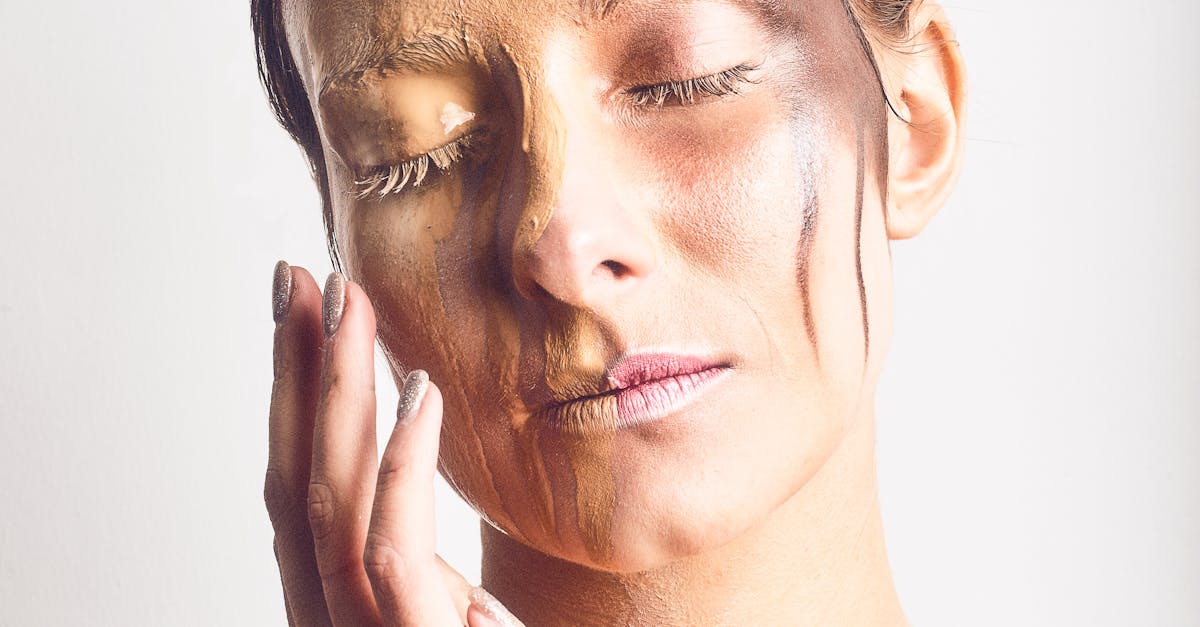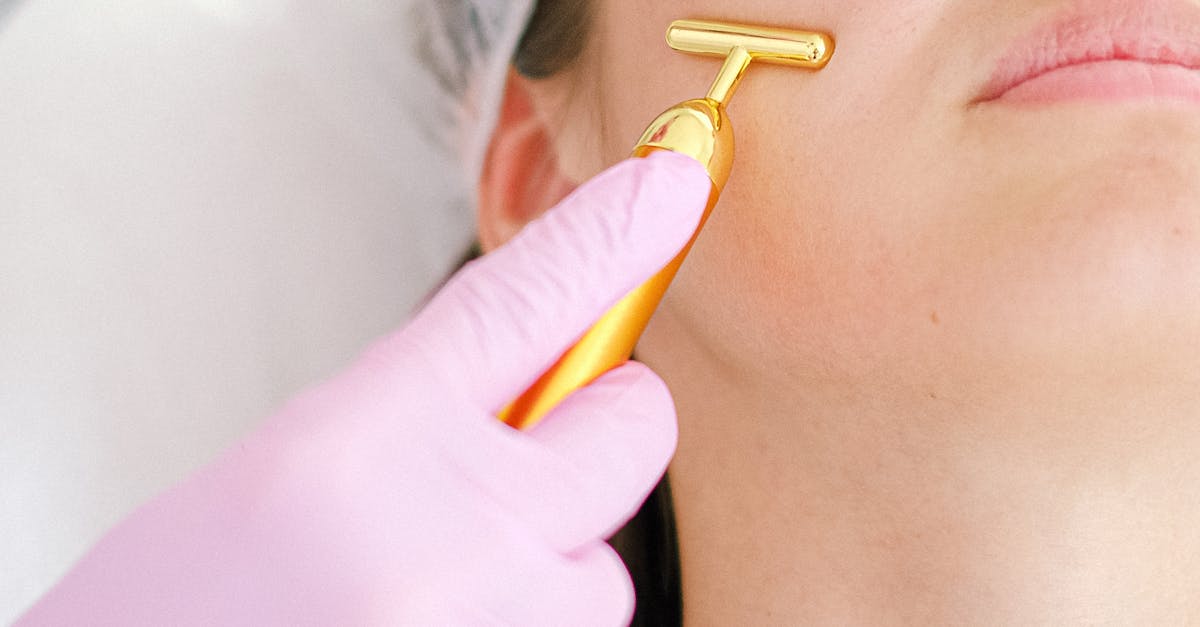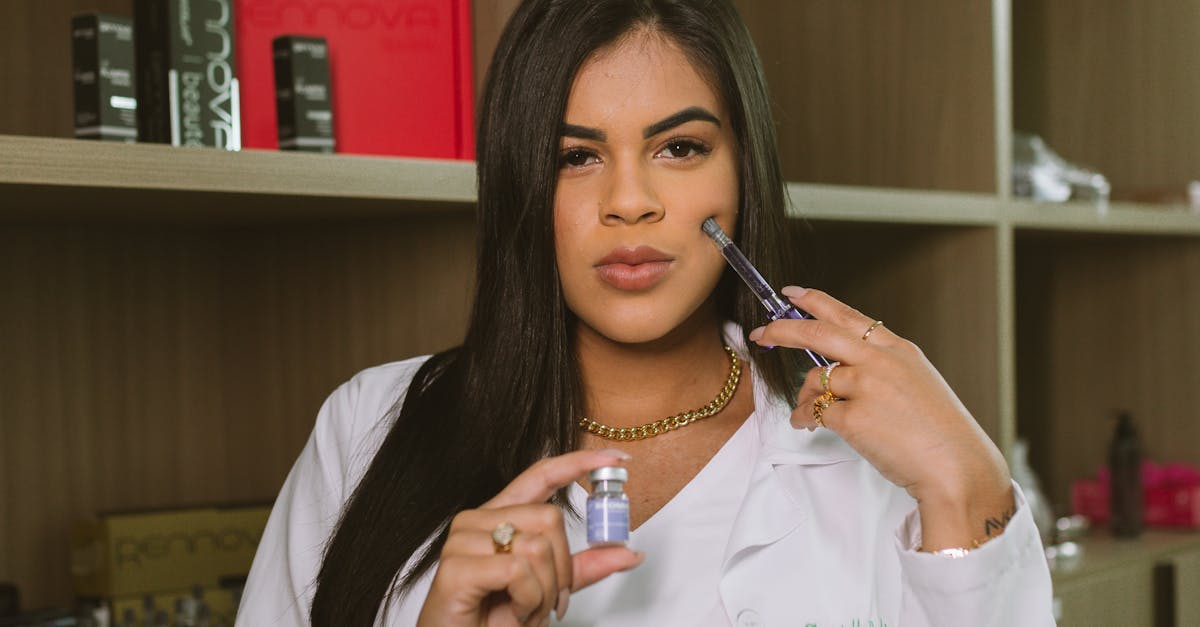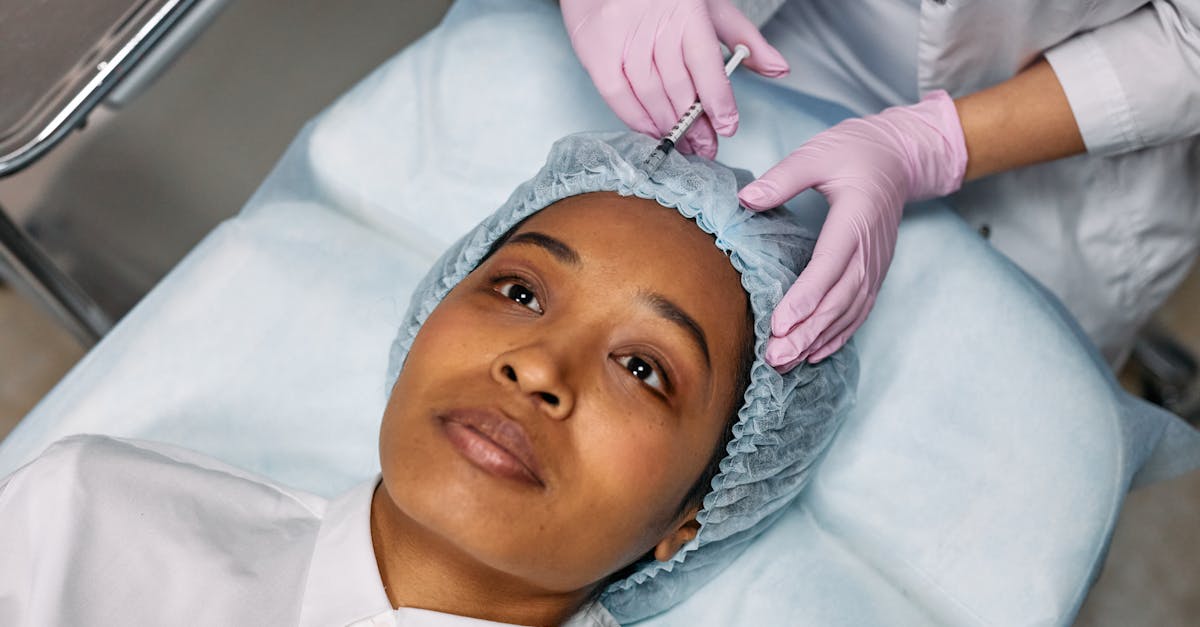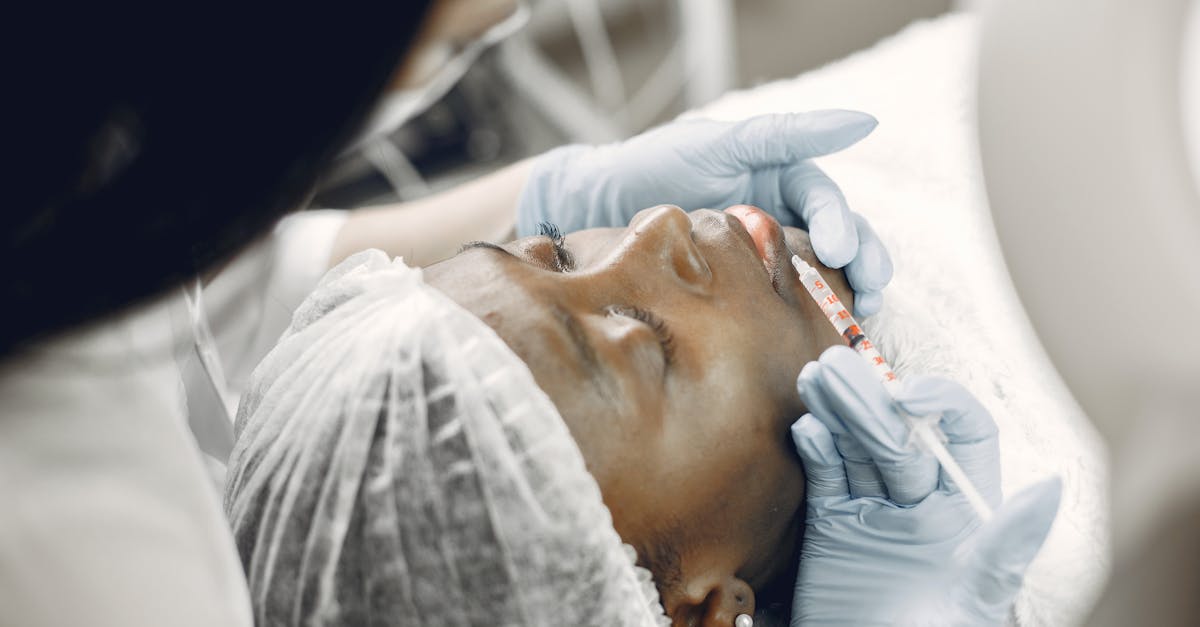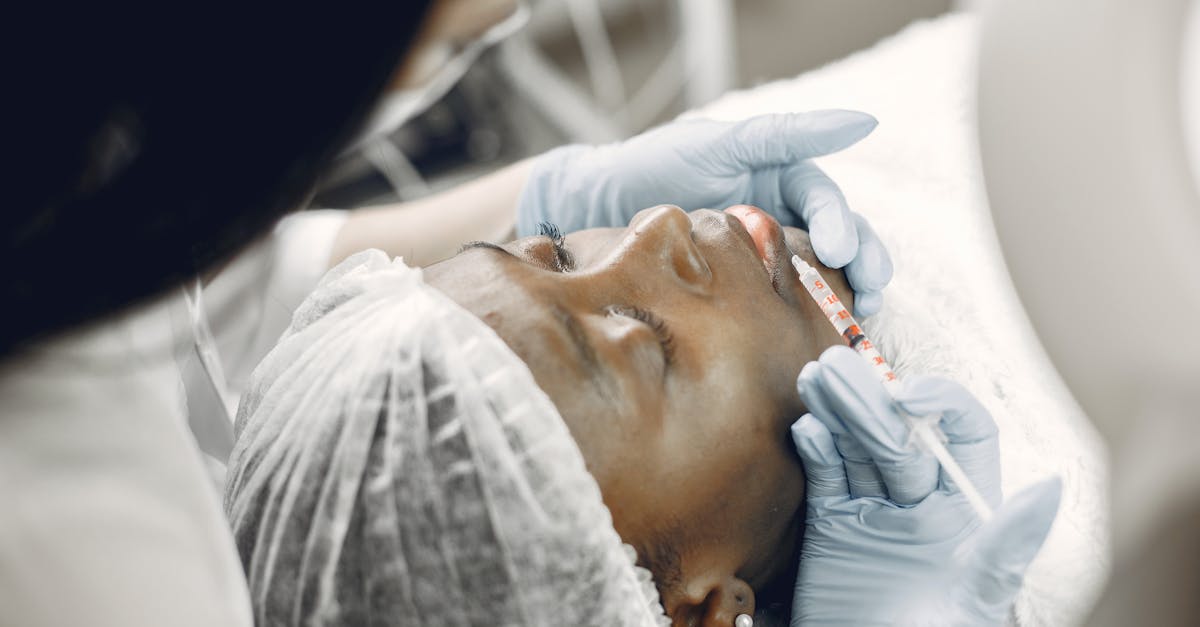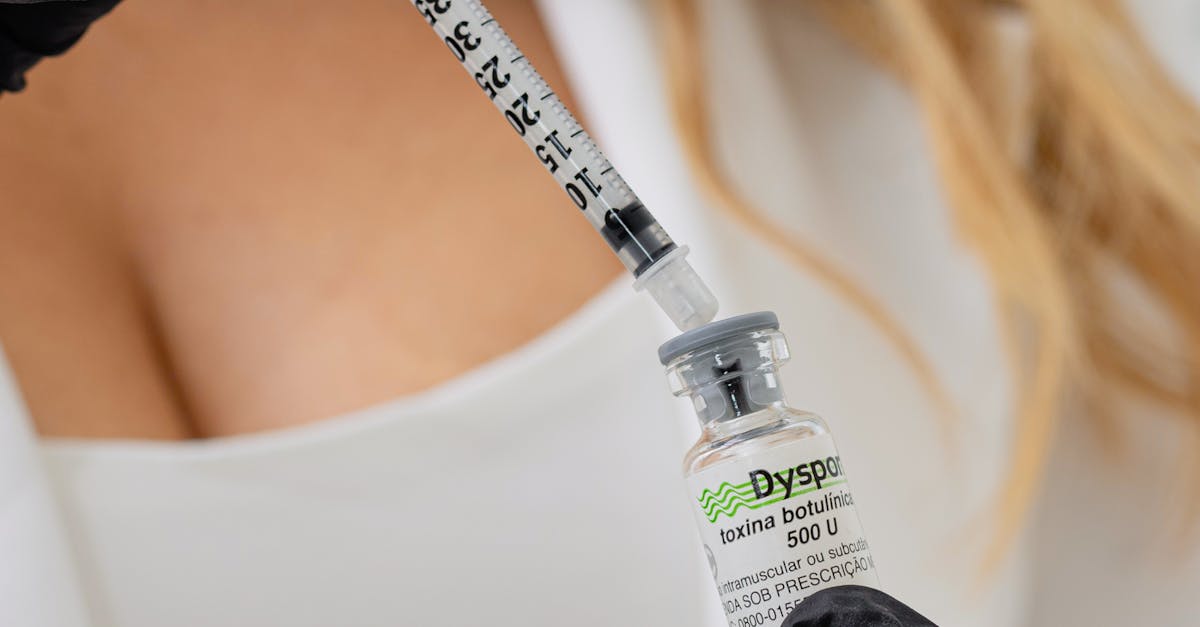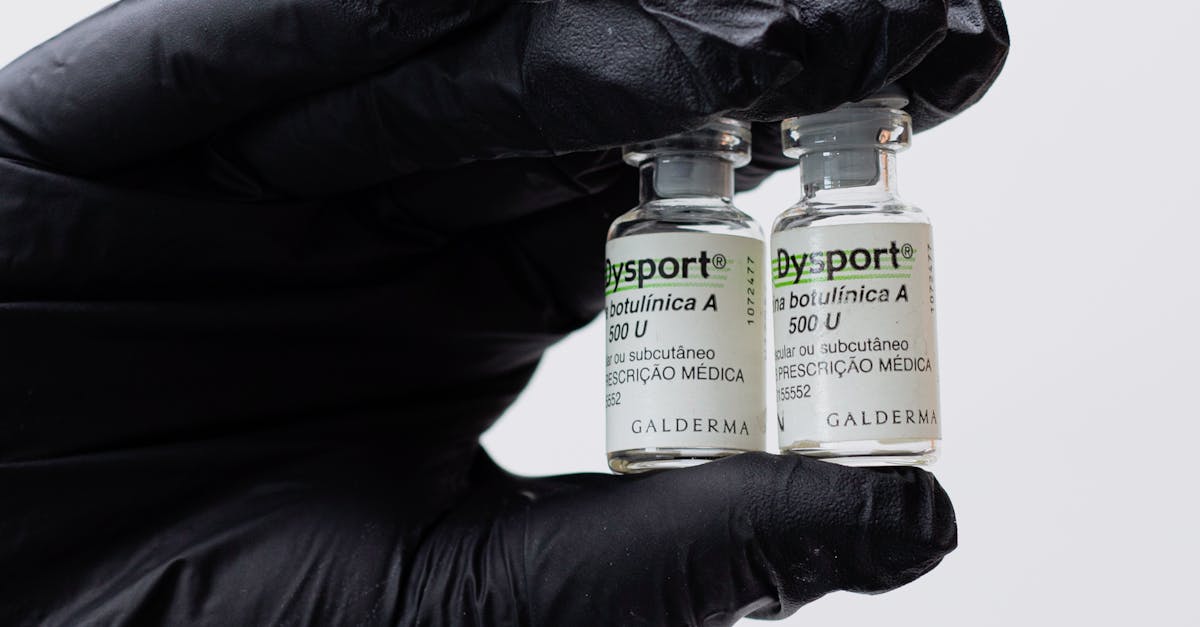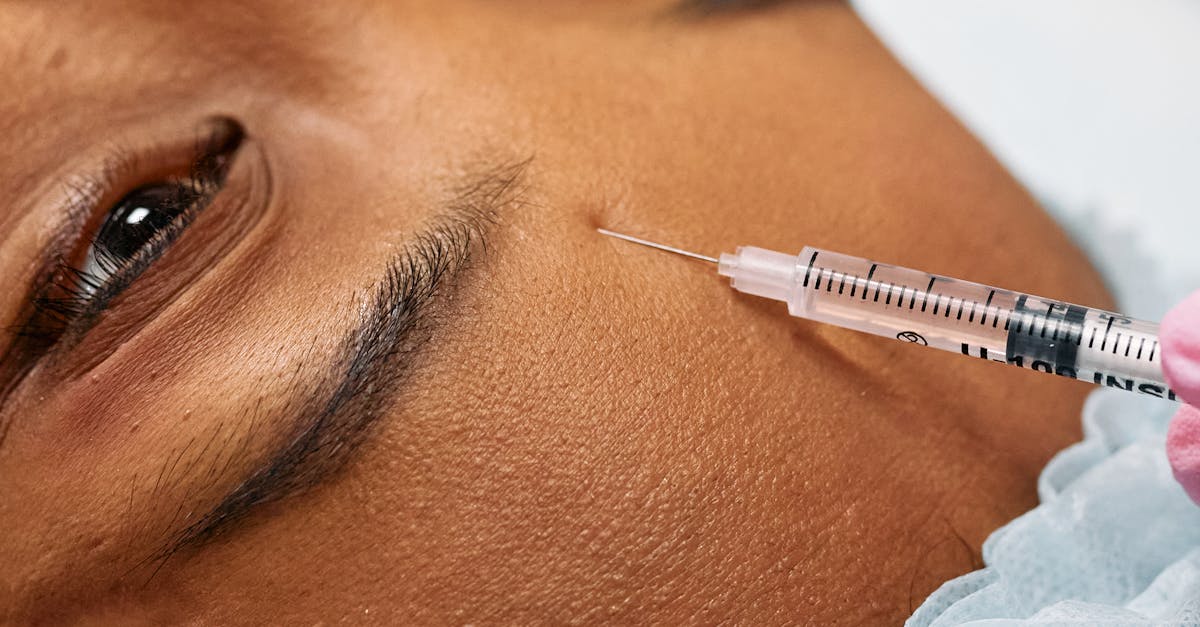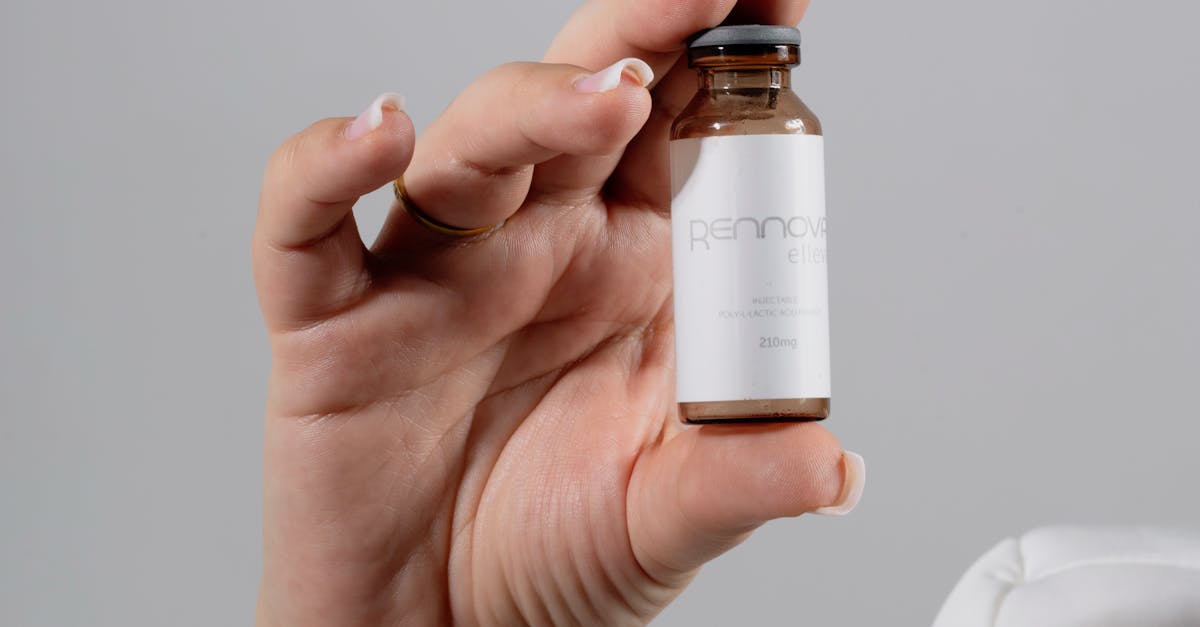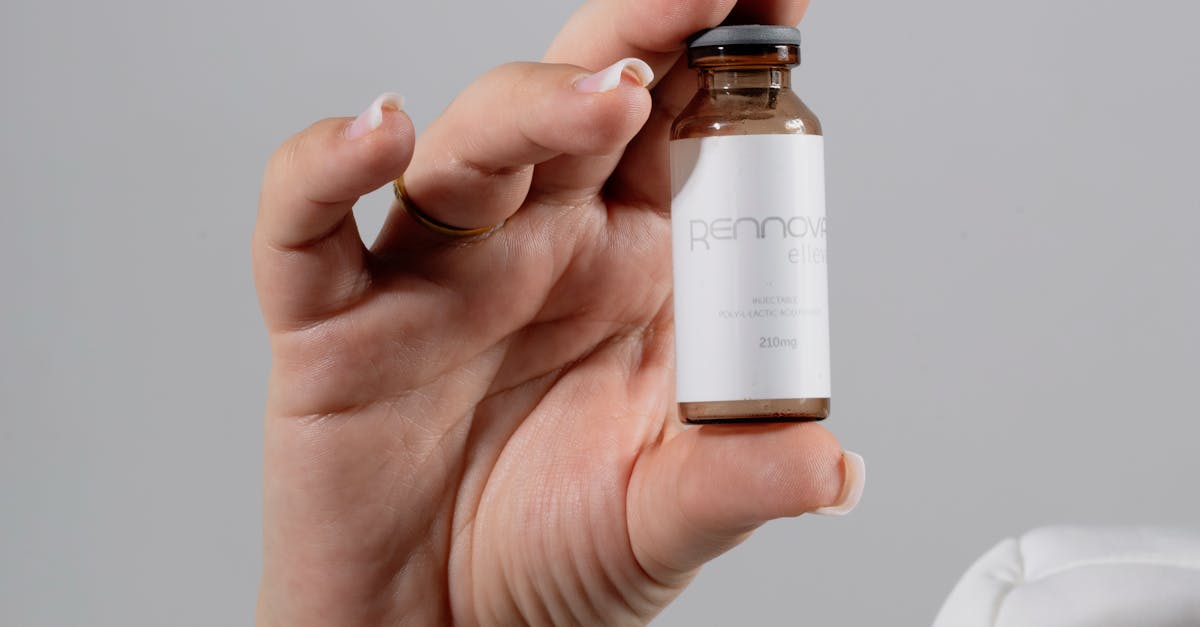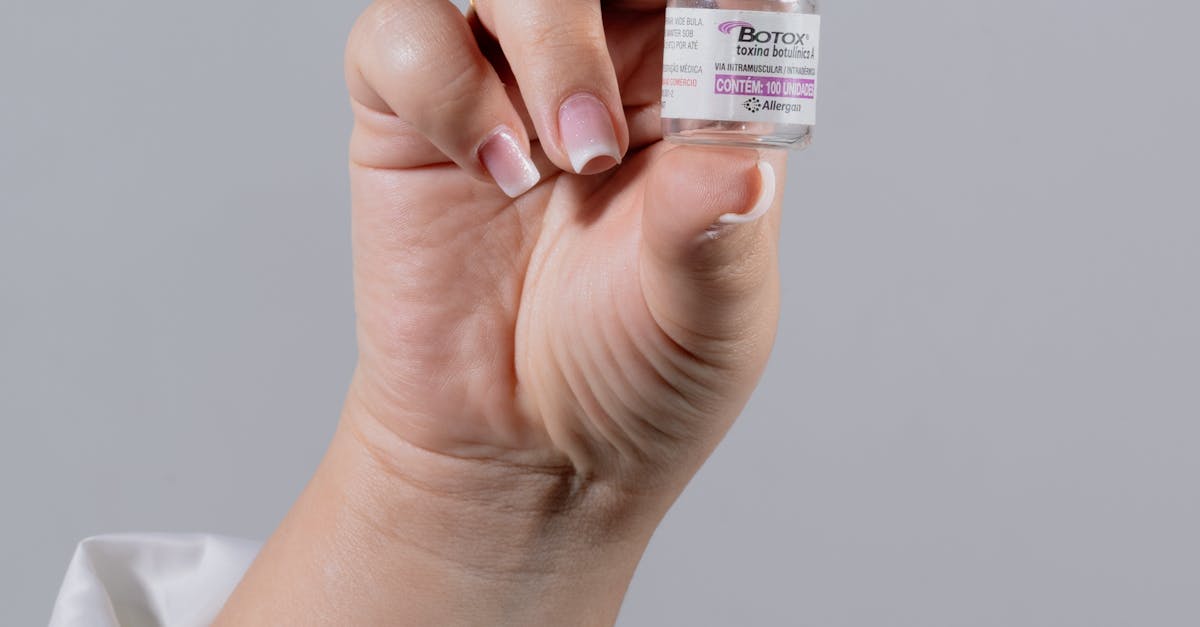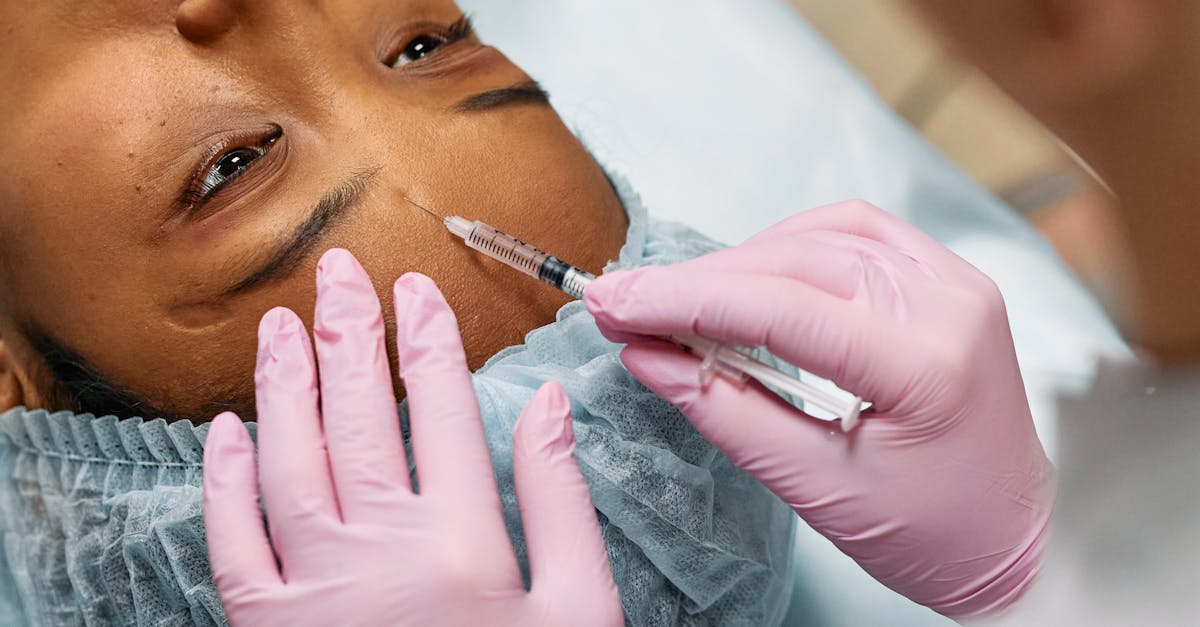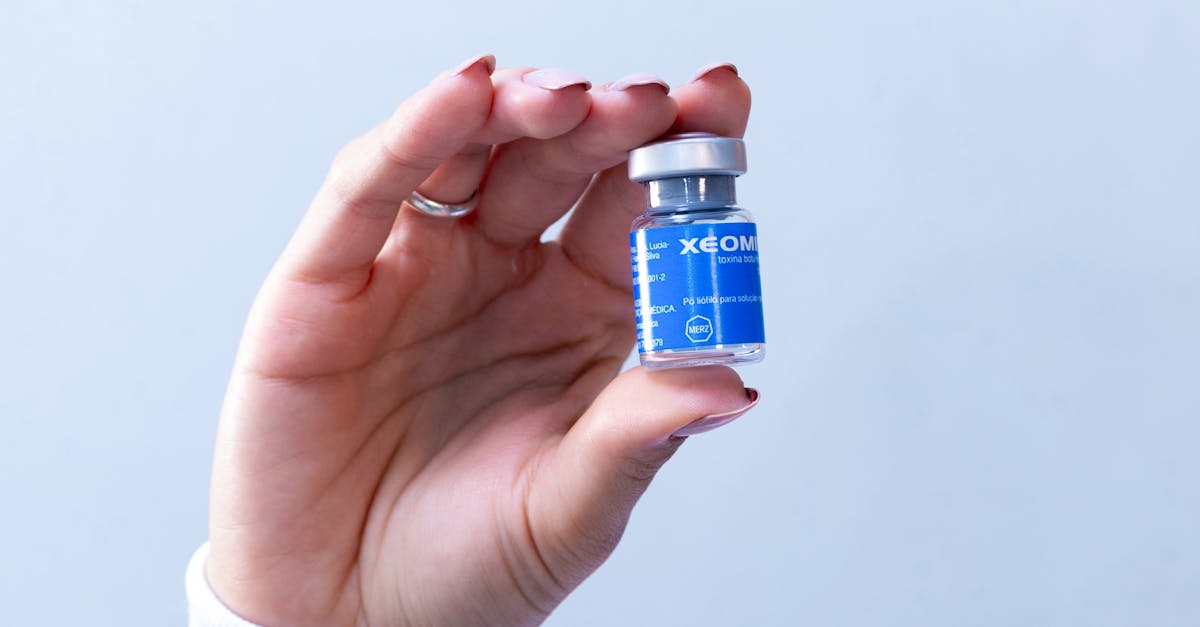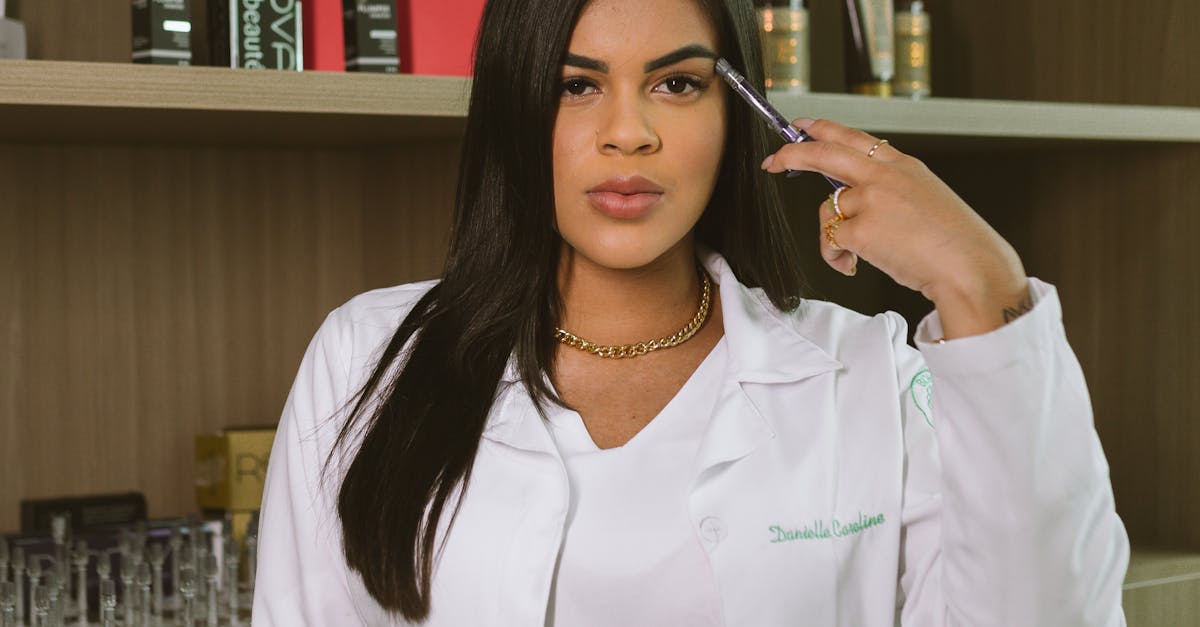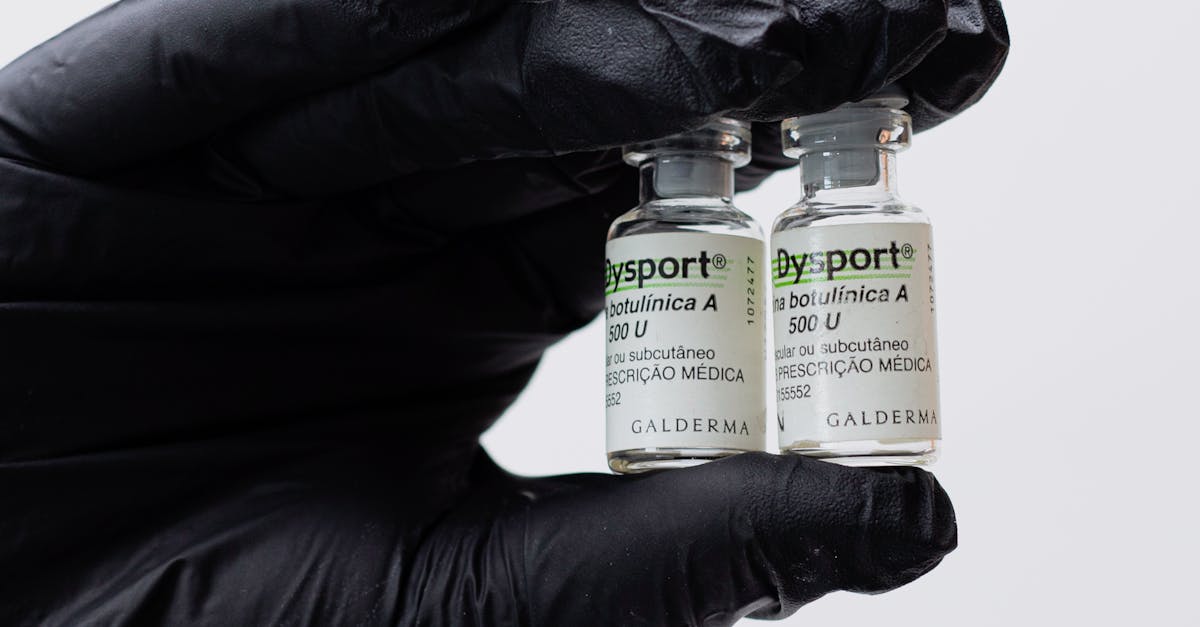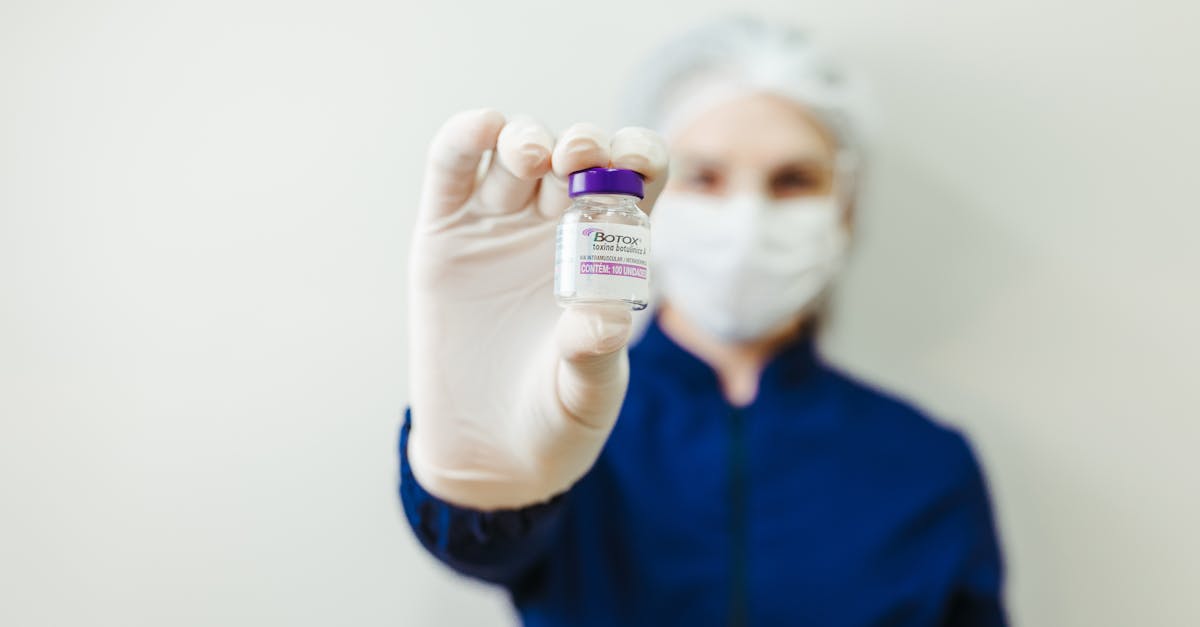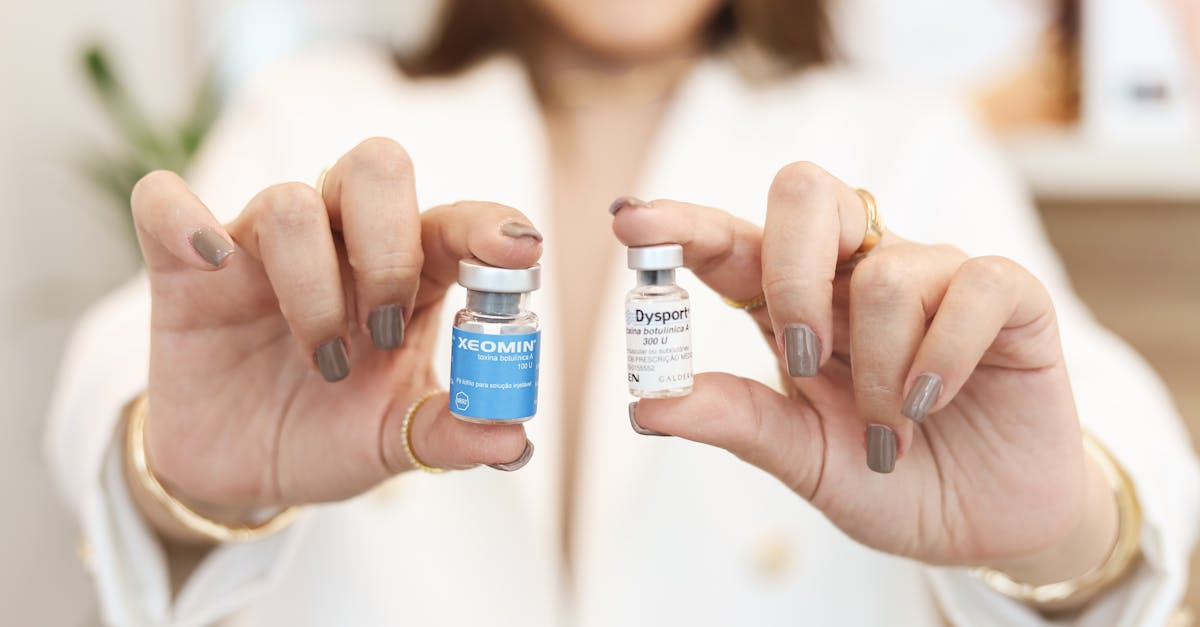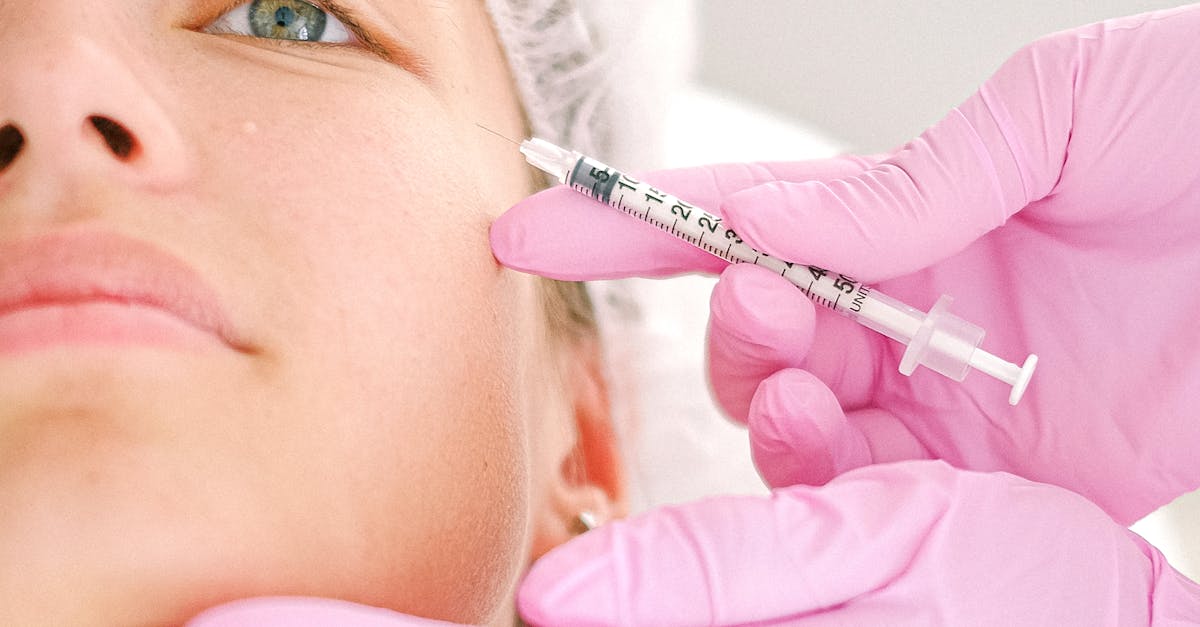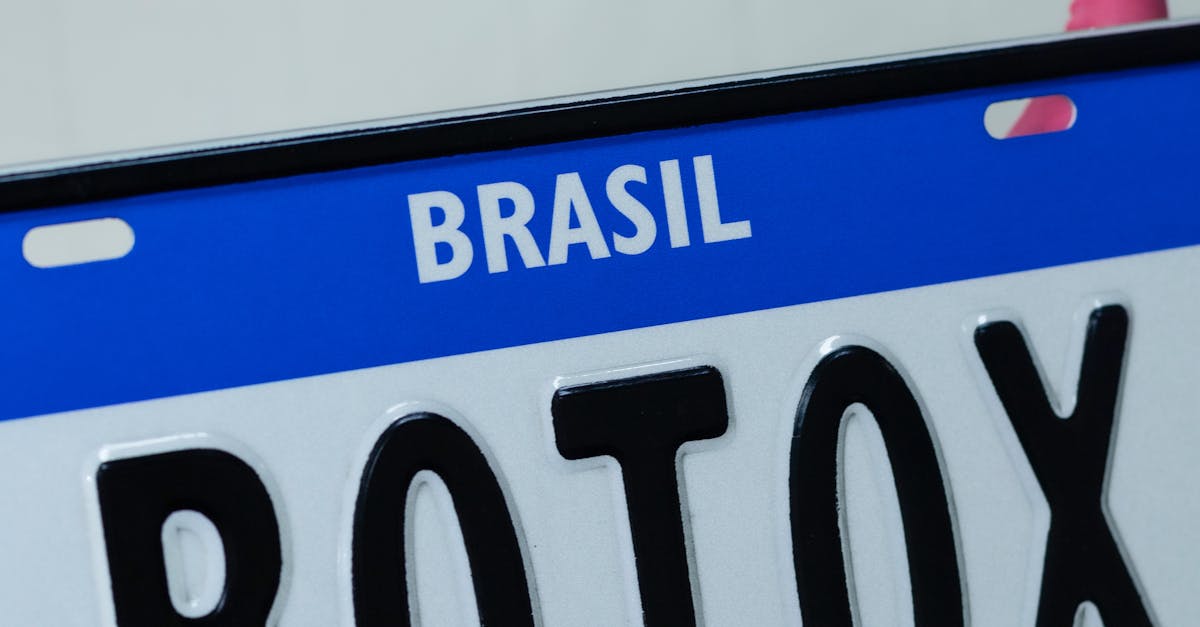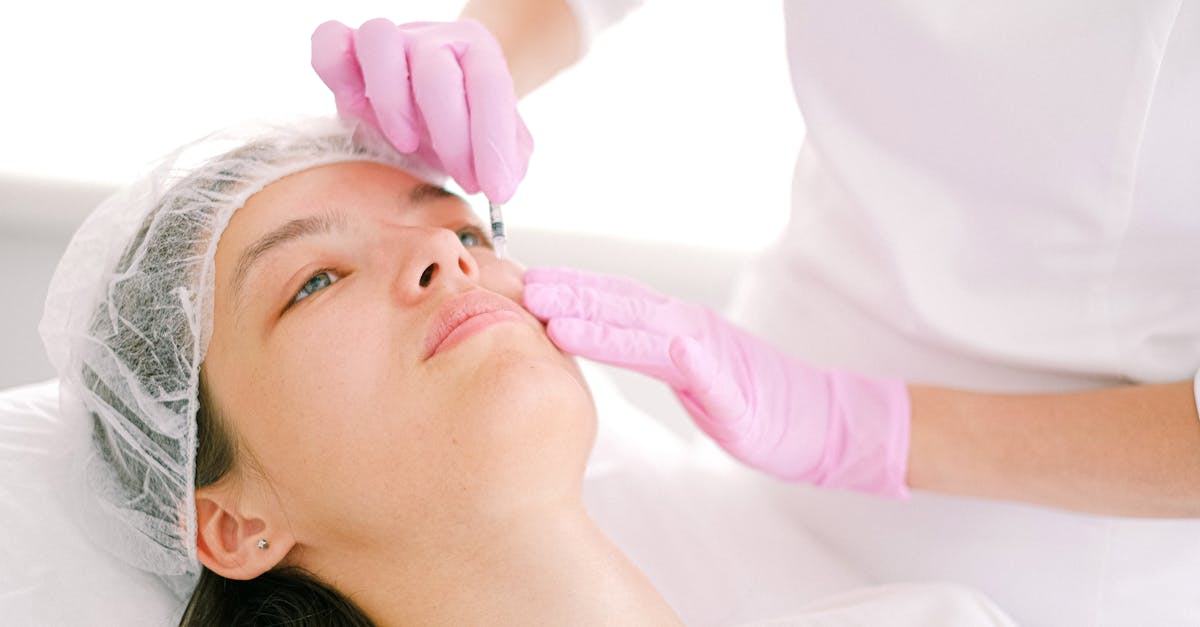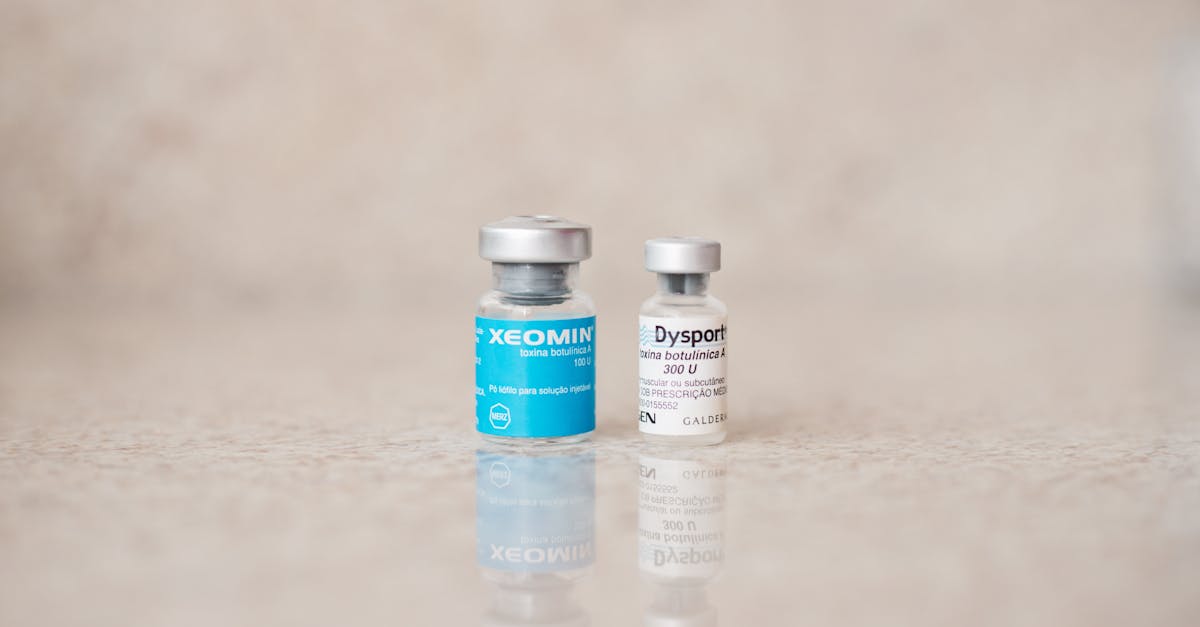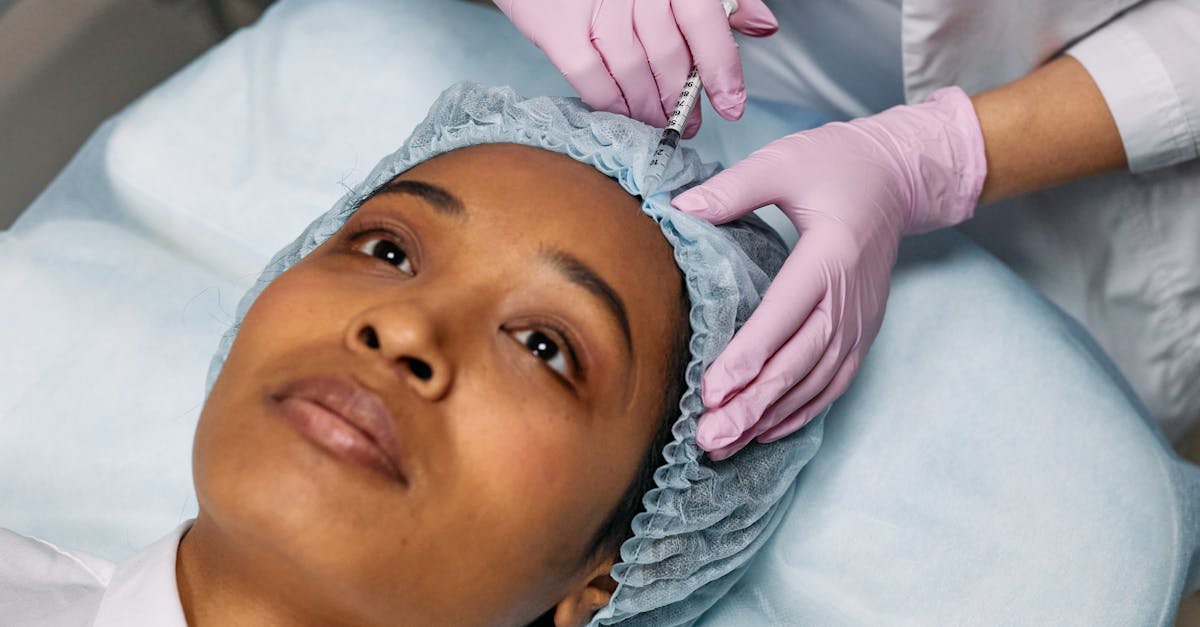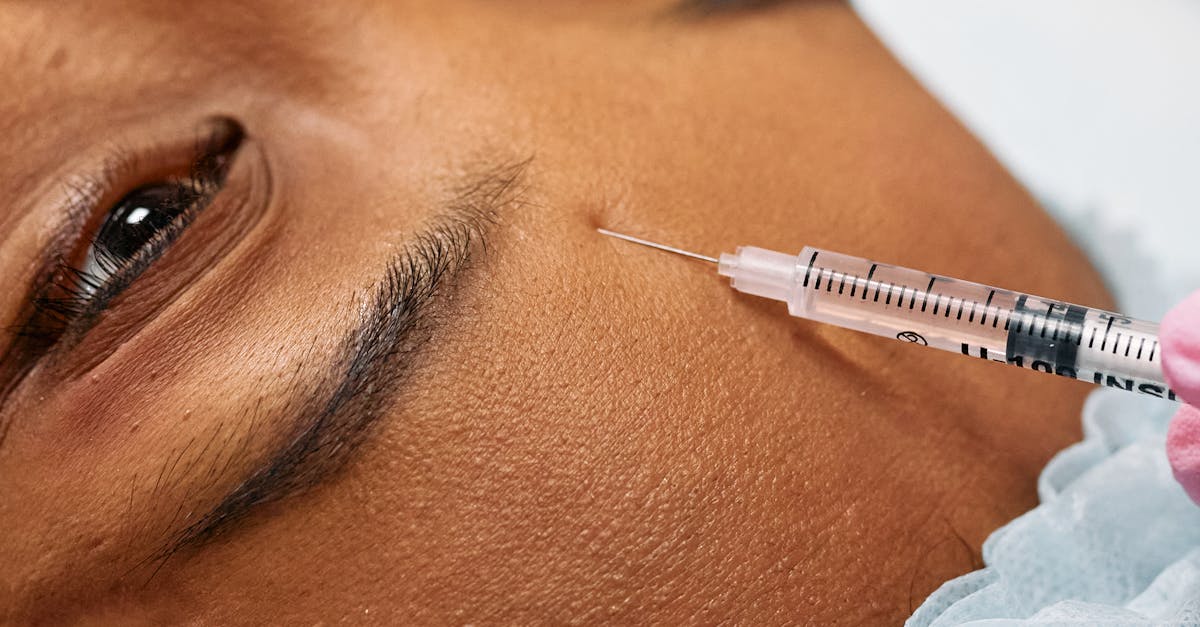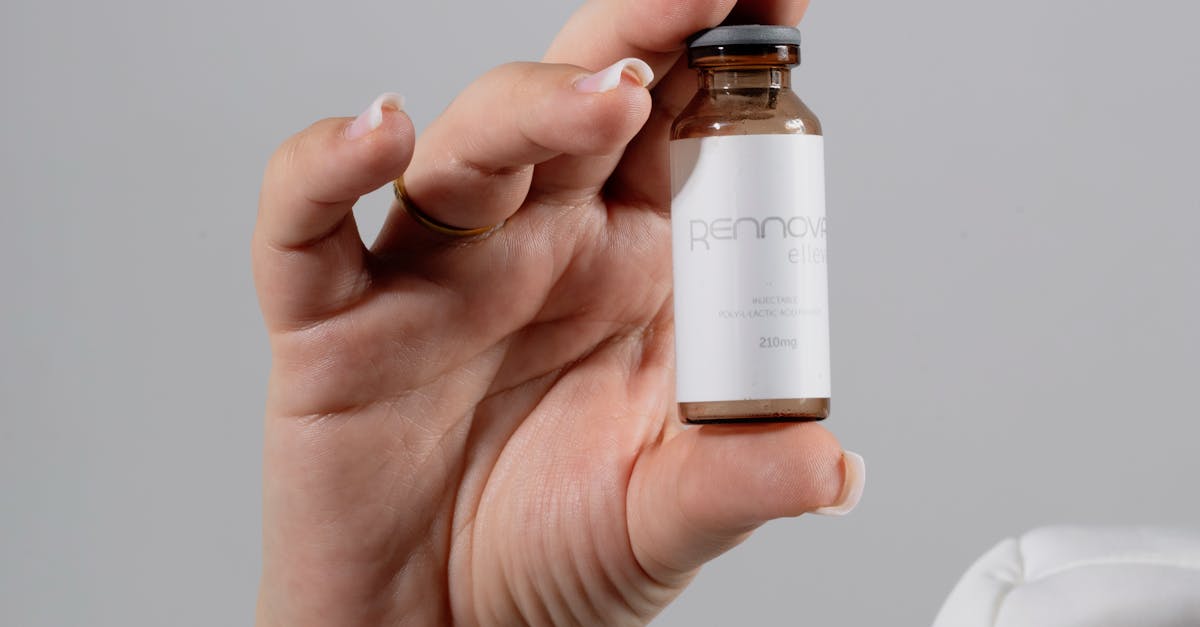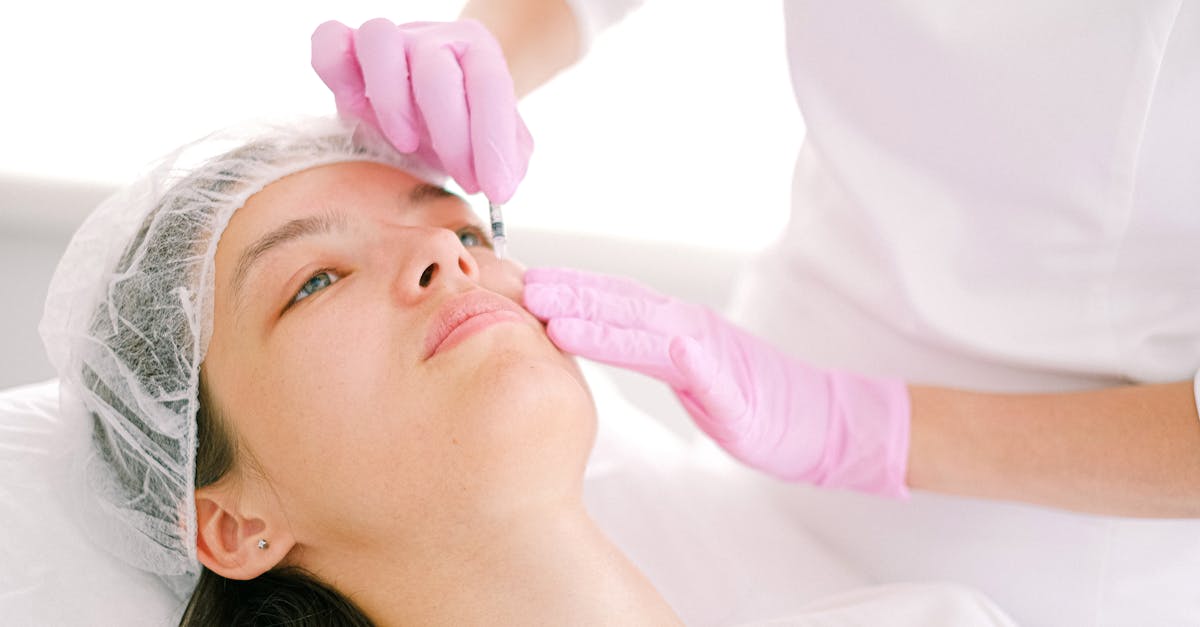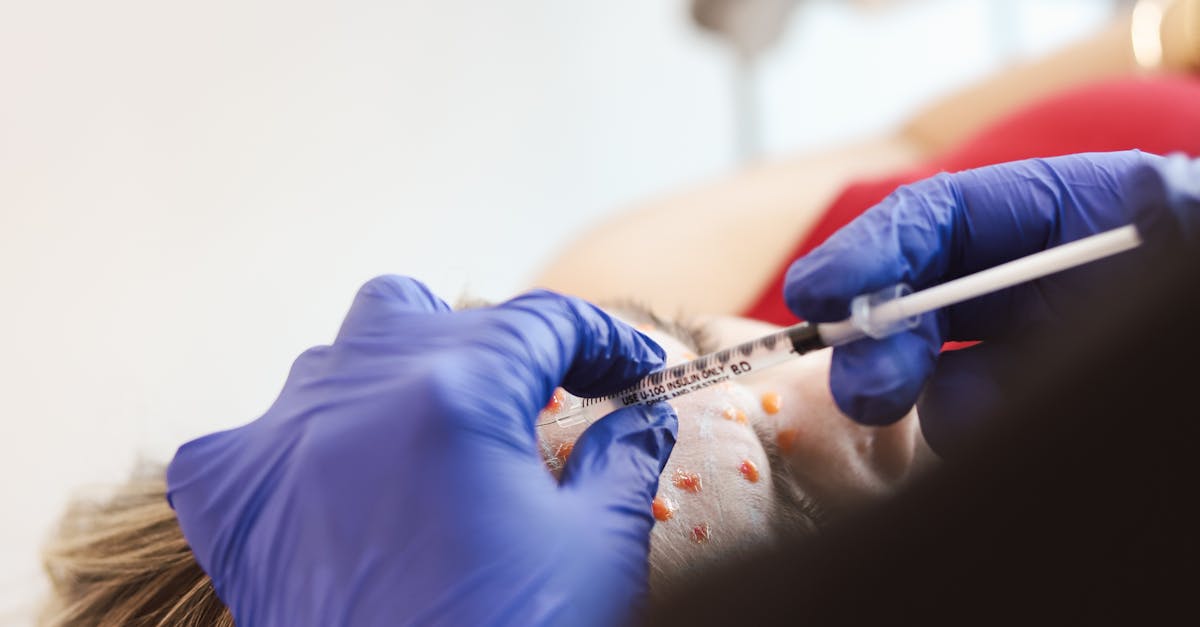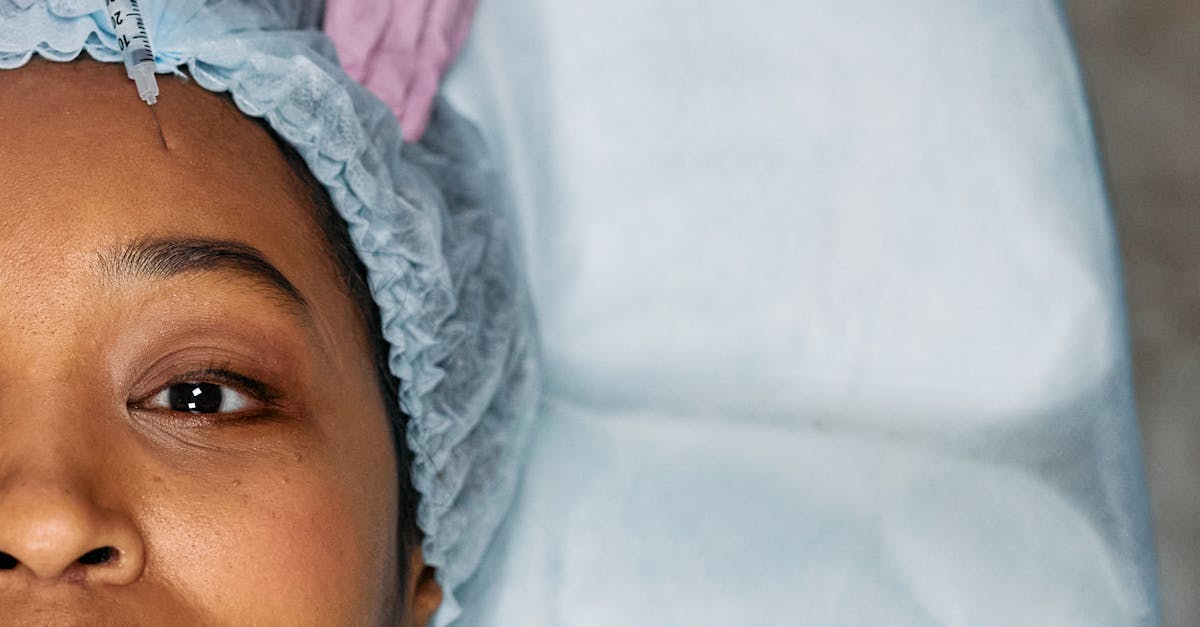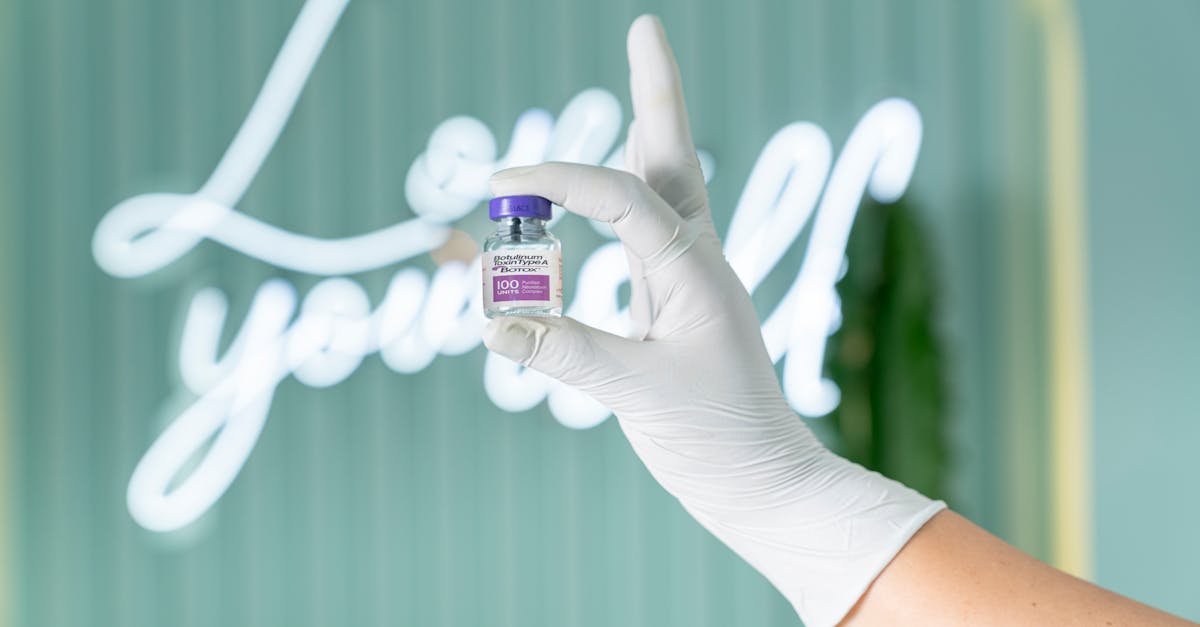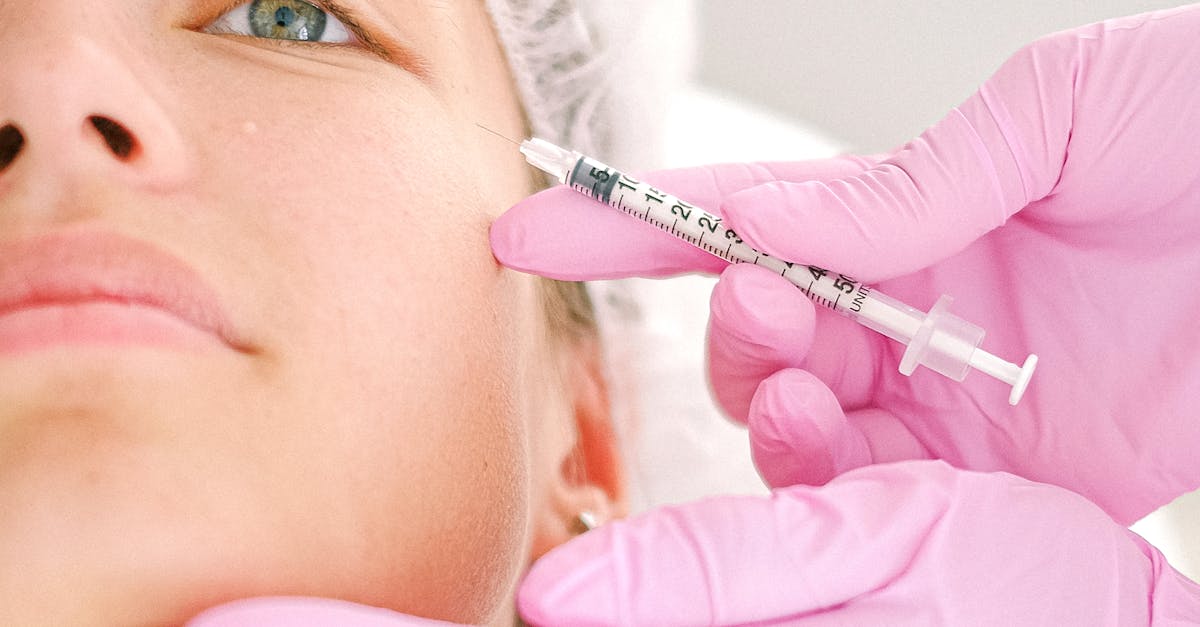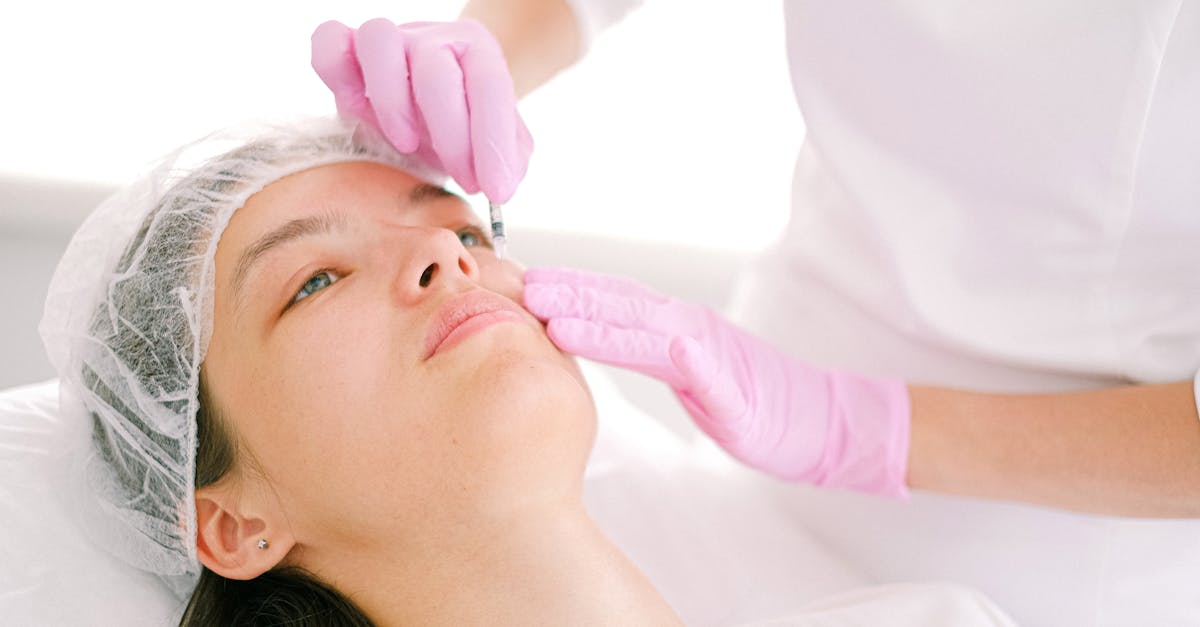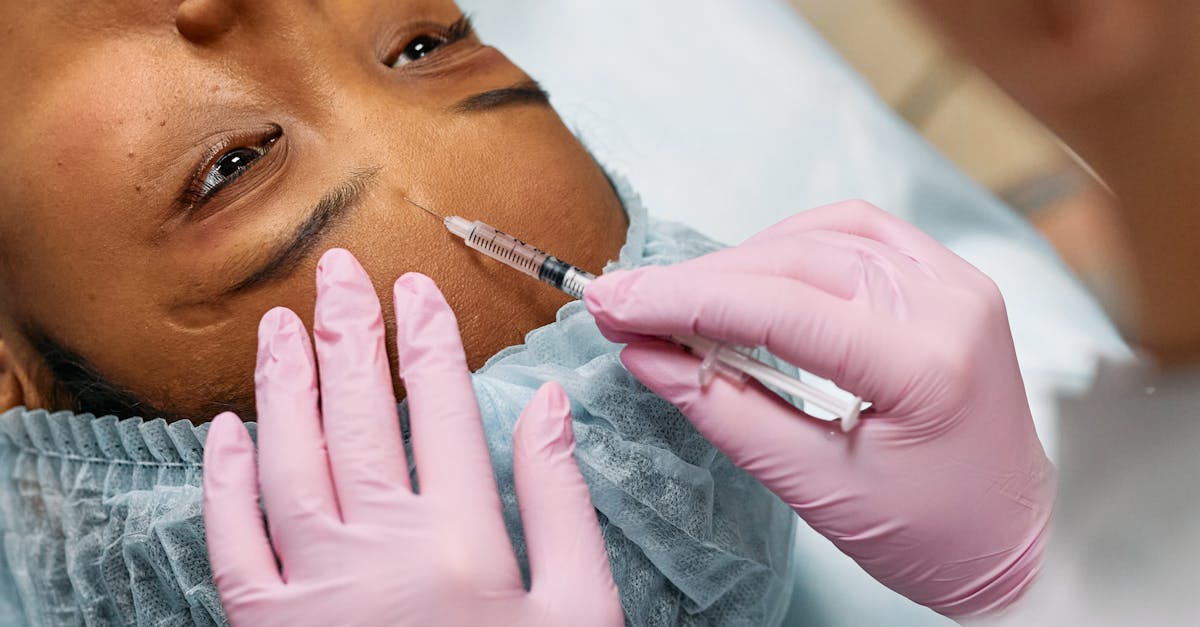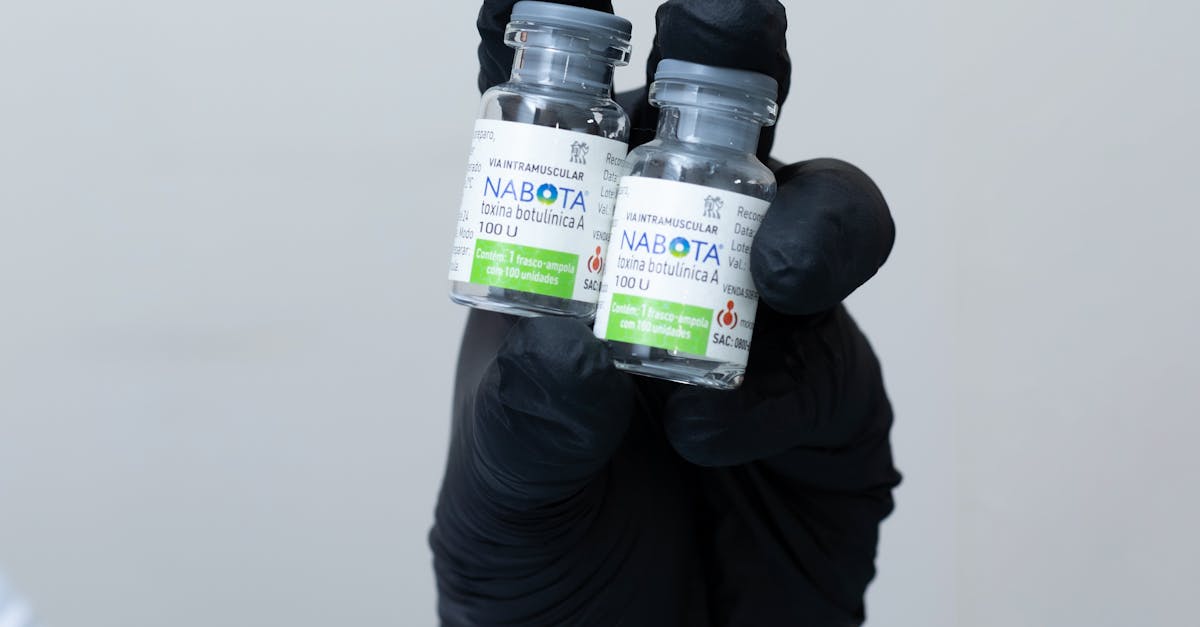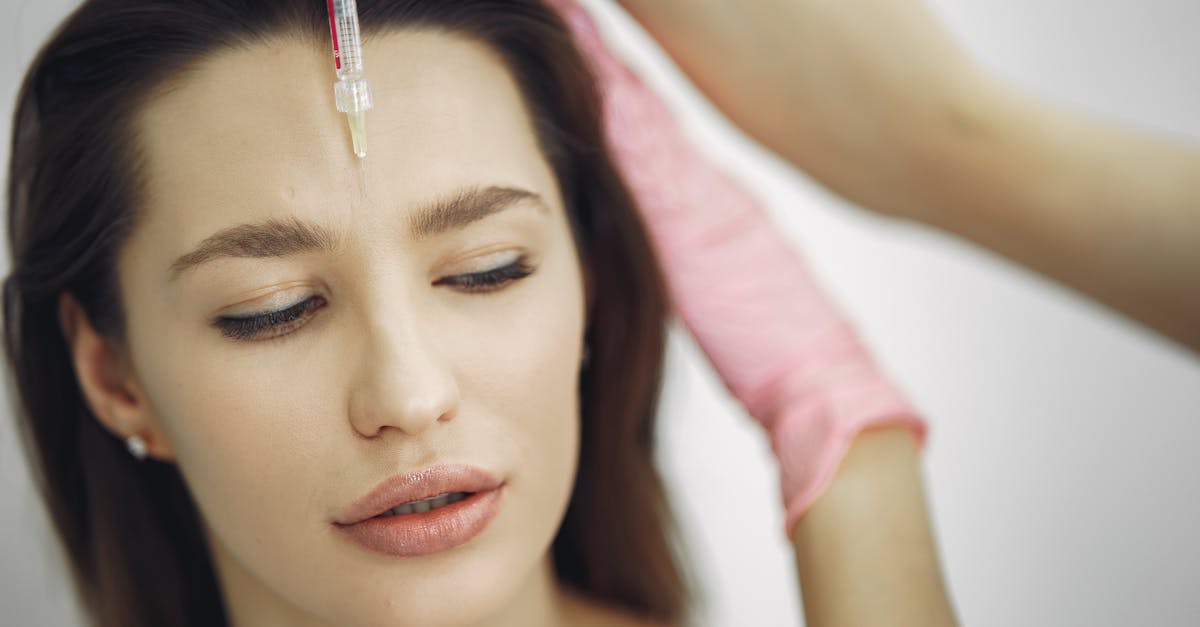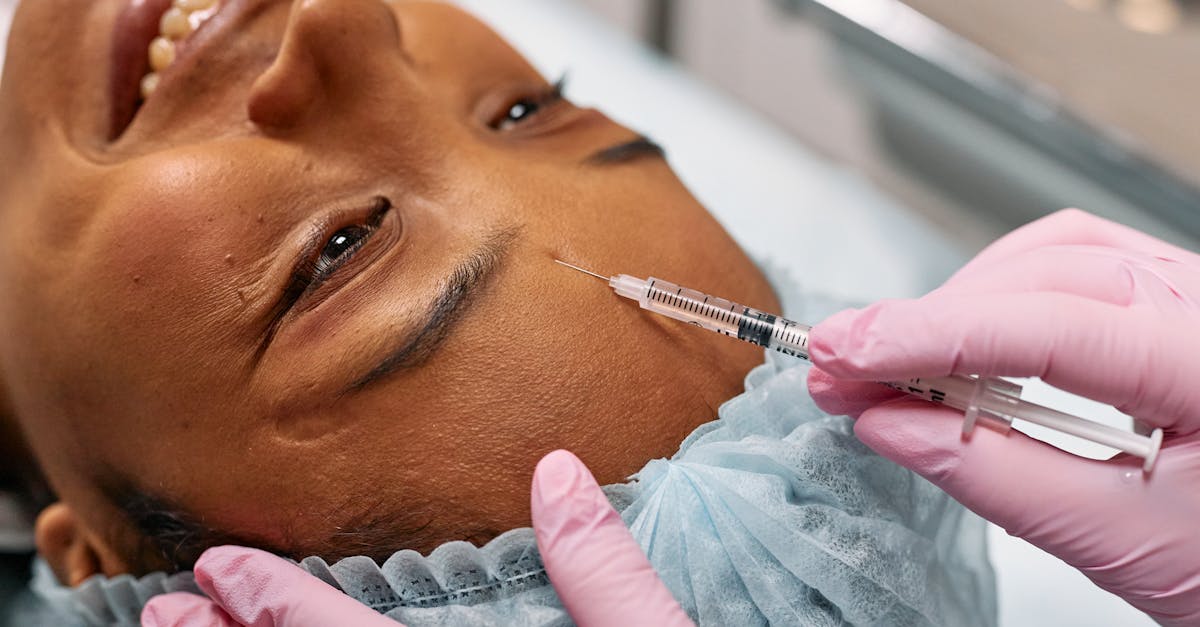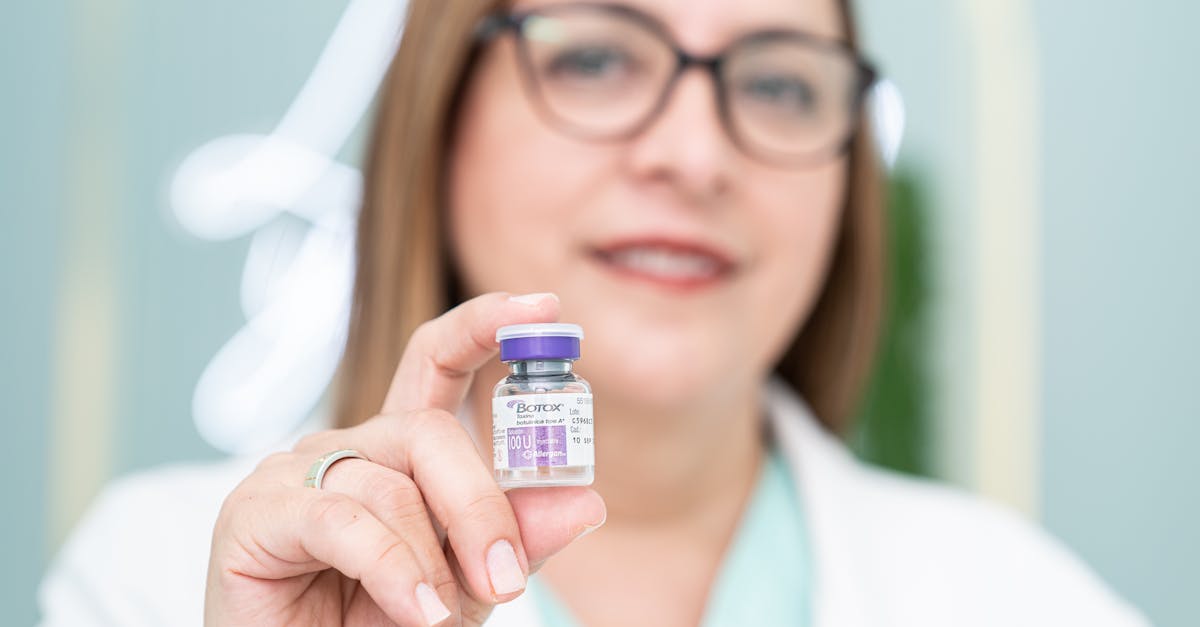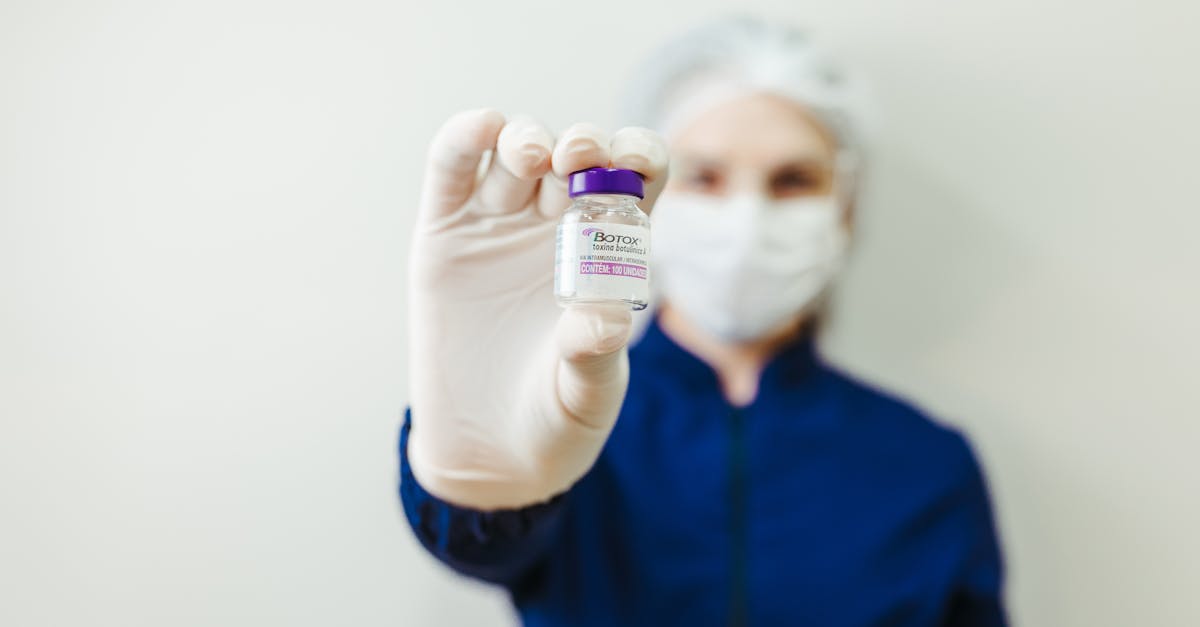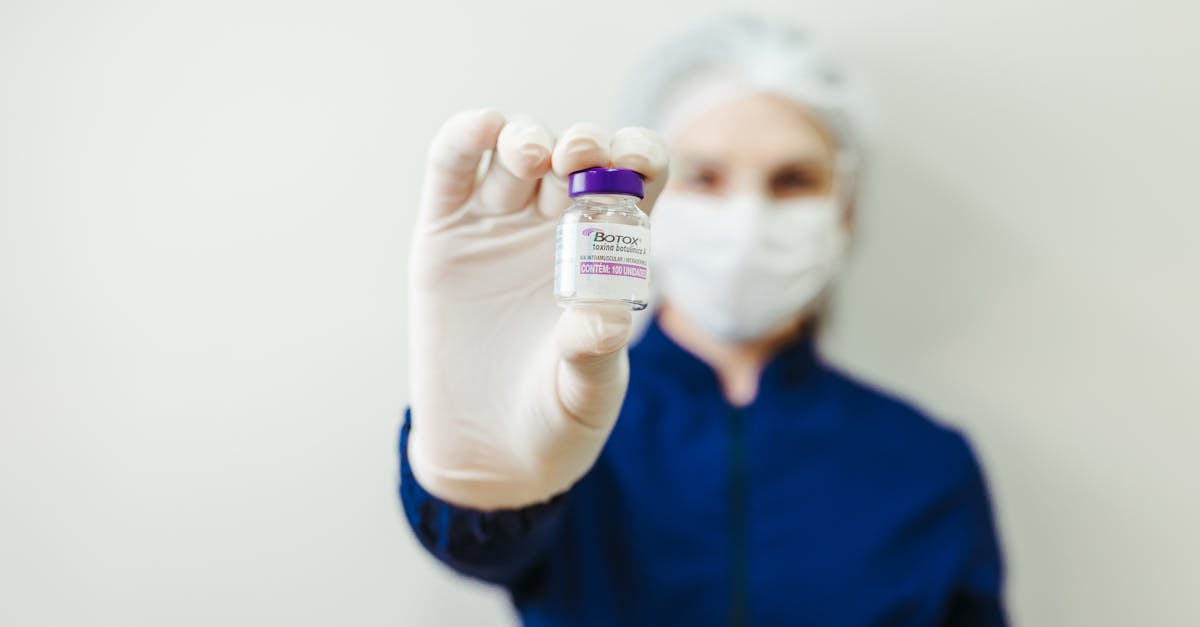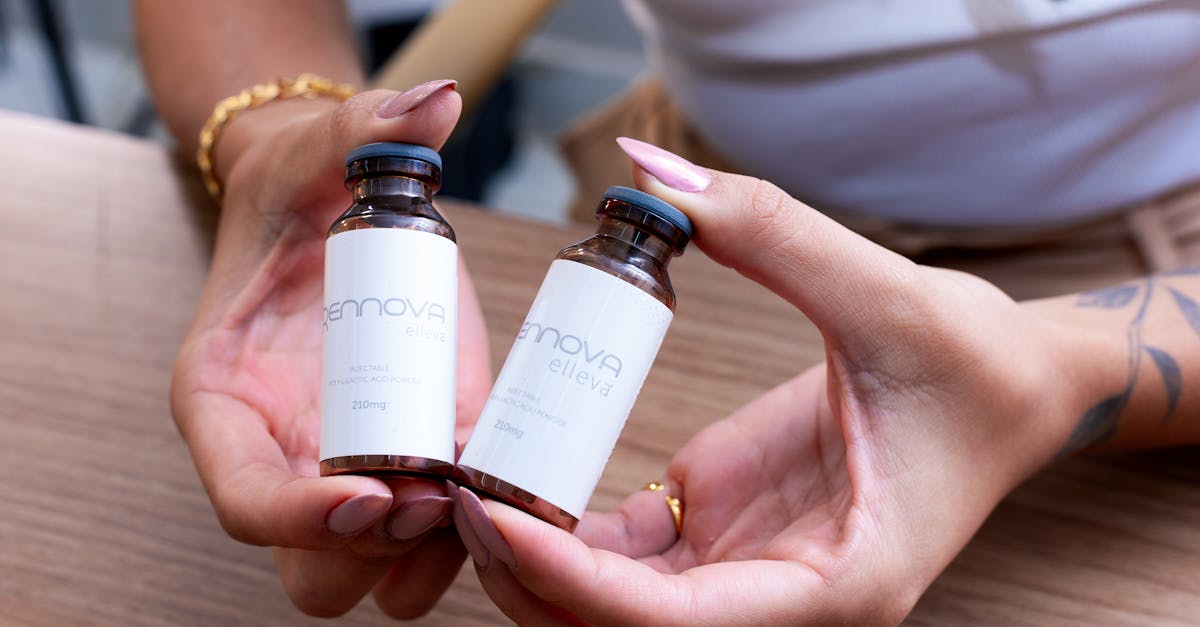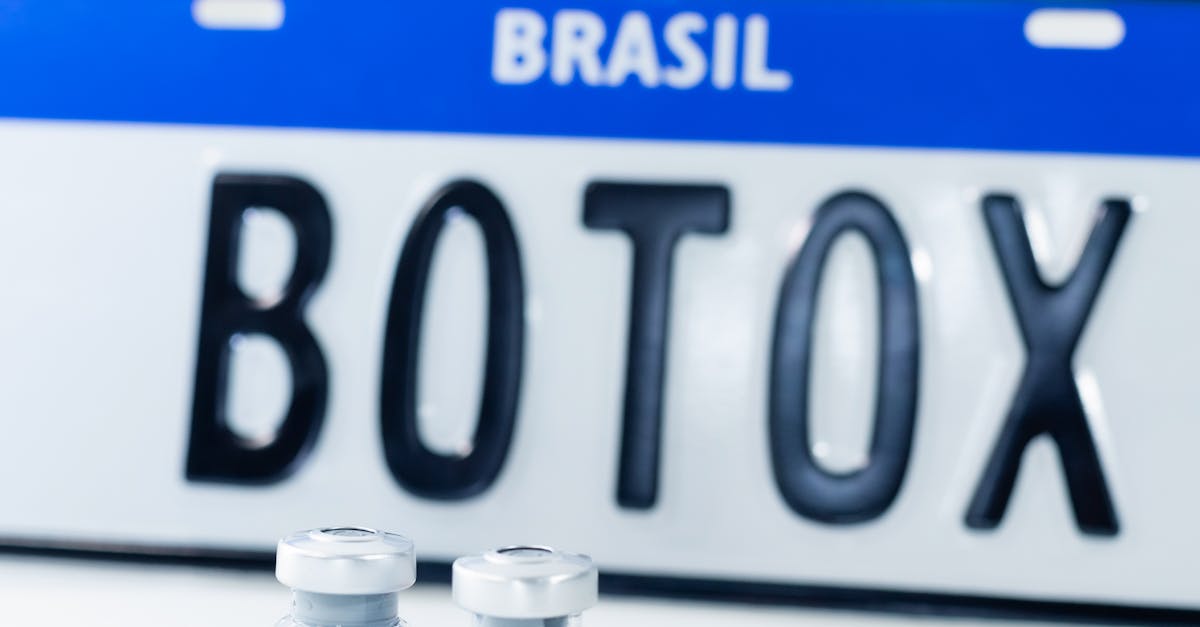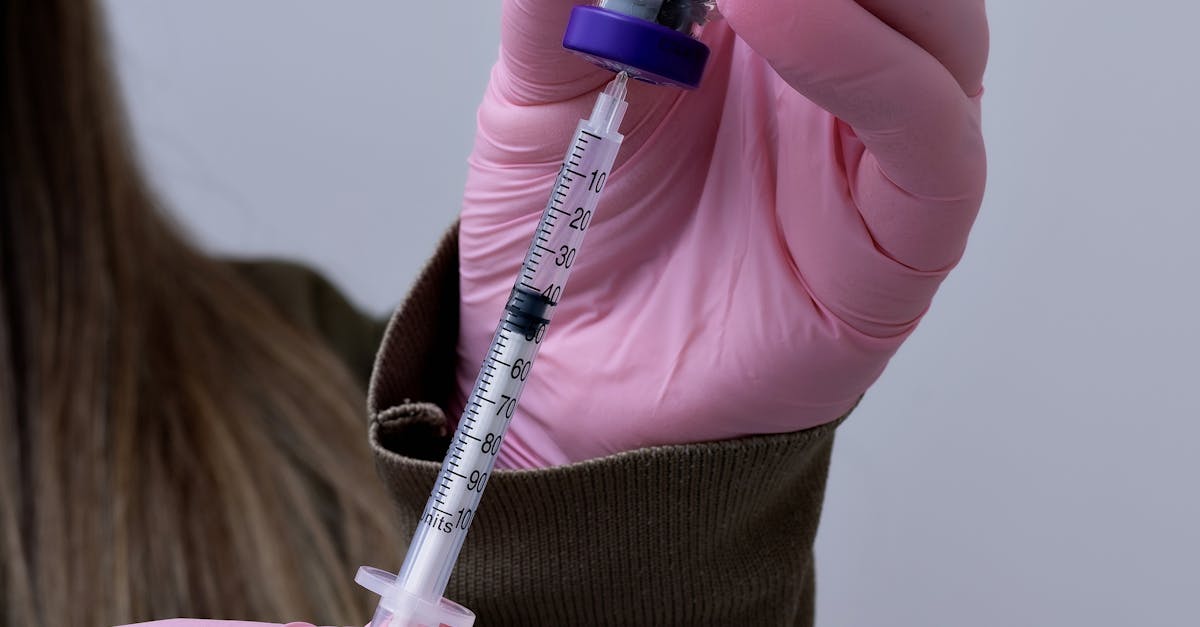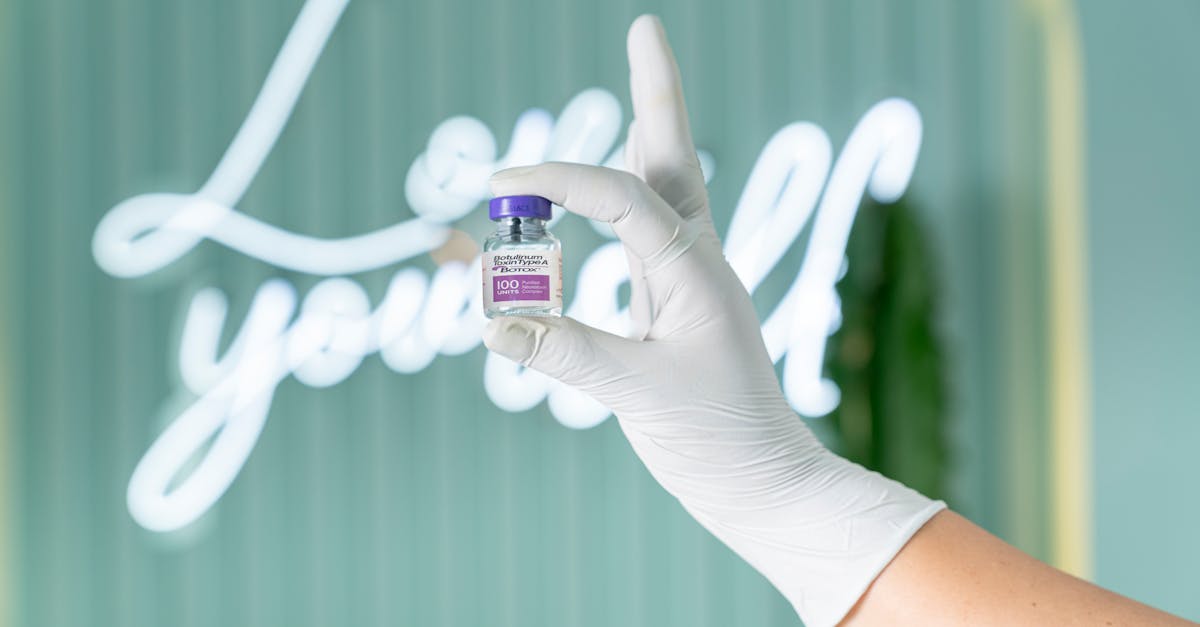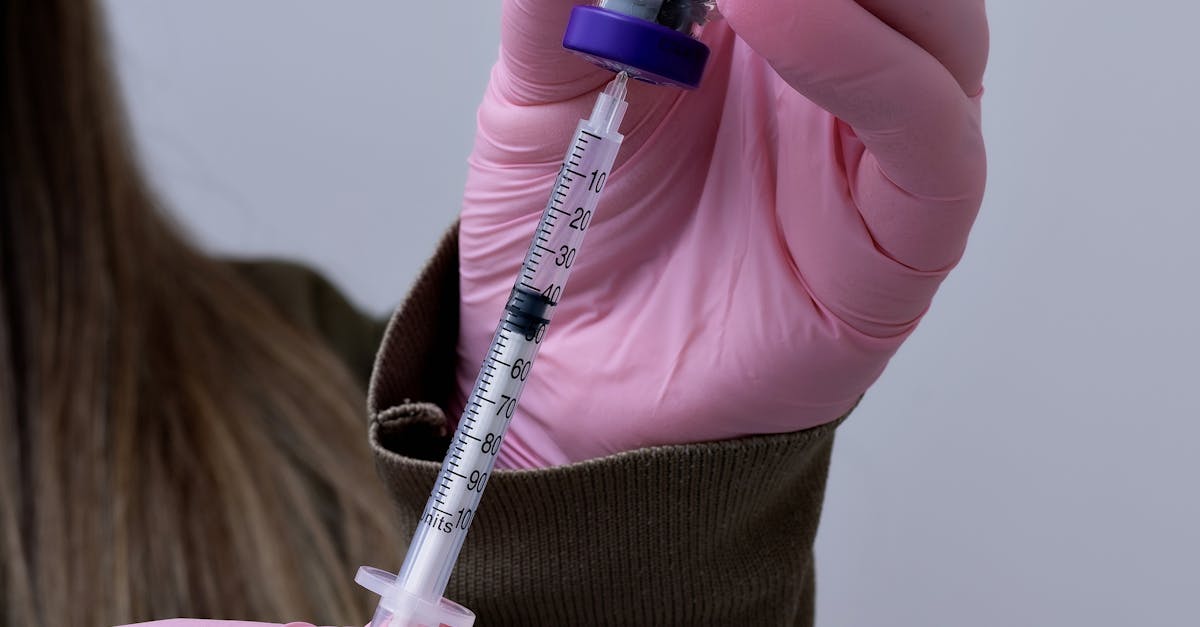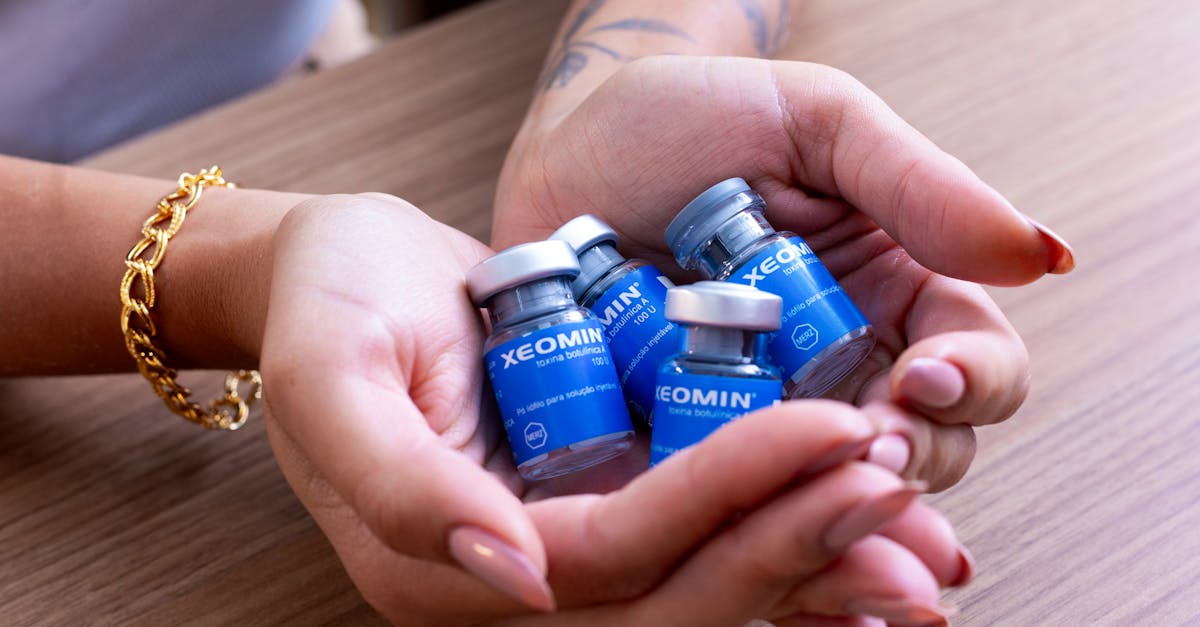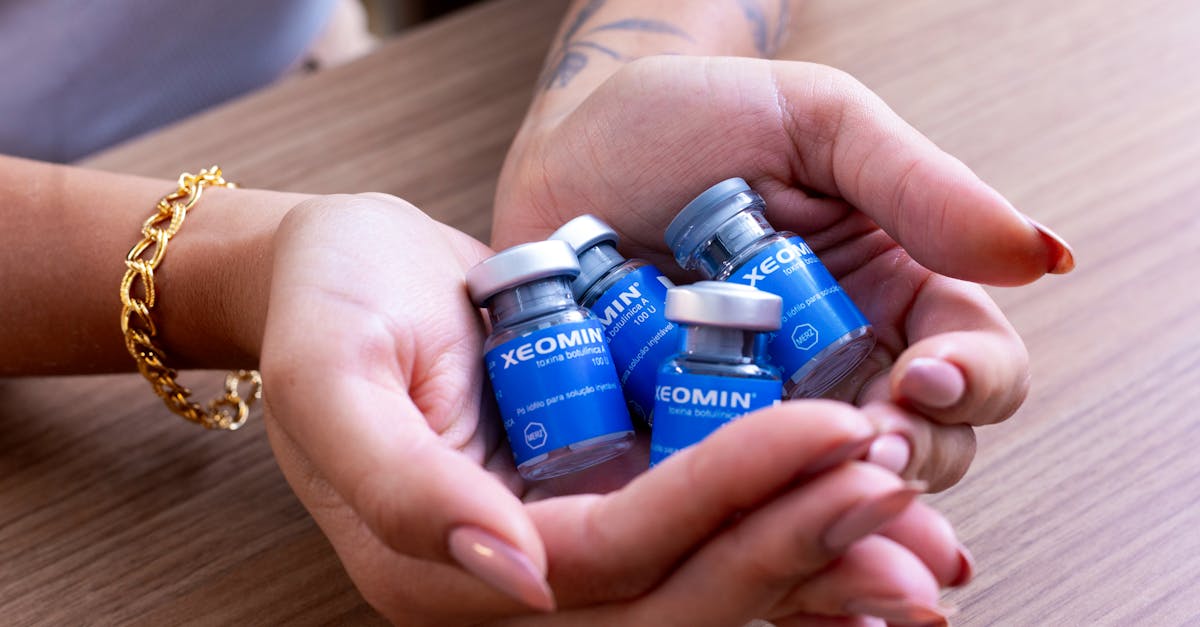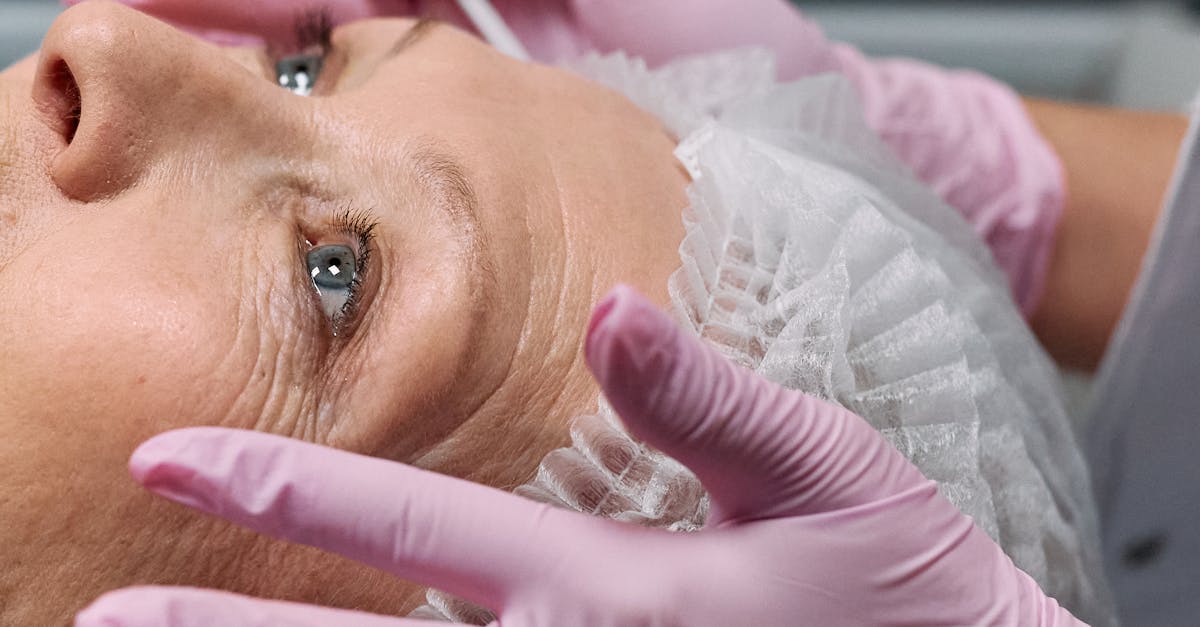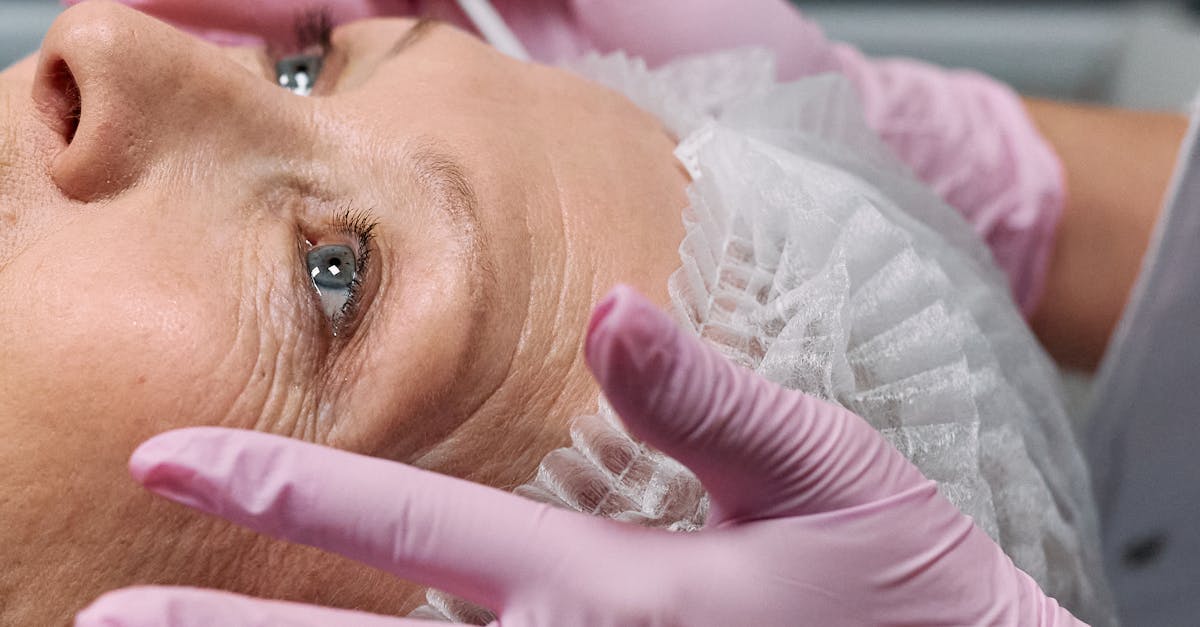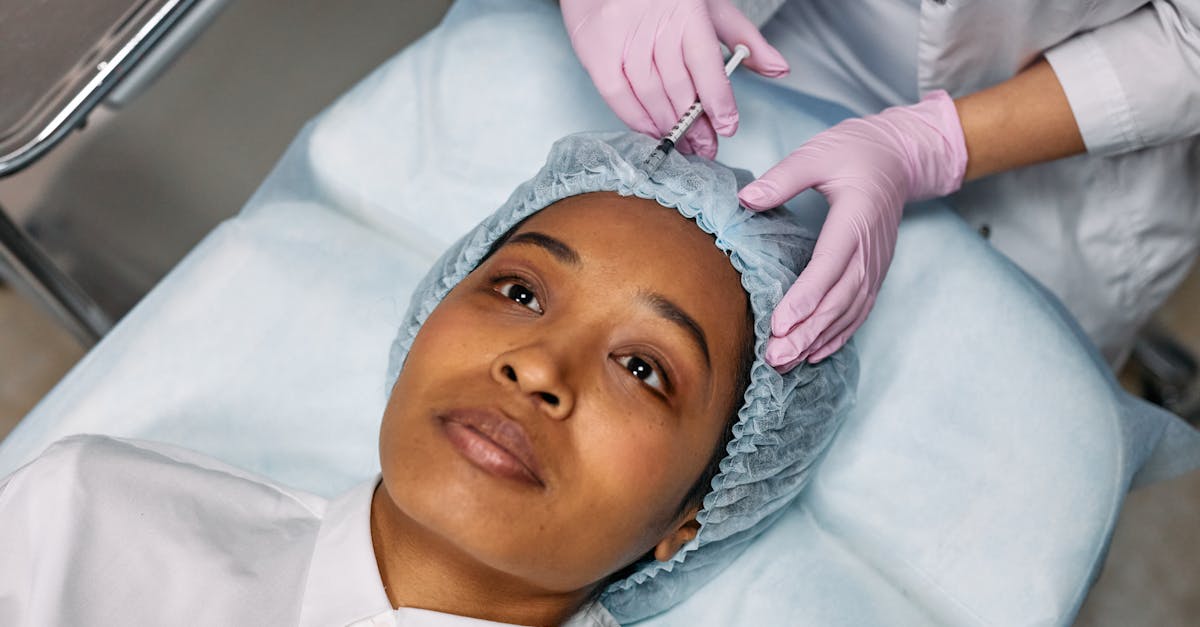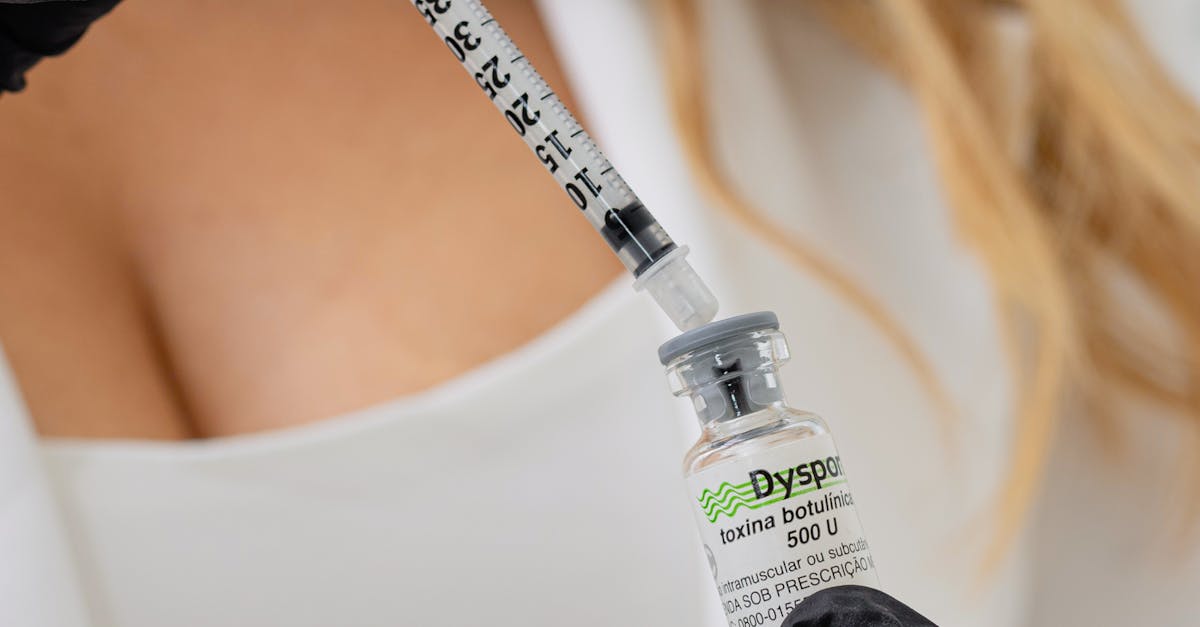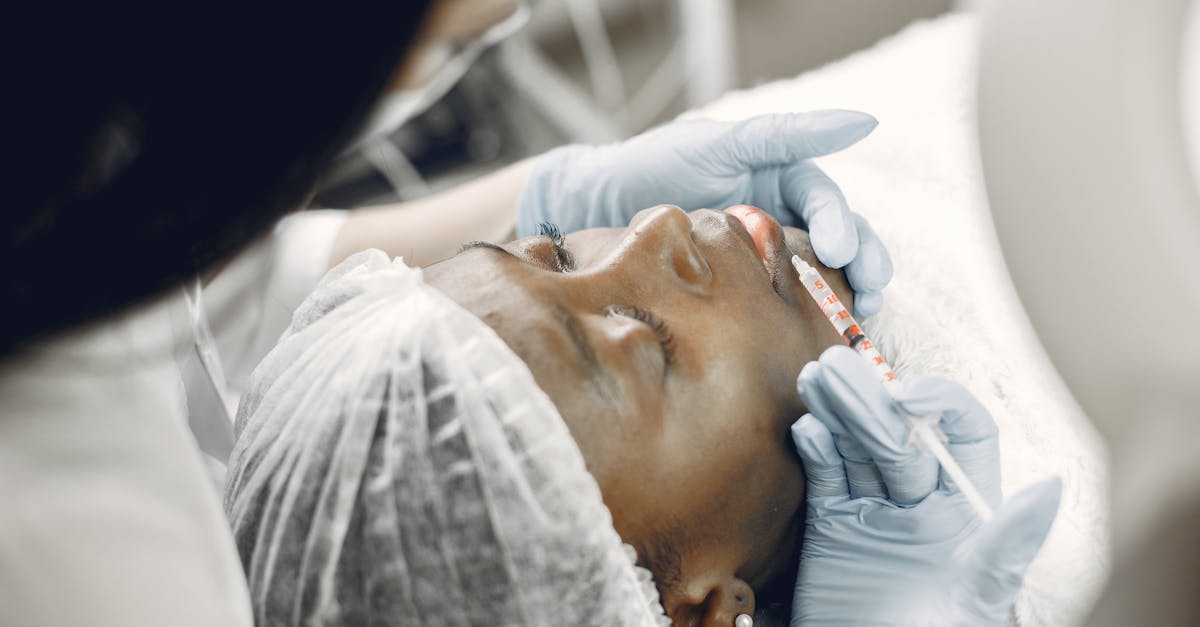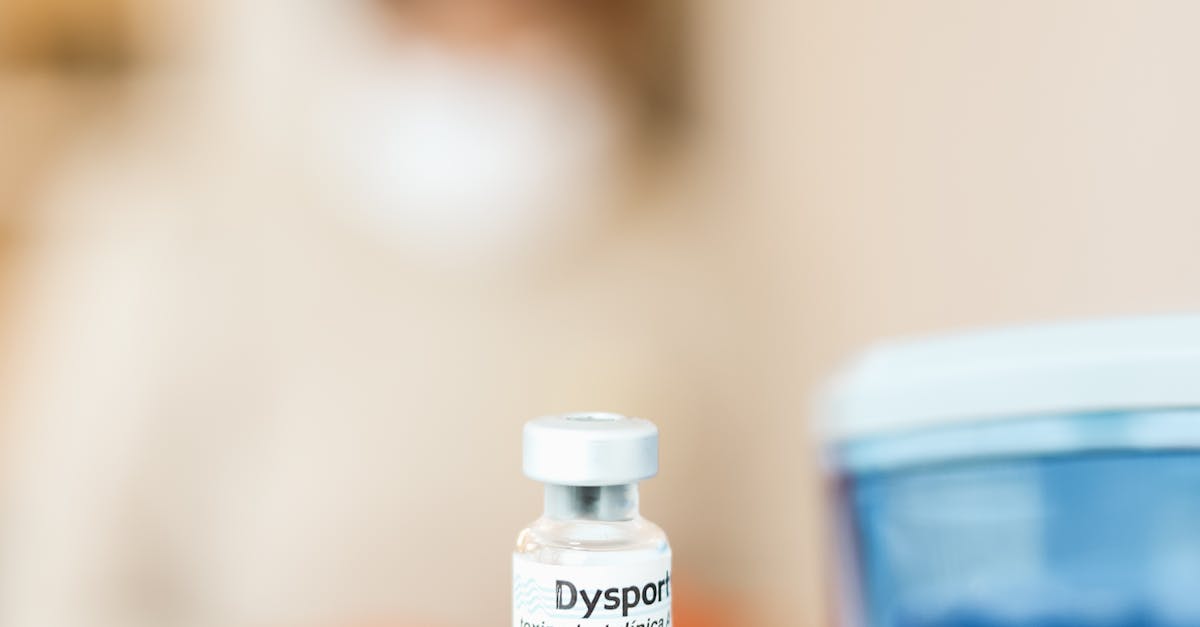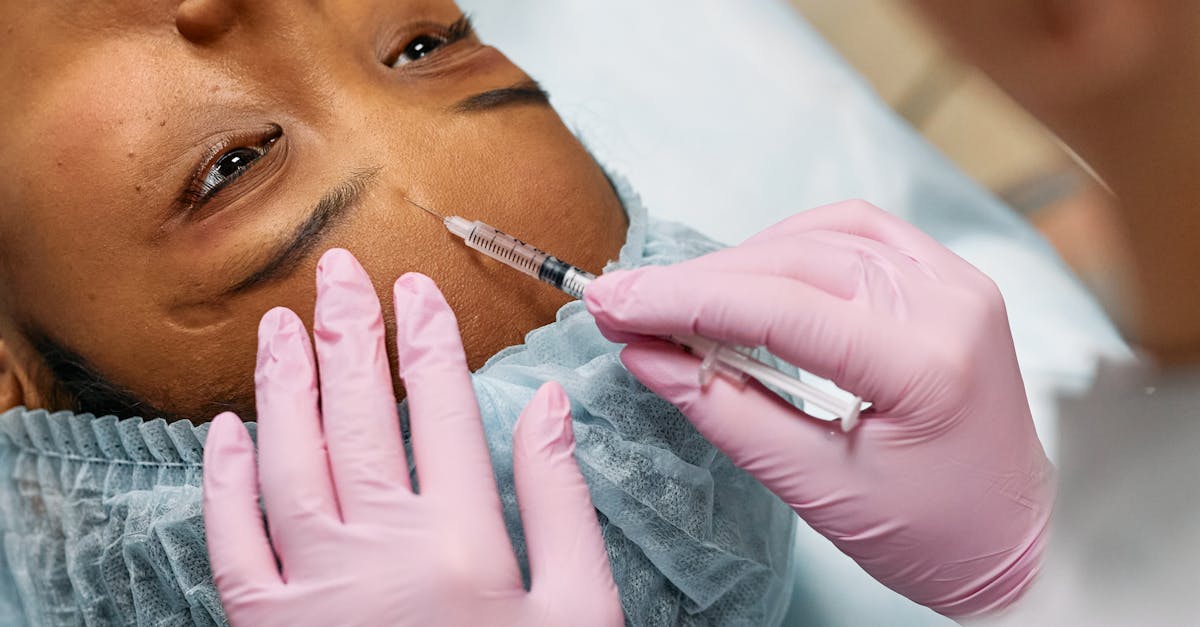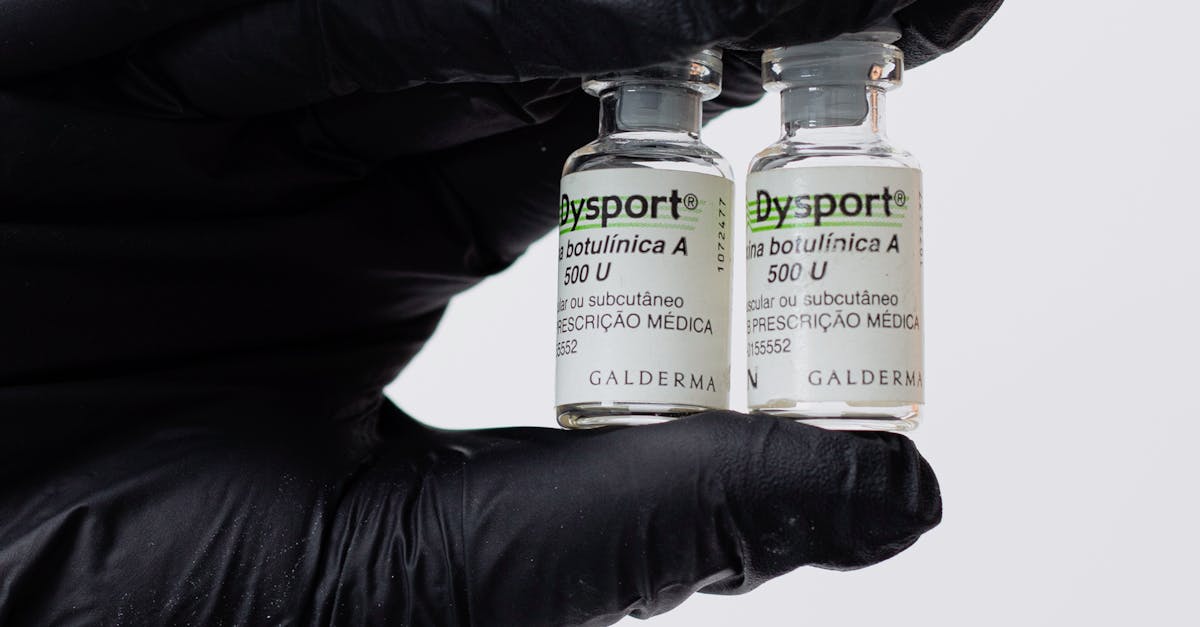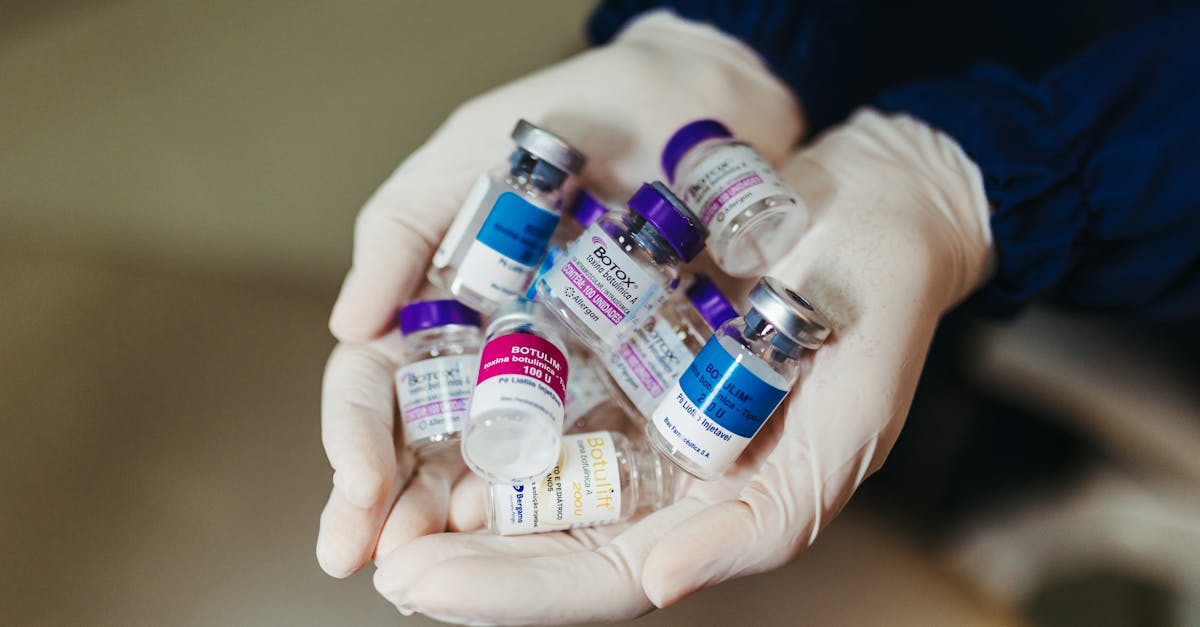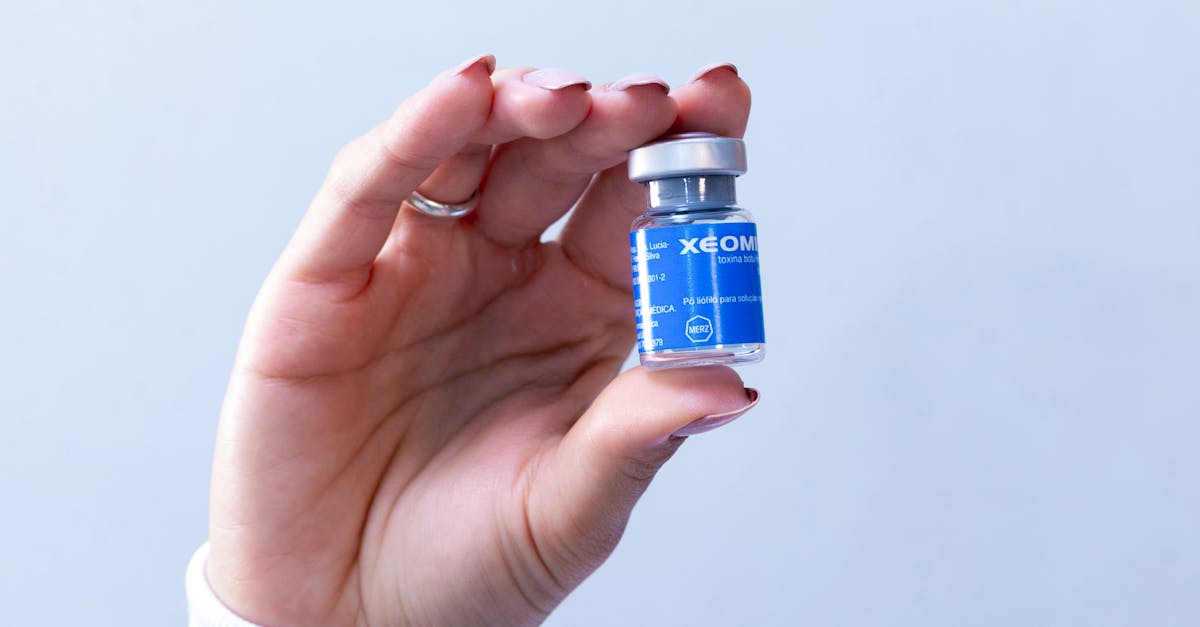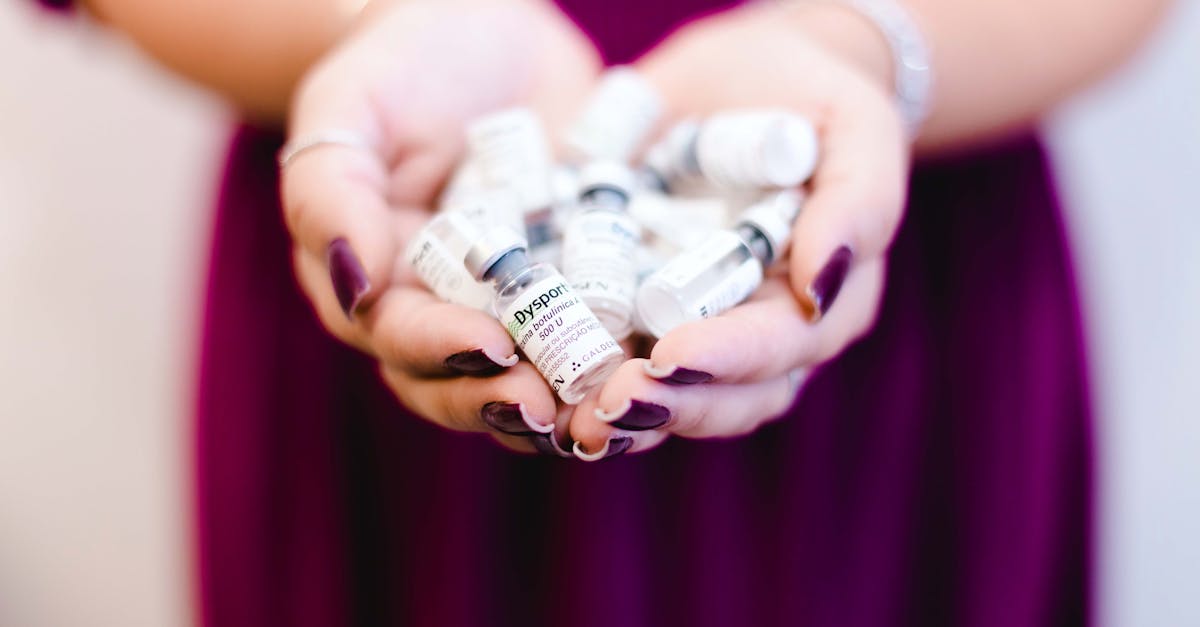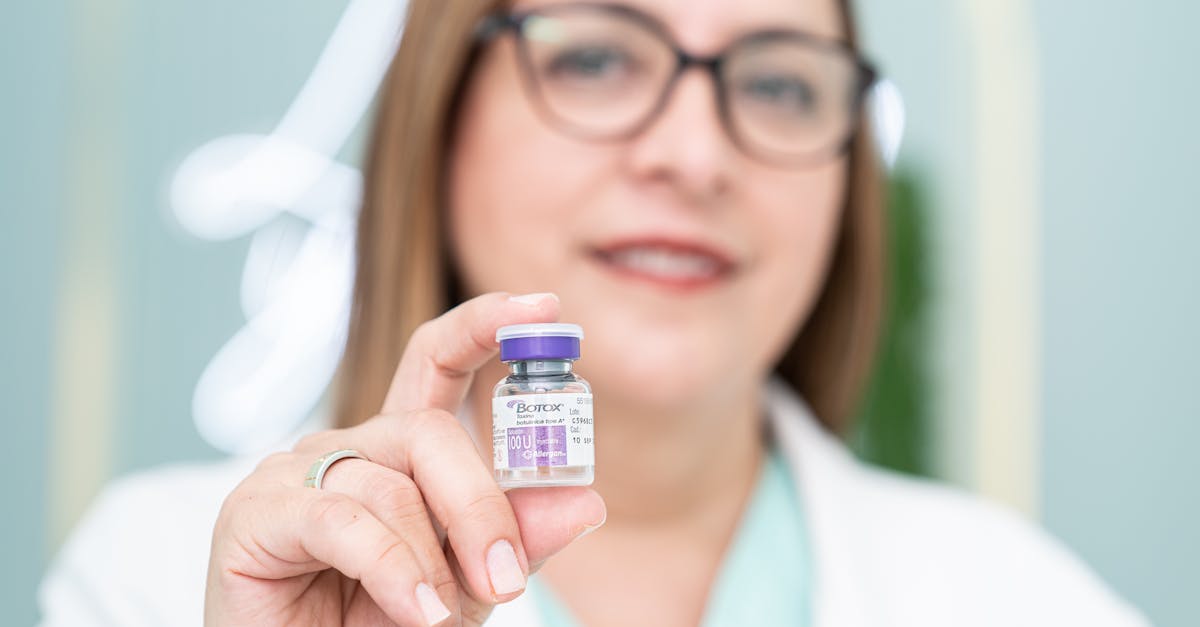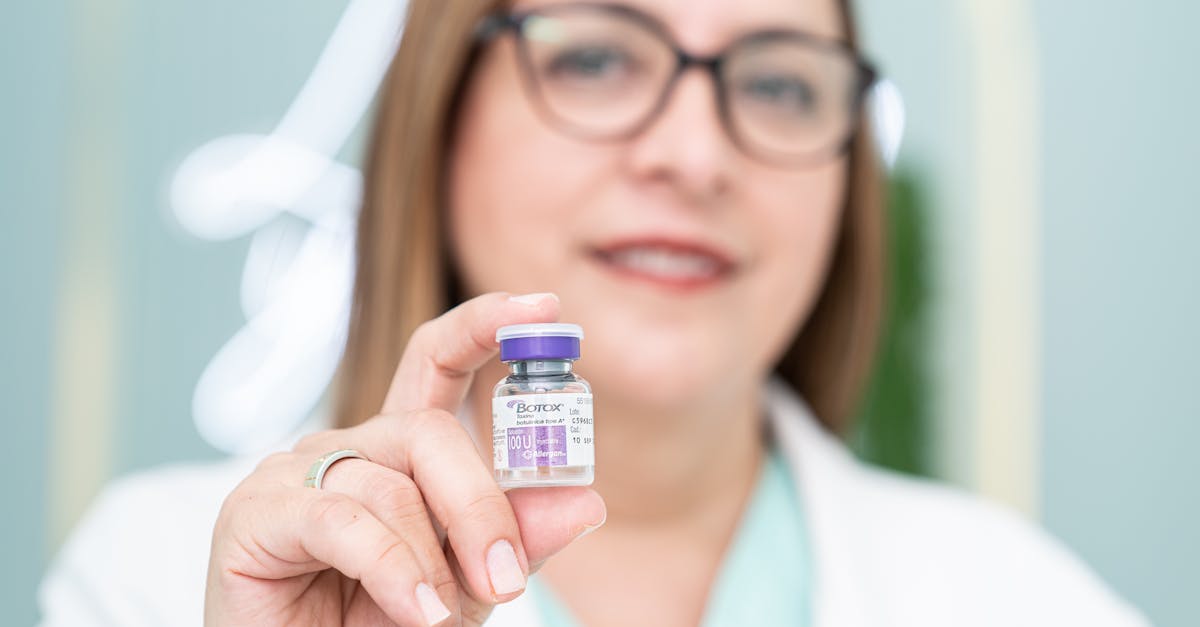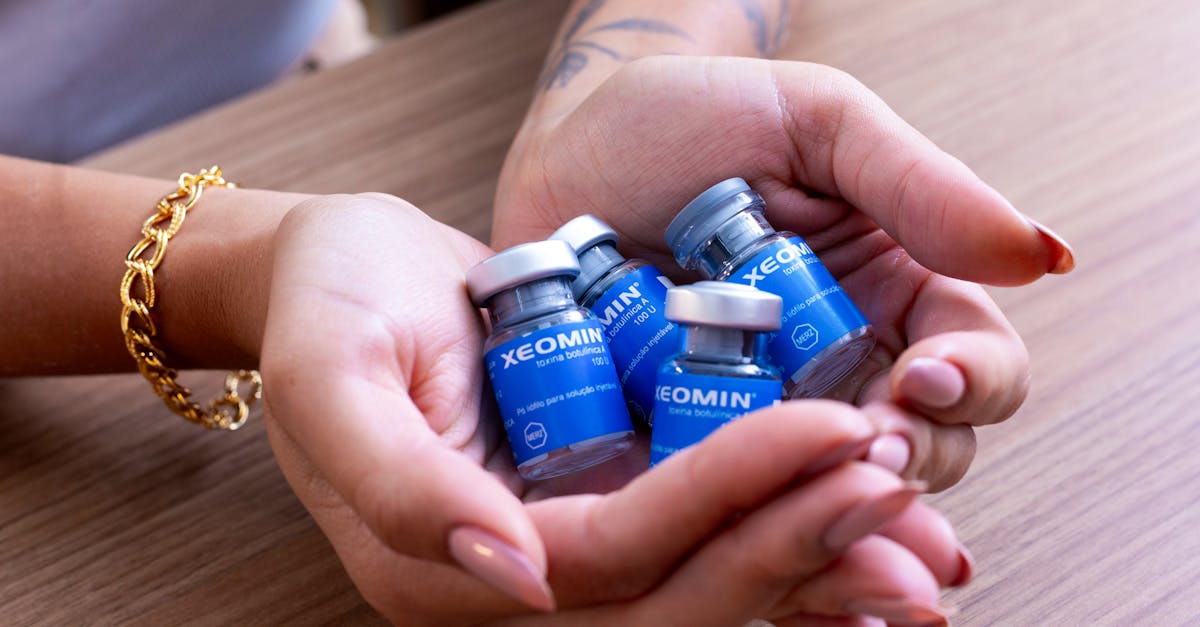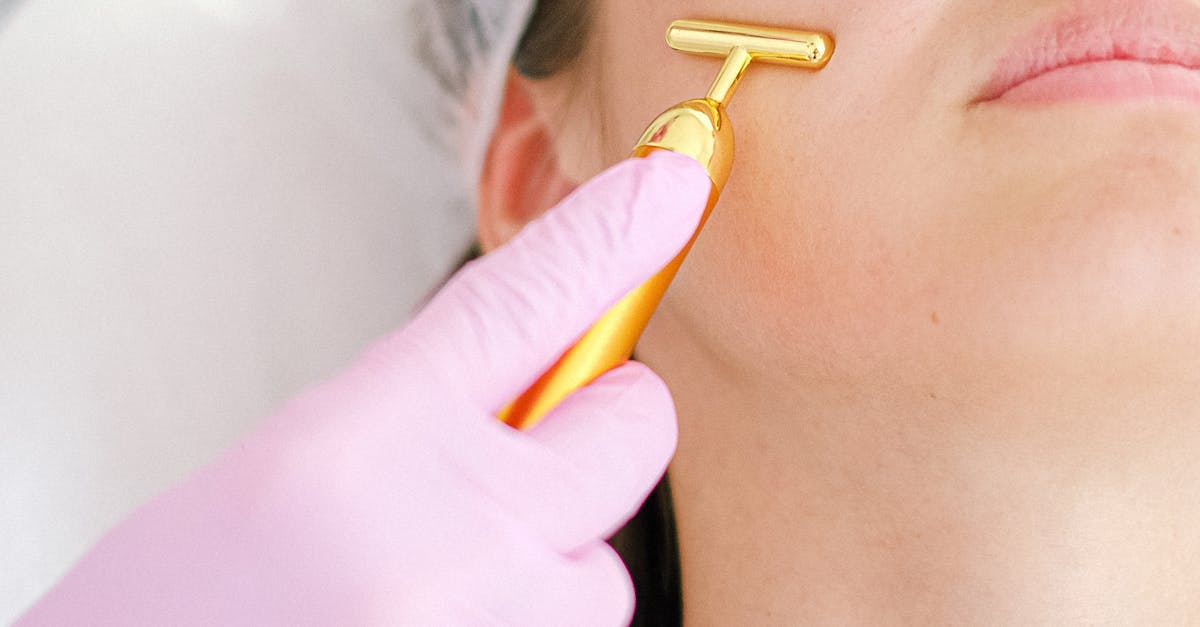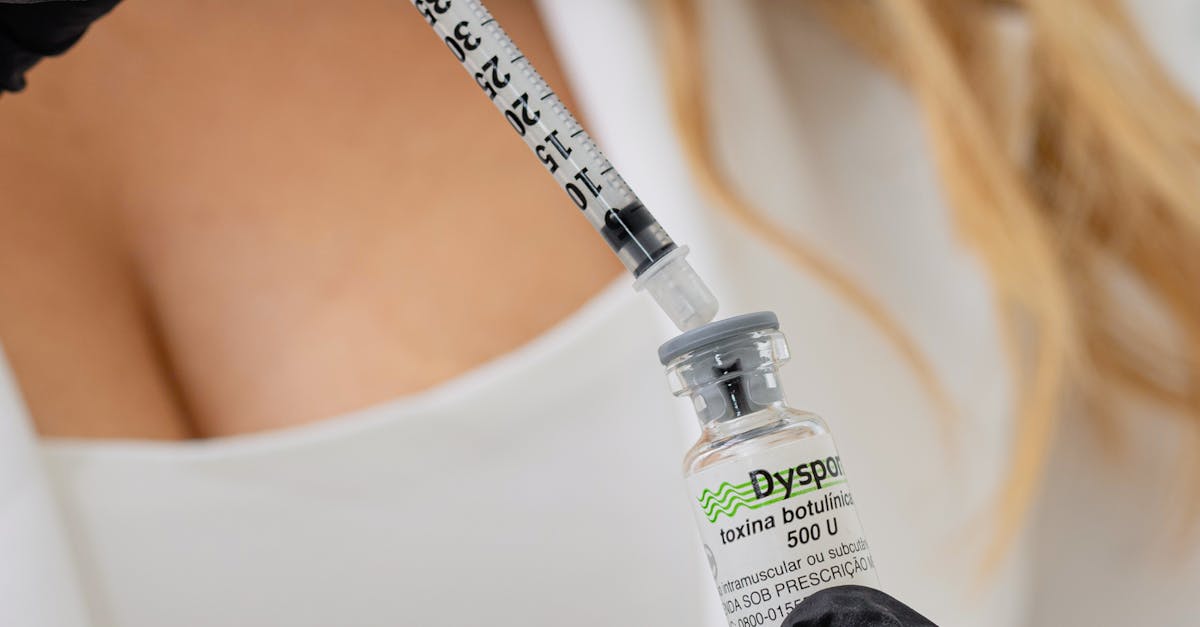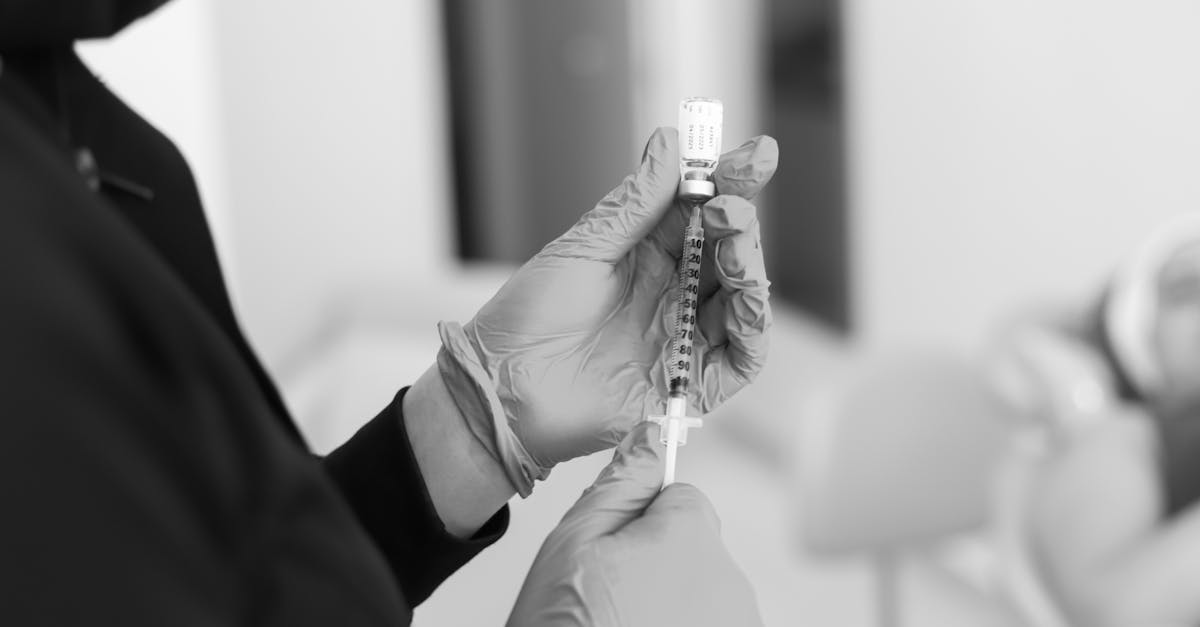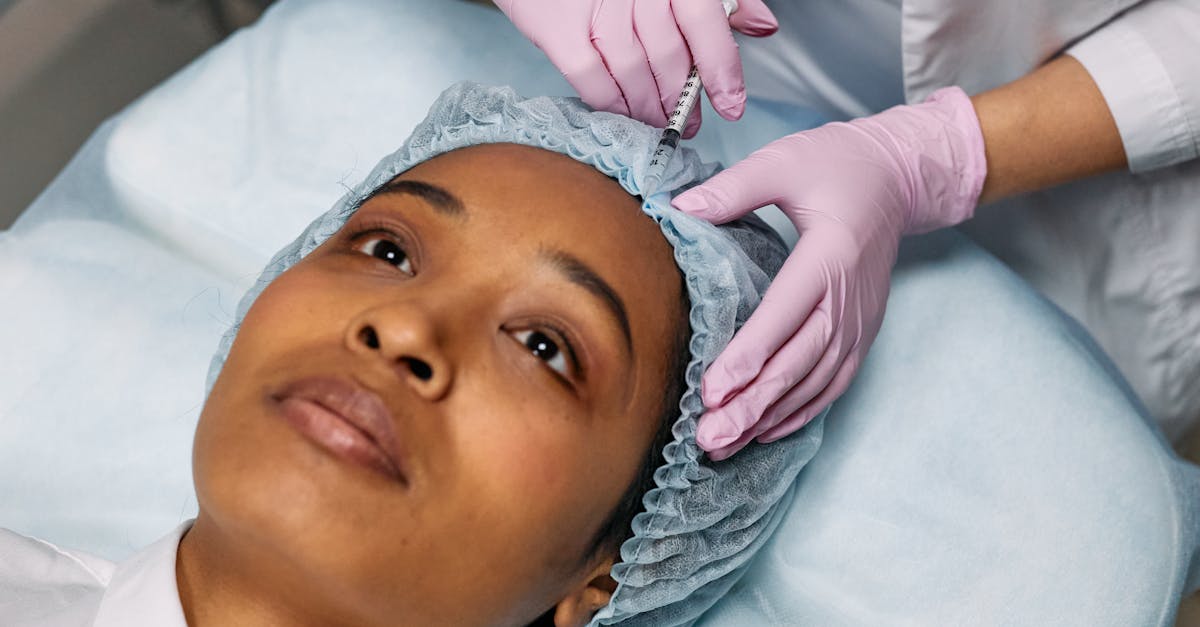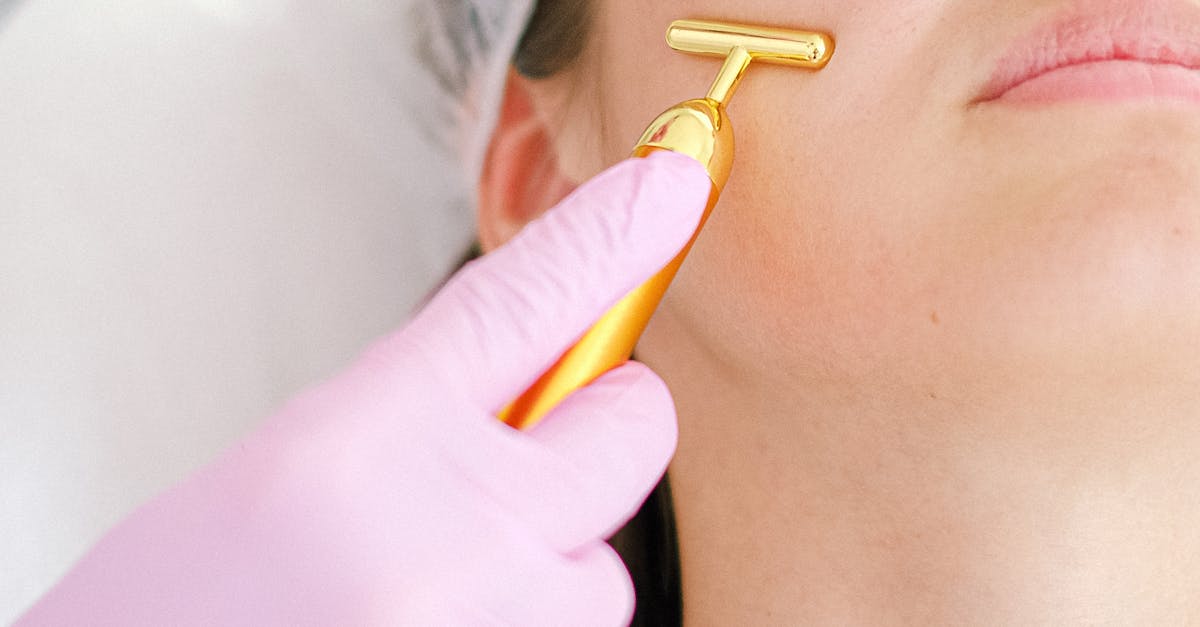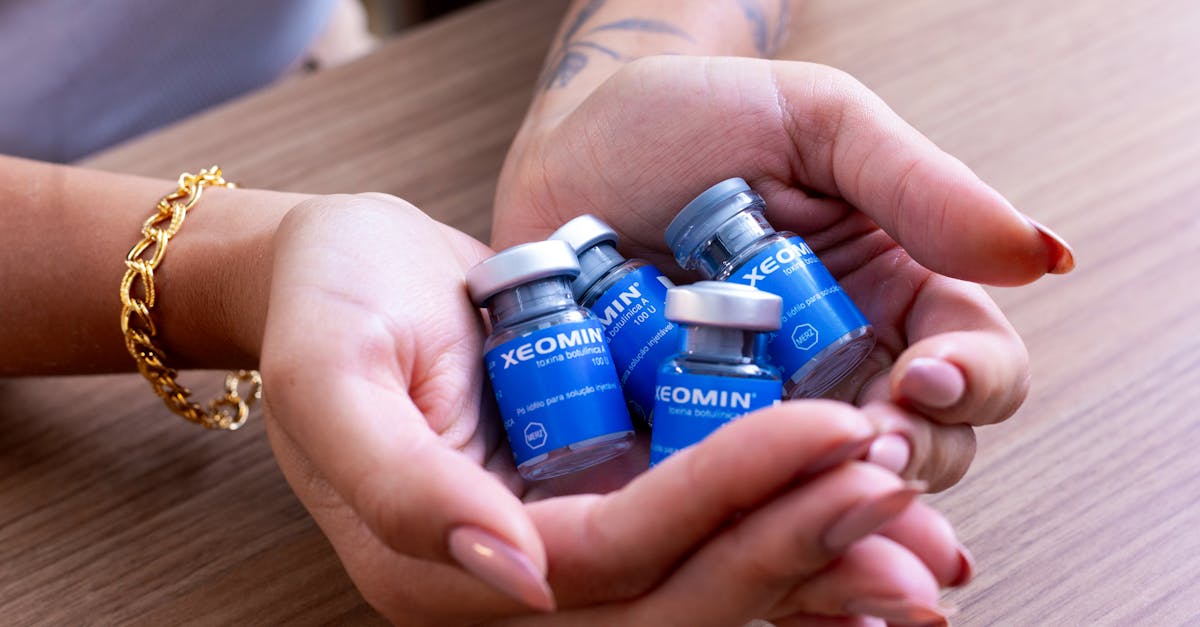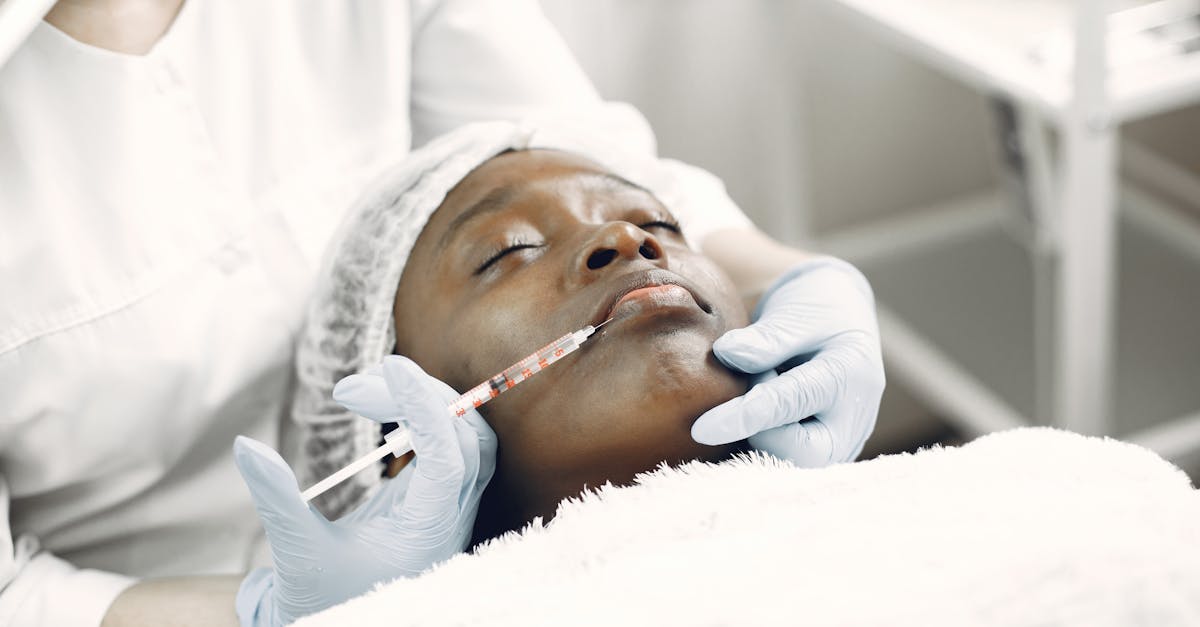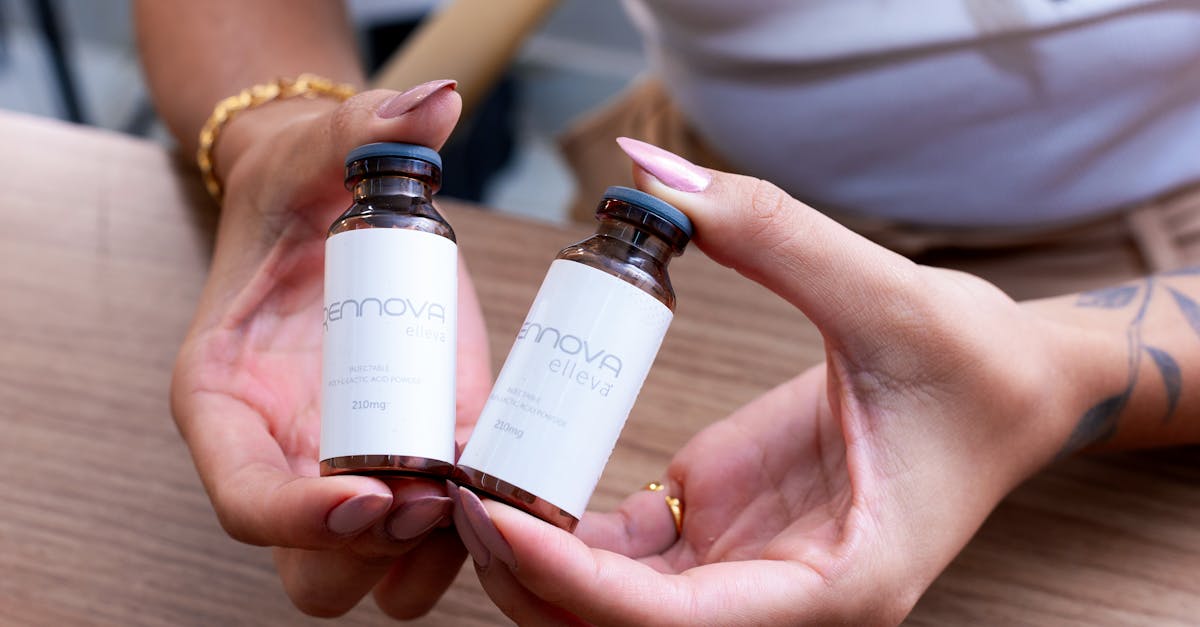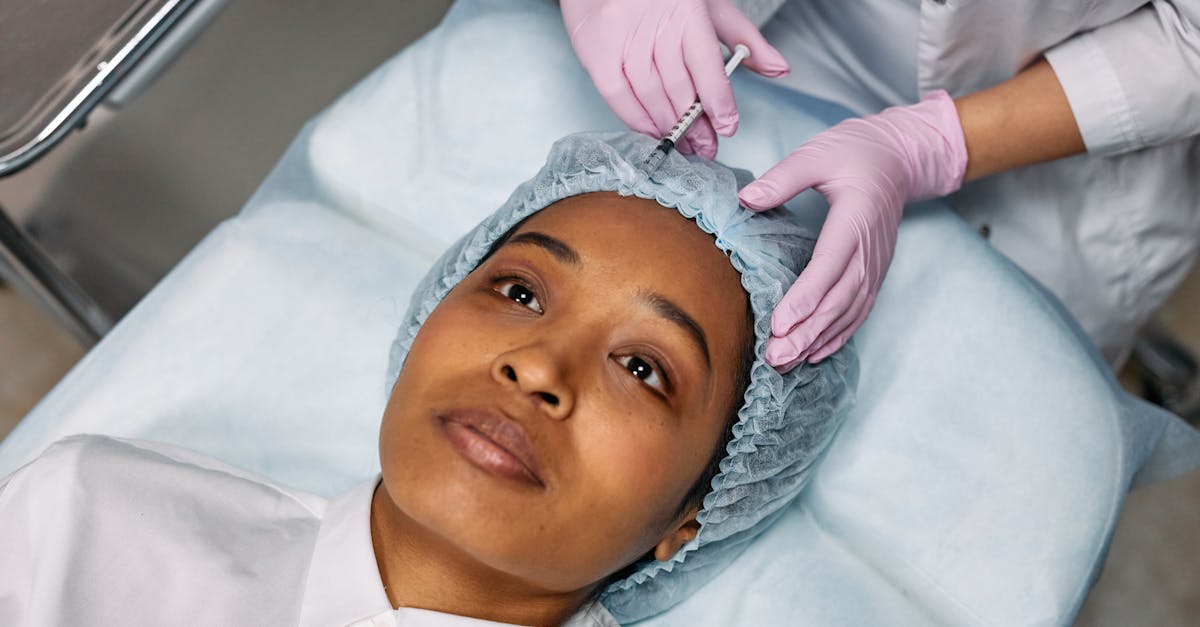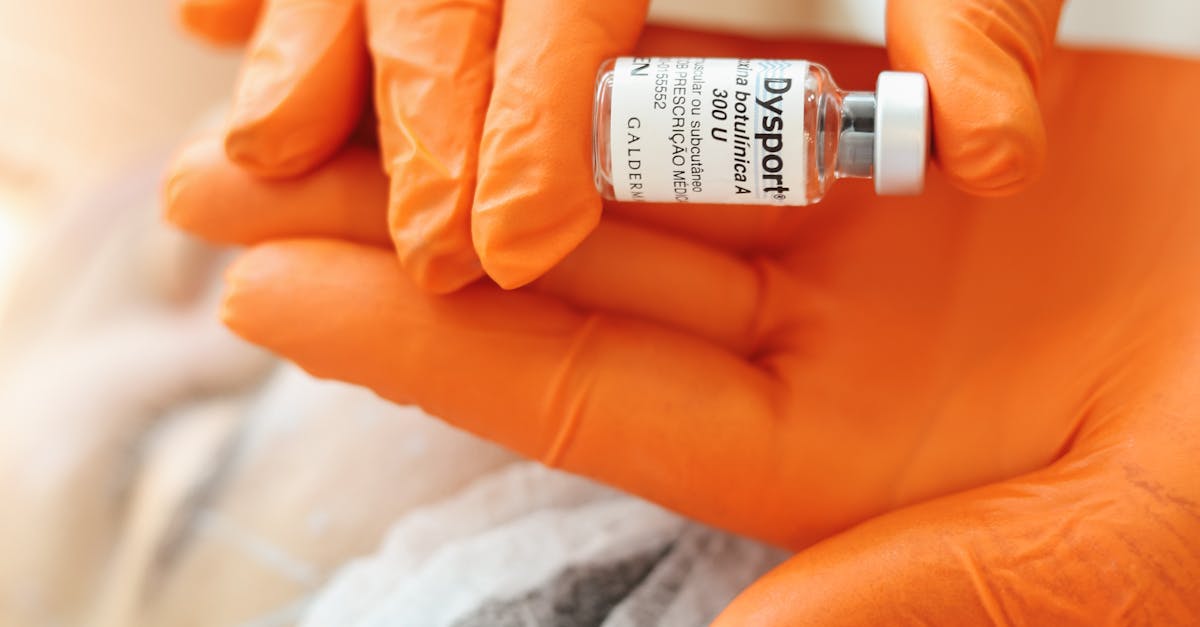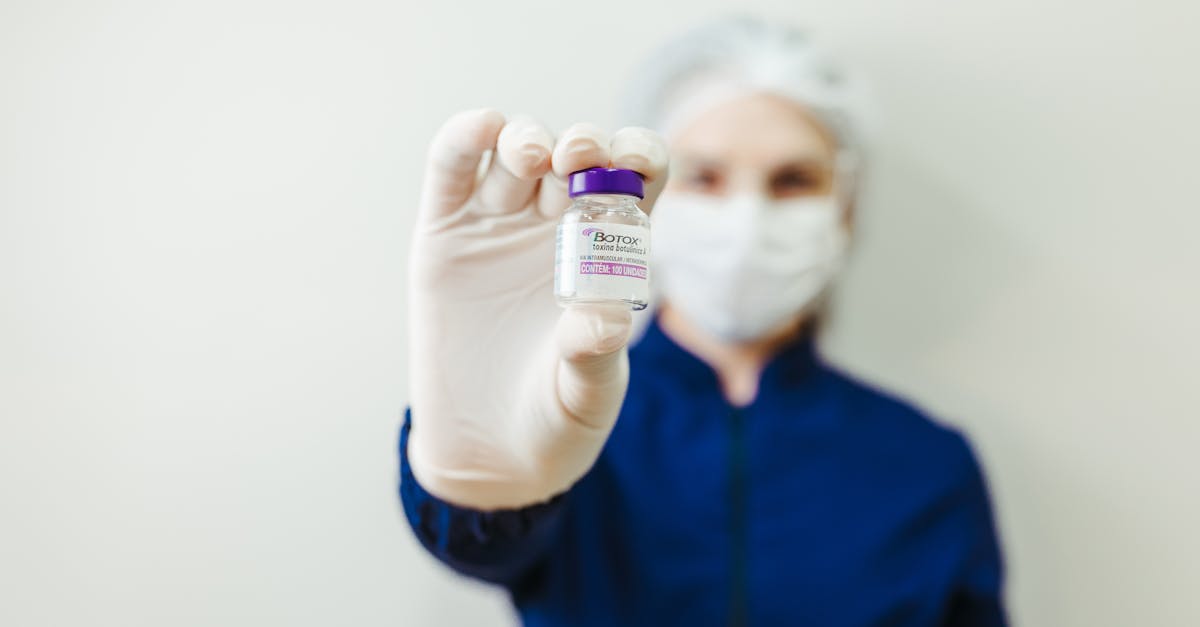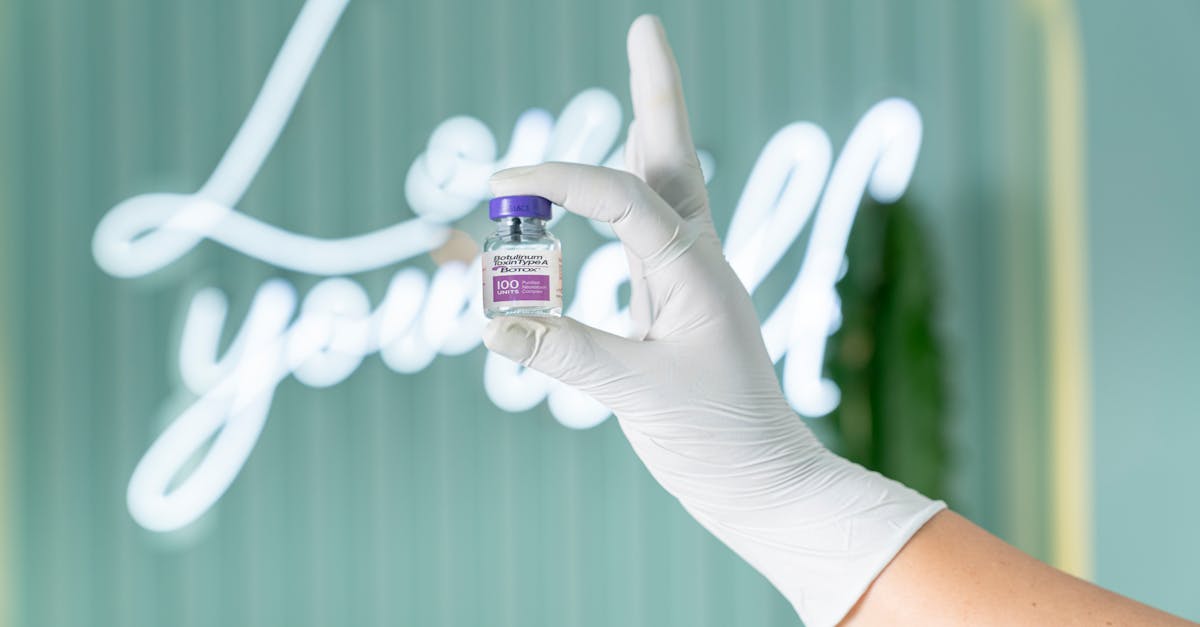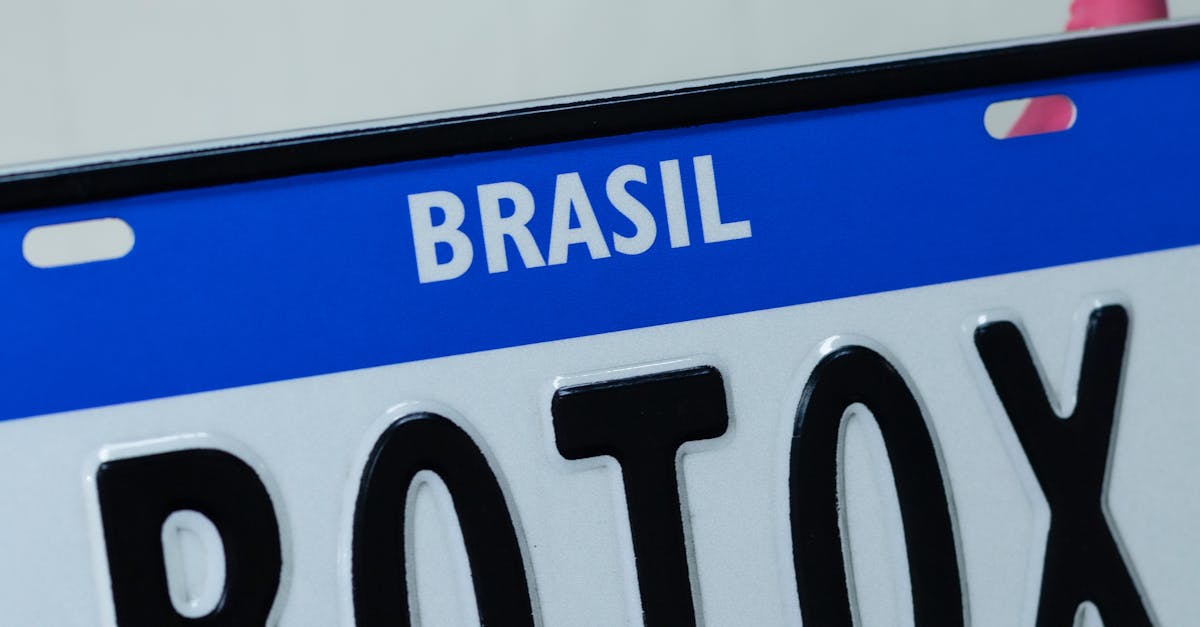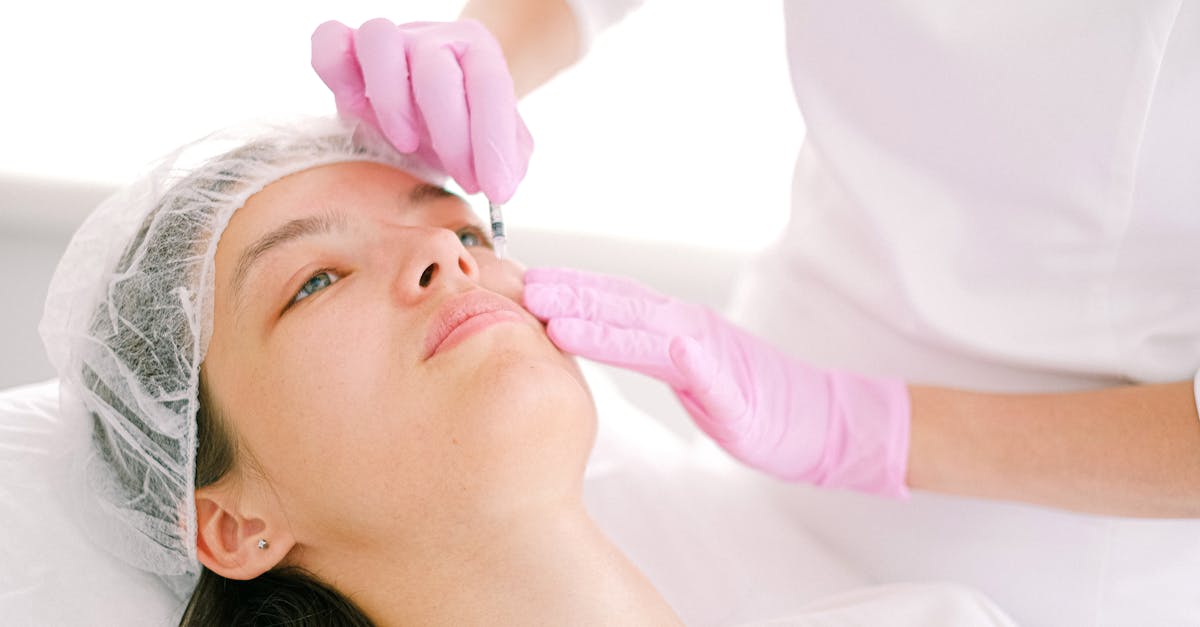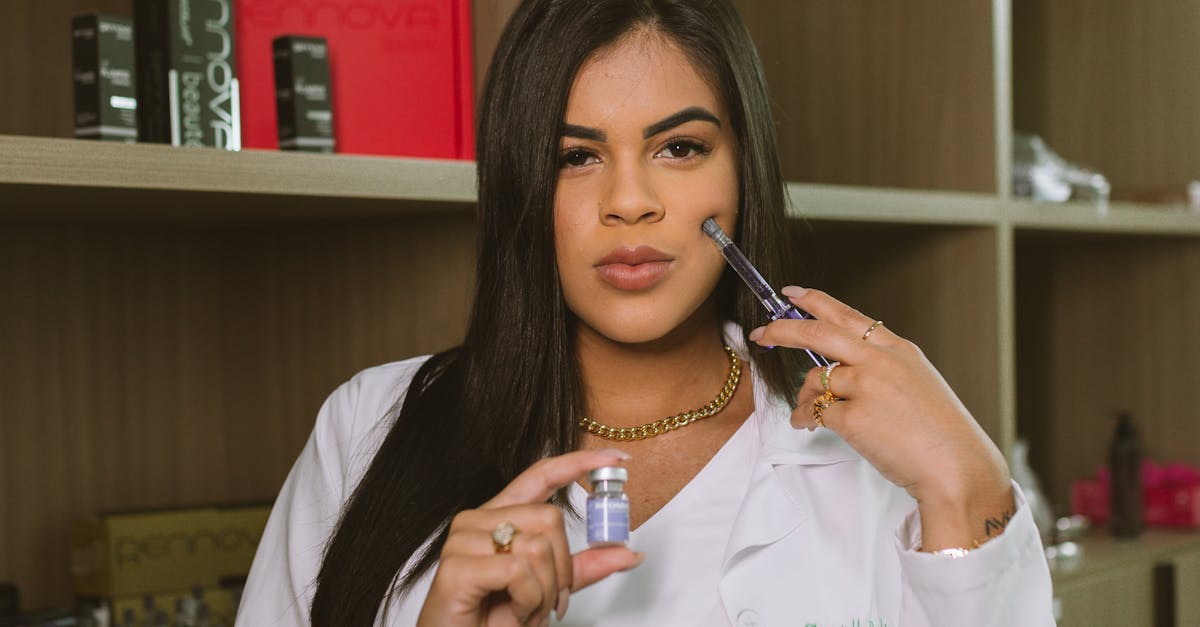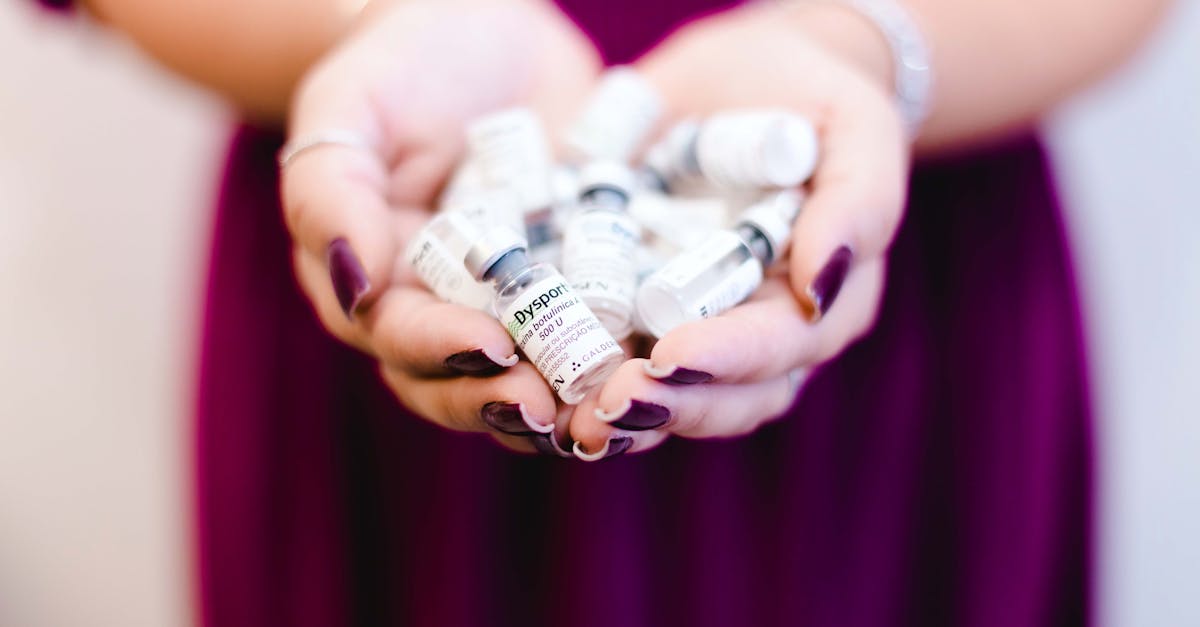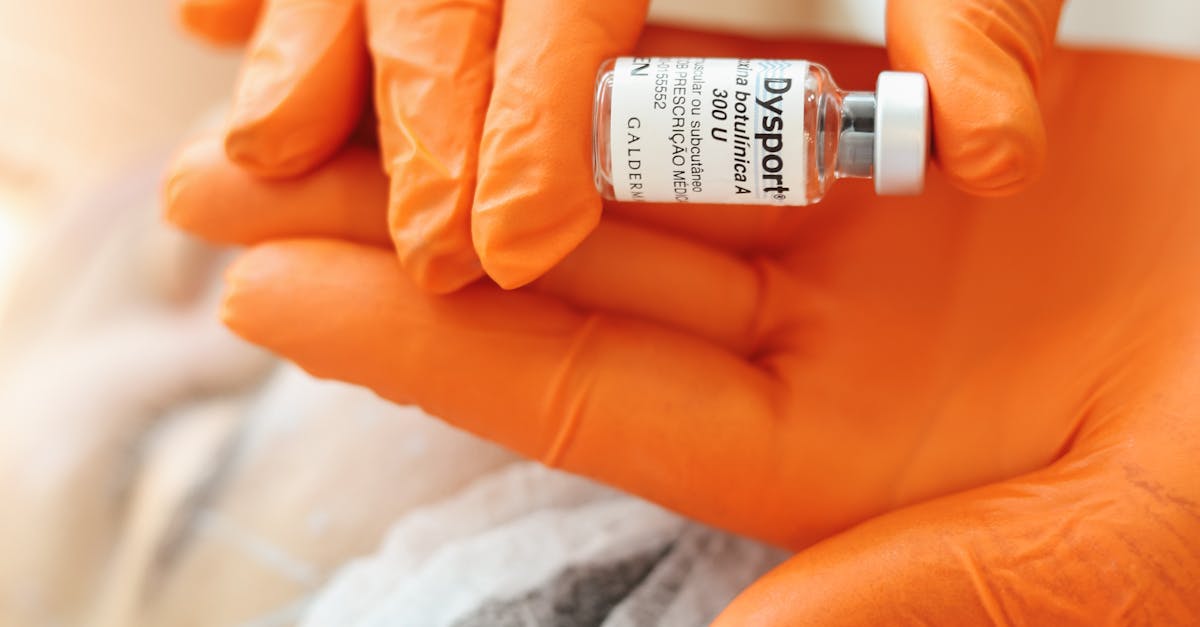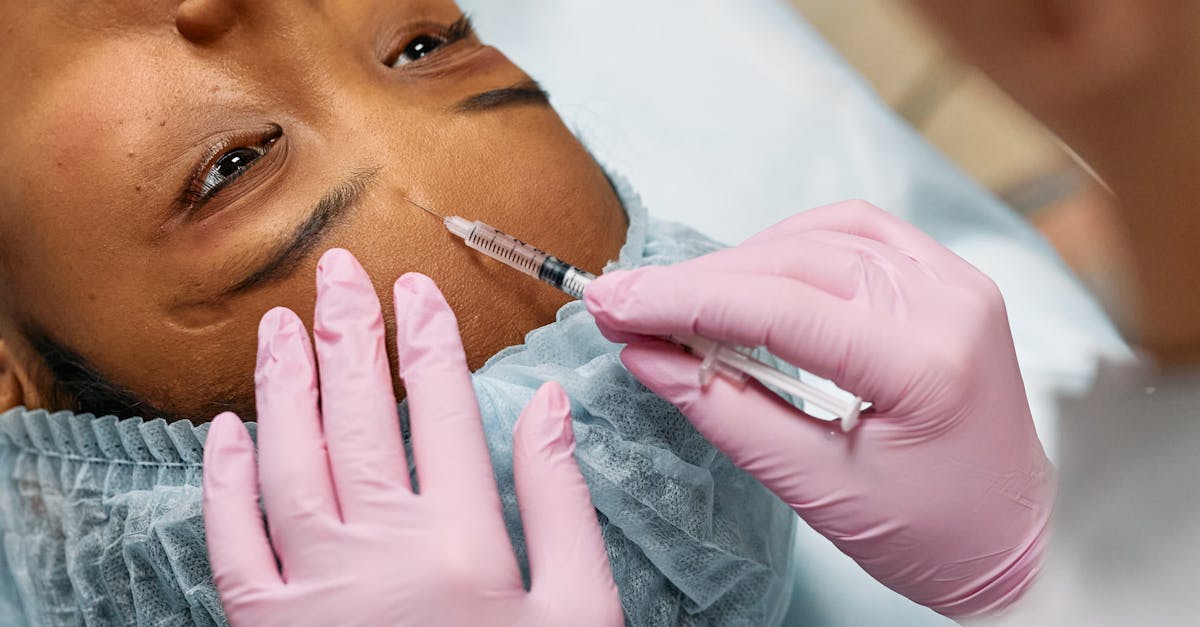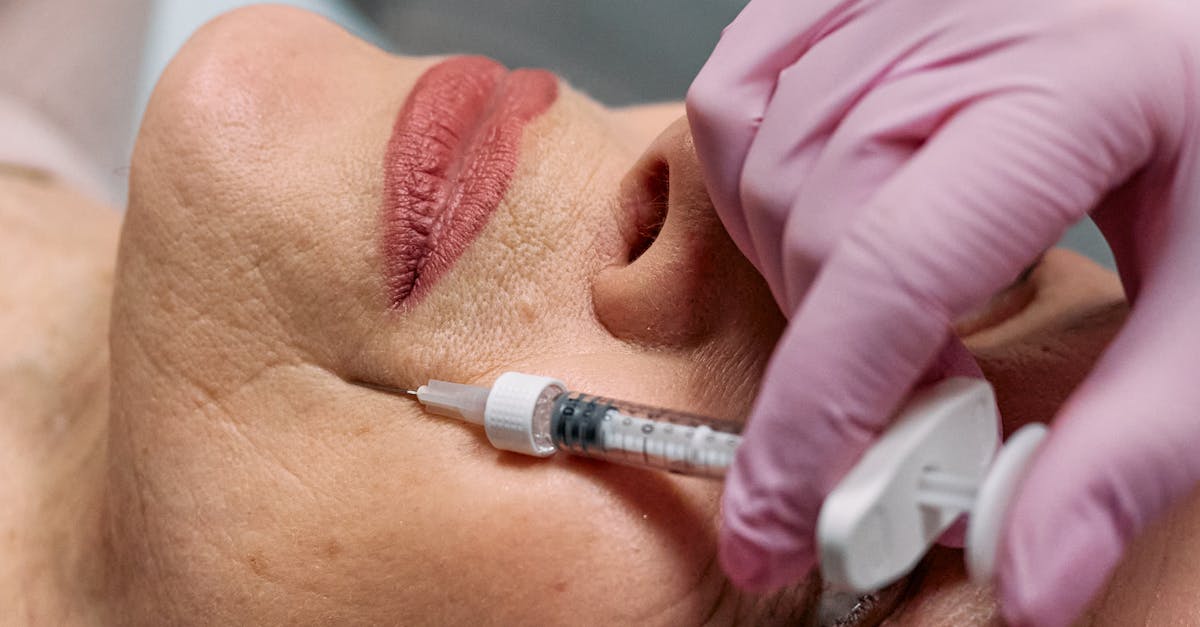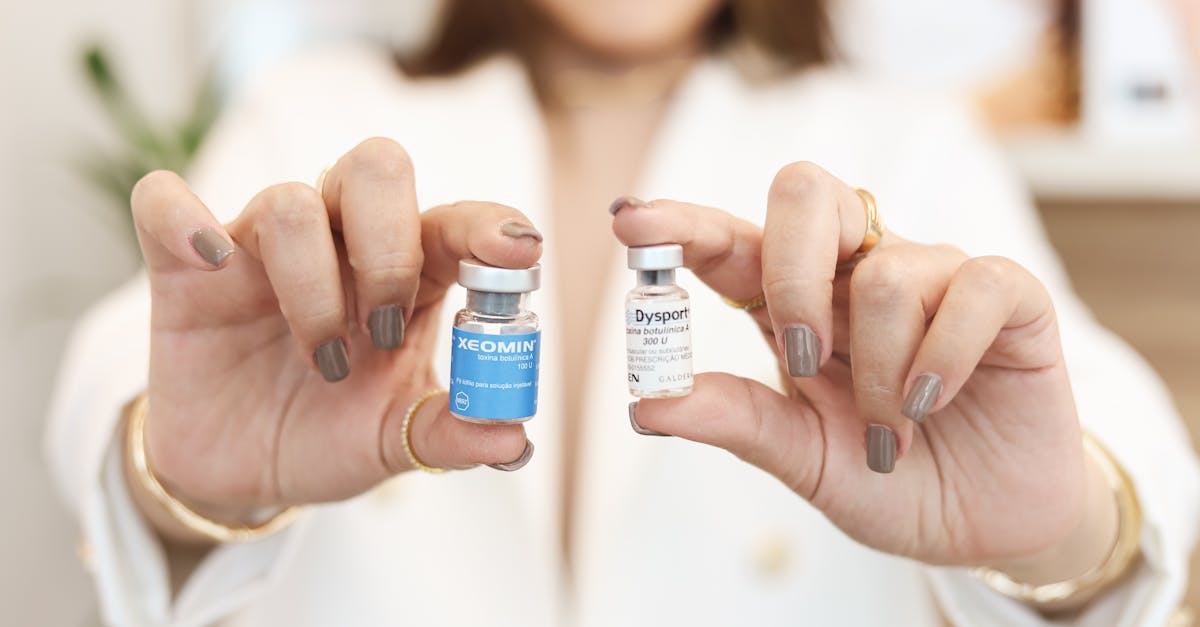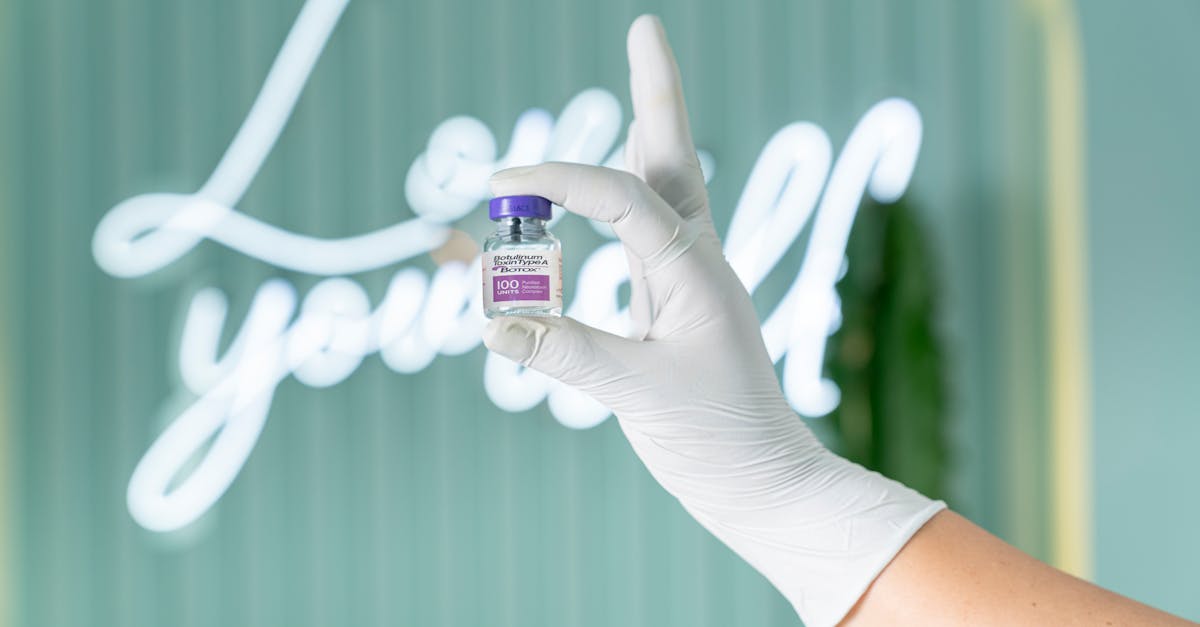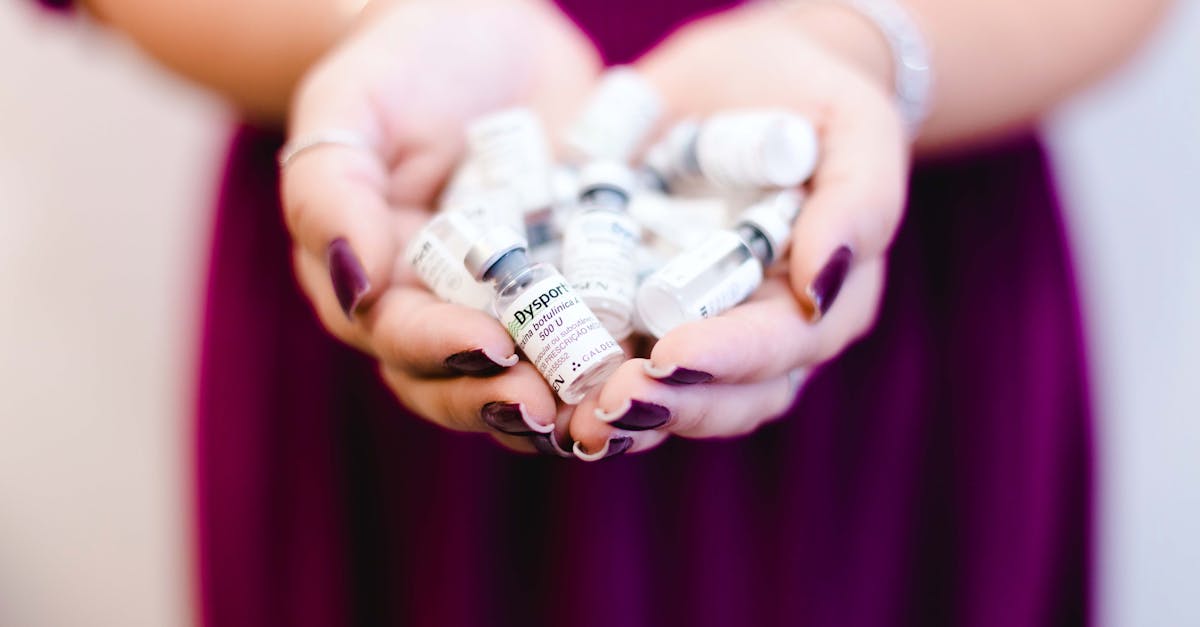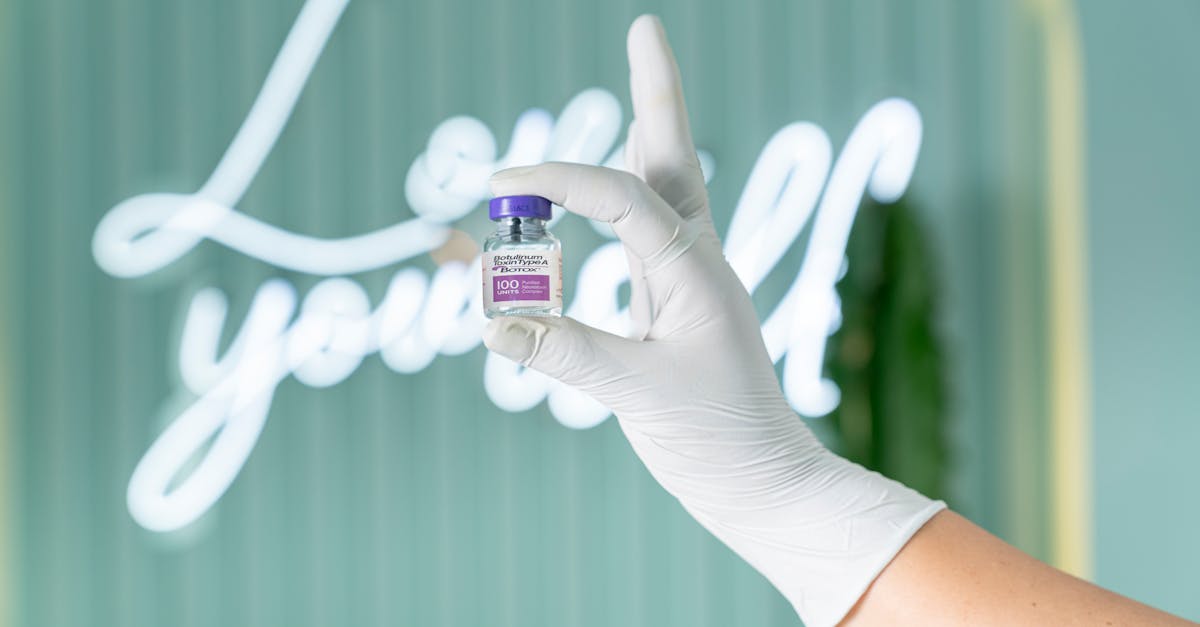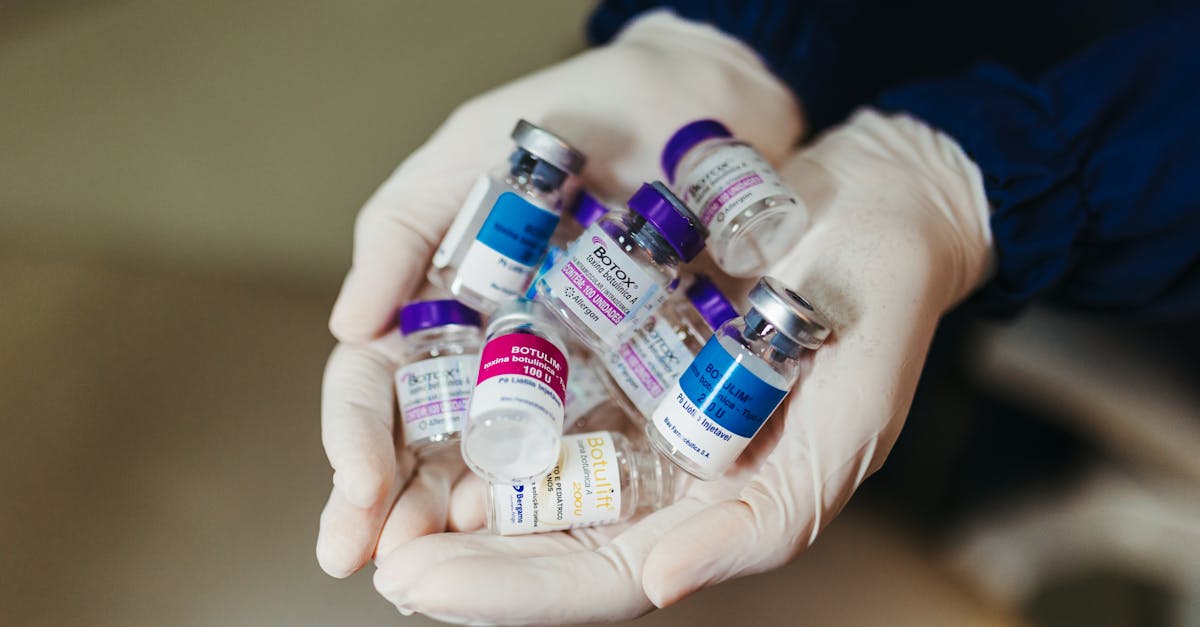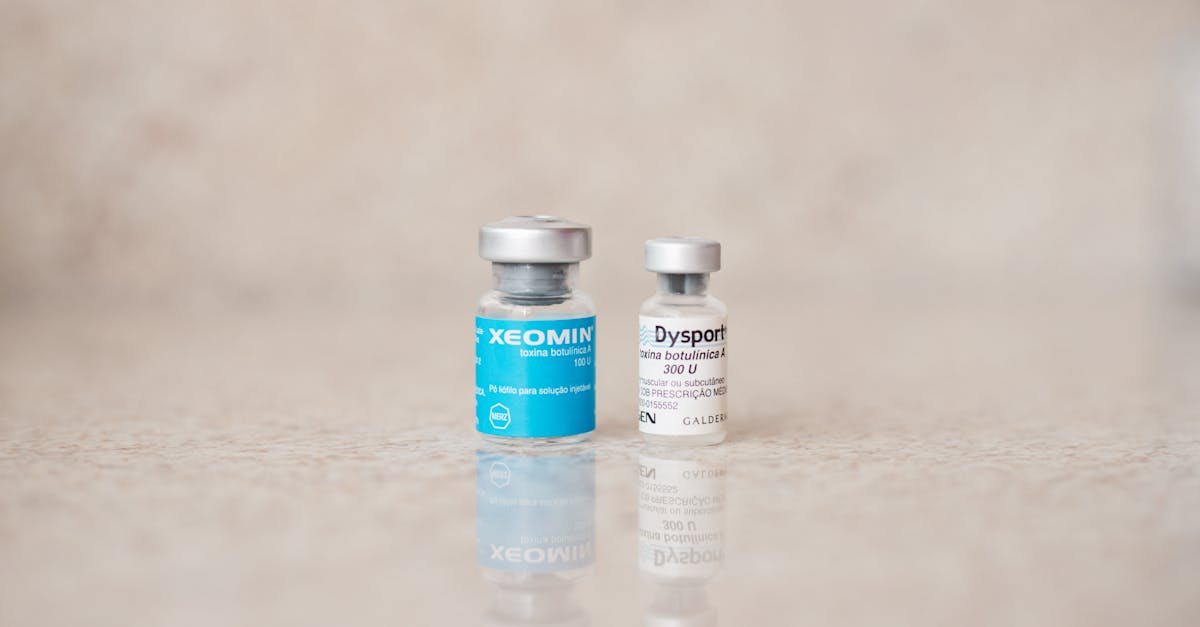- Home
- Top Reads
- Evaluating the Cost-Effectiveness of Botox Over Time
- Common Myths About Botox Longevity
- Tips for Maintaining Results Between Treatments
- The Role of Metabolism in Botox Effectiveness
- Timing Your Next Botox Appointment for Best Results
- Signs That Your Botox Is Wearing Off
- Comparing Longevity of Different Botox Brands
- How to Extend the Life of Your Botox Treatment
- Factors Influencing Botox Longevity
- Understanding the Duration of Botox Results
- Aftercare Tips for Your Botox Follow-Up Appointment
- Documenting Your Botox Follow-Up Progress
- How Follow-Up Appointments Enhance Botox Results
- The Role of Follow-Up Appointments in Botox Maintenance
- Signs You Need an Earlier Follow-Up Appointment After Botox
- Timing Your Follow-Up Appointment for Optimal Results
- Questions to Ask During Your Botox Follow-Up
- What to Expect During Your Botox Follow-Up Visit
- How to Schedule Your Follow-Up Appointment for Botox
- Importance of Follow-Up Appointments After Botox Treatment
- How to Communicate Concerns About Botox Complications to Your Provider
- Signs Your Botox Treatment May Have Gone Wrong
- Distinguishing Between Normal and Complicated Reactions
- The Importance of Monitoring Your Response to Botox
- What to Do If You Notice Complications After Botox
- Recognizing Signs of Infection After Botox Treatment
- When to Be Concerned About Botox Side Effects
- How to Identify Unusual Reactions After Botox
- Understanding Bruising and Swelling Post-Botox
- Common Signs of Botox Complications to Watch For
- Essential Oils Safe for Use After Botox
- Recommended Exfoliants for Botox Aftercare
- How to Choose the Right Eye Cream Post-Botox
- The Role of Retinol in Your Botox Aftercare Routine
- Hydrating Masks That Complement Botox Treatments
- Recommended Cleansers for Post-Botox Care
- Skincare Ingredients to Avoid After Botox
- Ideal Serums to Enhance Botox Results
- Top Sunscreens Recommended for Botox Patients
- Best Moisturizers to Use After Botox Treatments
- Top Mistakes to Avoid in Your Botox Aftercare Routine
- Skincare Routine Adjustments After Receiving Botox
- The Role of Sun Protection in Post-Botox Maintenance
- Importance of Following Aftercare Guidelines for Botox
- Recommended Activities to Promote Healing After Botox
- Avoiding Common Mistakes in Botox Aftercare
- Hydration Tips for Maximizing Botox Efficacy
- The Do's and Don'ts of Post-Treatment Care After Botox
- Success Stories: Transformations Through Botox
- How to Maintain Your Botox Results with Proper Aftercare
- Essential Steps for Post-Botox Care to Ensure Optimal Results
- Realistic Expectations for Botox Enhancements
- Factors Influencing Botox Outcomes
- Common Side Effects and Reactions Post-Botox
- Comparing Immediate vs. Long-Term Botox Results
- Evaluating the Success Rate of Botox Procedures
- Typical Outcomes of Botox for Wrinkle Reduction
- Assessing the Longevity of Botox Effects
- What to Expect After Your Botox Injection
- Understanding the Results of Botox Treatments
- How to Maximize Your Time During a Botox Treatment
- Scheduling Your Botox Appointment: Duration Considerations
- Post-Treatment Timing: When to Expect Results from Botox
- What to Expect During the Botox Procedure Time
- Comparing Duration: Botox vs. Other Cosmetic Treatments
- The Role of Preparation in Botox Procedure Duration
- Efficient Botox Sessions: Minimizing Treatment Duration
- Factors Influencing the Duration of Botox Injections
- How Long Does a Botox Treatment Take?
- Exploring Botox for Overall Facial Rejuvenation
- Understanding the Duration of Botox Procedures
- Understanding Botox for Chin Dimples and Gummy Smiles
- Botox for Brow Lift: Techniques and Results
- Botox for Hyperhidrosis: Managing Excessive Sweating
- The Use of Botox in Neck and Jawline Contouring
- Botox in the Lip Area: Enhancing Aesthetics Safely
- Botox for Frown Lines: Benefits and Considerations
- Treating Crow's Feet with Botox: A Comprehensive Guide
- Botox for Forehead Lines: What to Expect
- Popular Areas for Botox Treatment
- Innovations in Botox Injection Techniques
- Avoiding Common Mistakes in Botox Injection Techniques
- Common Injection Techniques for Botox
- Advanced Botox Injection Techniques for Professionals
- Patient Comfort During Botox Injections
- Safety Measures in Botox Injection Techniques
- Step-by-Step Guide to Botox Injections
- Comparing Different Injection Techniques for Botox
- The Role of Anatomy in Botox Injection Techniques
- Understanding the Botox Injection Technique
- Understanding the Risks and Benefits Discussed in Botox Consultations
- The Importance of Choosing the Right Practitioner for Botox
- Tips for a Successful Botox Assessment
- Common Concerns Addressed in Botox Consultations
- Evaluating Suitability for Botox: The Assessment Process
- How to Prepare for Your Botox Consultation
- What to Expect During Your Botox Assessment
- The Role of Medical History in Botox Consultations
- Key Questions to Ask During Your Botox Consultation
- Understanding the Importance of Consultation in Botox Treatments
- Recommendations for First-Time Botox Patients
- How Pregnancy and Nursing Affect Botox Eligibility
- The Role of Lifestyle in Botox Treatment Eligibility
- Common Misconceptions About Botox Candidates
- Assessing Psychological Readiness for Botox Patients
- Evaluation of Allergies Before Botox Procedures
- Age Considerations for Botox Administration
- Skin Types and Their Impact on Botox Suitability
- Factors Influencing Patient Eligibility for Botox Treatments
- Understanding Medical History for Botox Candidates
- The Pros and Cons of Botox Versus Injectable Treatments
- A Comparative Study of Botox and Face Yoga Effectiveness
- Comparing Botox with Homeopathic Treatments for Anti-Aging
- How Botox Stacks Up Against Other Neuromodulators
- Botox Versus Surgery: A Cost and Effectiveness Analysis
- The Effectiveness of Botox Compared to Natural Remedies
- Botox in Relation to Microneedling: A Comprehensive Comparison
- Comparing Botox with Laser Treatments for Wrinkle Reduction
- Botox and Chemical Peels: Which is Right for You?
- Assessing the Effects of Botox on Facial Symmetry Long-term
- Botox vs Dermal Fillers: Key Differences and Benefits
- The Psychological Implications of Extended Botox Use
- Long-term Botox Treatments: What Patients Should Know
- Investigating the Relationship Between Botox and Aging
- Potential Neurological Risks Associated with Long-term Botox Use
- How Long-term Botox Use Affects Skin Elasticity
- Long-term Safety Profile of Botox: What Studies Show
- The Impact of Repeated Botox Injections Over Time
- Evaluating the Risk of Dependency on Botox Treatments
- Understanding the Long-term Effects of Botox on Facial Muscles
- Examining the Long-Term Side Effects of Repeated Botox Use
- Botox and Bruising: Causes and Prevention Tips
- Emotional Side Effects of Botox: What Patients Should Watch For
- Temporary vs. Permanent Side Effects of Botox
- The Connection Between Botox and Headaches: Side Effects Explored
- The Impact of Botox on Facial Expression: Side Effects Explained
- Allergic Reactions to Botox: Signs and Symptoms
- Rare Side Effects of Botox: What You Need to Know
- How to Manage Side Effects After Botox Treatment
- Understanding the Common Side Effects of Botox Injections
- How Botox Can Help with Neck and Jawline Tightening
- Botox and Its Role in Non-Surgical Facial Contouring
- Botox as a Treatment for Excessive Sweating
- Exploring the Cosmetic Benefits of Botox for Younger Appearance
- The Impact of Botox on Skin Texture and Tone
- The Use of Botox for Migraines and Chronic Pain Relief
- How Botox Can Improve Facial Symmetry
- The Role of Botox in Reducing Wrinkles and Fine Lines
- Enhancing Self-Confidence Through Botox Treatments
- Understanding the Aesthetic Benefits of Botox
